Κείμενο
Πριν 20 χρόνια όταν είχα πρωτοξεκινήσει να εργάζομαι στο νοσοκομείο στο τμήμα παθολογίας μία κυρία είχει ζητήσει τη συμβουλή μου σχετικά με τη μητέρα της. Η μητέρα της ήταν 70 χρόνων και είχε εμφανίσει σημαντικά συμπτώματα άνοιας σε σημείο που ήταν δύσκολο να φροντίσει τον εαυτό της. Η ερώτηση ήταν τι μπορεί να κάνει η μητέρα της για να βοηθηθεί ή τι μπορεί να κάνει μπορεί να κάνει η ίδια και να τη βοηθήσει. Η απάντηση είναι ότι δυστυχώς τώρα δεν μπορεί να κάνει πολλά πράγματα, τα φάρμακα που υπάρχουν δεν βοηθούν ιδιαίτερα η διατροφή και τα συμπληρώματα διατροφής που μπορεί να δοκιμάσει μπορούν να επιβραδύνουν την εξέλιξη αλλά όταν κάποιος έχει ήδη σημαντικά συμπτώματα δεν μπορούμε να περιμένουμε βελτίωση σε αυτά. Αν και μπορούμε κάποια επιβράδυνση στο ρυθμό της χειροτέρευσης. Λυπάμαι που το λέω αυτό αλλά 20 χρόνια μετά δεν θα της έδινα διαφορετική απάντηση. Δυστυχώς δεν υπάρχει θεραπεία για την άνοια. Τα τελευταία 20 χρόνια όμως έχουμε κάνει πάρα πολύ μεγάλη πρόοδο σε μία σειρά από αλλαγές στον τρόπο ζωής που μπορούμε να κάνουμε οι οποίες μειώνουν σημαντικά την πιθανότητα να εμφανίσει κάποιος άνοια στο μέλλον. Άρα το σημαντικότερο είναι κάποιος είναι να εφαρμόσει αυτές τις αλλαγές από την ηλικία των 40 των 30 αλλά ακόμα και των 20 ετών για να μειώσει σημαντικά την πιθανότητα να εμφανίσει άνοια στα 70. Σε σχέση με τις τροφές το σημαντικότερο είναι να φροντίσετε η διατροφή σας να έχει μεγάλη περιεκτικότητα σε φυτικές ίνες και ειδικά σε φυτικές ίνες που είναι υδατοδιαλυτές. Αυτό επιβεβαιώθηκε για μια ακόμη φορά από μια μελέτη που έγινε σε 3.700 άτομα που ερωτήθηκαν σχετικά με τη διατροφή τους τα 40 και τους παρακολουθούσαν στη συνέχεια για άλλα 20 χρόνια. Αυτοί που είχαν τη μεγαλύτερη κατανάλωση φυτικών ινών είχαν 26% μικρότερη πιθανότητα να εμφανίσουν άνοια. Ας δούμε λοιπόν ποιες τροφές έχουν πολλές υδατοδιαλυτές φυτικές ίνες που καλό είναι να καταναλώνεται σε μεγάλες ποσότητες αν θέλετε να έχετε και εσείς αυτά τα οφέλη. Φασόλια. Είμαι σίγουρος ότι έχετε

καταλάβει πόσο λατρεύω τα όσπρια και ειδικά τα φασόλια που είναι από τις πρώτες μου επιλογές γιατί έχουν μεγάλη ποικιλία σε είδη χρώματα και συνταγές. Έχω ξαναπεί από αυτό το κανάλι ότι το ιδανικό είναι να βρίσκουμε όσπρια που έχουν έντονα χρώματα όπως τα μαύρα φασόλια, οι χάντρες κόκκινα φασόλια και τα μπαρμπουνοφάσουλα. Από αυτά τα καταπληκτικά φασόλια τα μαύρα αυτά που λέμε και μεξικάνικα φασόλια είναι αυτά που περιέχουν τις περισσότερες υδατοδιαλυτές φυτικές ίνες. Δυστυχώς στην Ελλάδα πολλοί δεν τα καταναλώνουν για αυτό καλό είναι να αρχίσετε να τα ανακαλύπτετε γιατί έχουν καταπληκτική γεύση και προστατεύουν και τον εγκέφαλό σας. Αβοκάντο. Το αβοκάντο είναι από τα καλύτερα πράγματα που μπορεί να προσθέσει κάποιος σε μία υπέροχη σαλάτα. Εκτός του ότι είναι χορταστικό γιατί περιέχει αρκετά αναγκαία λιπαρά έχει μεγάλη περιεκτικότητα και σε υδατοδιαλυτές φυτικές ίνες. Γλυκοπατάτες. Άλλο ένα συστατικό διατροφής που θα ήθελα να έβλεπα περισσότερο στην ελληνική αλλά και στην παγκόσμια κουζίνα είναι οι γλυκοπατάτες. Οι γλυκοπατάτες είναι πάρα πολύ πιο θρεπτικές από τις κανονικές πατάτες γιατί περιέχουν πολλές φυτοθρεπτικές ουσίες και πολλά μέταλλα και ιχνοστοιχεία ταυτόχρονα περιέχουν μεγάλες ποσότητες σε υδατοδιαλυτές φυτικές ίνες που προστατεύουν τον εγκέφαλο. Μπρόκολο. Έχω πει σε προηγούμενα βίντεο πόσο χρήσιμα είναι όλα τα λαχανικά από την οικογένεια των σταυρανθών για την ισχυρή αντικαρκινική δράση που έχουν και την πολύ ωφέλιμη δράση στις γυναικείες ορμόνες. Στη μακριά λίστα με τα οφέλη που έχουν τα σταυρανθή και ιδιαίτερα το μπρόκολο για την υγεία μας είναι η προστασία από την άνοια. Συνυπολογίζοντας ότι αν εμφανίζεται δύο φορές πιο συχνά στις γυναίκες από ότι στους άντρες θεωρώ ότι οι περισσότερες γυναίκες πρέπει να καταναλώνουν μπρόκολο συστηματικά την εποχή που είναι διαθέσιμο. Σύκα, αχλάδια και βερίκοκα. Όλα τα φρούτα περιέχουν πολλές φυτικές ίνες και συχνά υδατοδιαλυτές φυτικές ίνες. Τρία όμως φρούτρα ξεχωρίζουν πολύ περισσότερα από τα υπόλοιπα για τη

μεγαλύτερη περιεκτικότητα τους σε υδατοδιαλυτές φυτικές ίνες. Αυτά είναι τα σύκα τα αχλάδια και τα βερίκοκα. Το πρακτικό είναι ότι τα σύκα και τα βερίκοκα μπορούμε να τα απολαμβάνουμε αποξηραμένα όλο το χρόνο. Καρότα. Αξιόλογη περιεκτικότητα σε υδατοδιαλυτές φυτικές ίνες έχουν και τα καρότα τα οποία καλό είναι να τα χρησιμοποιούμε όσο πιο συχνά γίνεται γιατί ταιριάζουν και σε πολλά πιάτα. Λιναρόσπορος. Φαντάζομαι ότι κάπου εδώ περιμένετε να ακούσετε για το λιναρόσπορο. Όπως έχω πει επανειλημμένα ο λιναρόσπορος έχει τεράστια οφέλη για την υγεία και πρέπει να βρίσκεται στον πάγκο της κουζίνας μας και να τον χρησιμοποιούμε σε όσα περισσότερα πιάτα είναι εφικτό. Συνυπολογίστε λοιπόν ότι μαζί με τα πολύ σημαντικά για την υγεία ωμέγα-3 που περιέχουν και τις αντικαρκινικές λιγνίνες ο λιναρόσπορος είναι πάρα πολύ πλούσιος και σε υδατοδιαλυτές φυτικές ίνες. Έχουν δηλαδή άλλον έναν τρόπο να προστατεύσουν τον εγκέφαλό μας. Βρώμη και κριθάρι. Αν και το σιτάρι είναι το πιο συχνό δημητριακό που καταναλώνει ο περισσότερος κόσμος τα περισσότερα θρεπτικά συστατικά βρίσκονται στα συγγενή του δημητριακά βρώμη και κριθάρι. Μέσα από το κανάλι ενθαρρύνω όσο περισσότερο μπορώ την κατανάλωση εναλλακτικών δημητριακών και η βρώμη και το κριθάρι αποτελούν από τις καλύτερες επιλογές. Μεγάλη περιεκτικότητα τους σε φυτικές ίνες είναι ένας ακόμα λόγος να προτιμήσουμε. Δεν είναι όμως μόνο η διατροφή που παίζει σημαντικό ρόλο στην πρόληψη της άνοιας. Στο παρελθόν είχαν δημοσιεύσει ένα βίντεο το οποίο παρουσίαζε πέντε αλλαγές στον τρόπο ζωής που μπορείτε να κάνετε σήμερα για να μειωθεί σημαντικά η πιθανότητα να εμφανίσετε άνοια στο μέλλον. Το συγκεκριμένο βίντεο εμφανίζεται αυτή τη στιγμή στα δεξιά μου και αν σας ενδιαφέρει το θέμα πρέπει οπωσδήποτε να το δείτε. Ευχαριστώ πολύ!

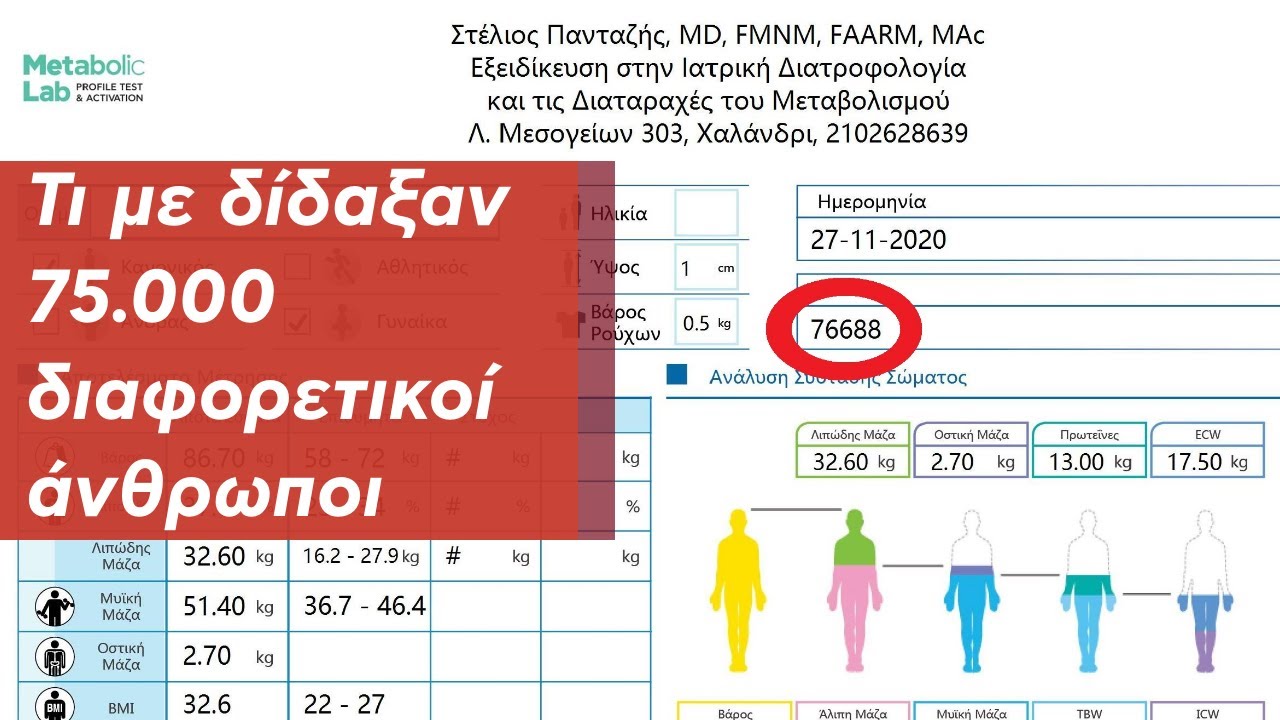

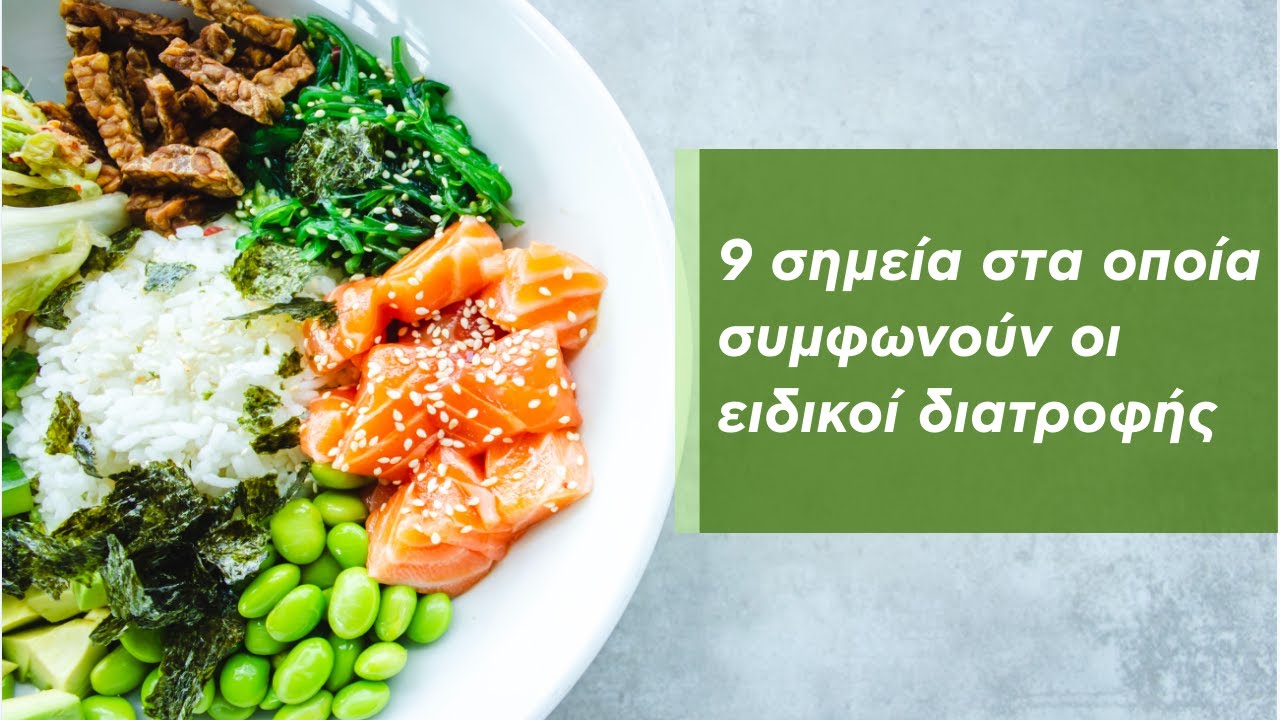
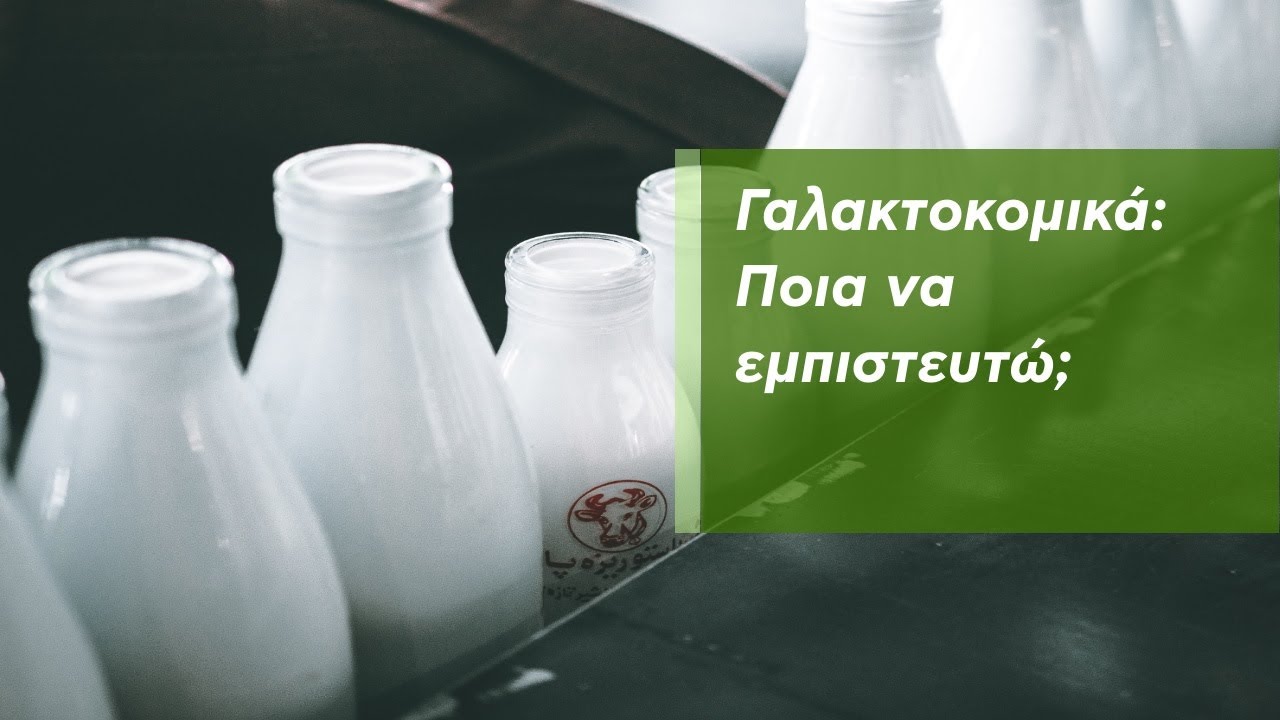
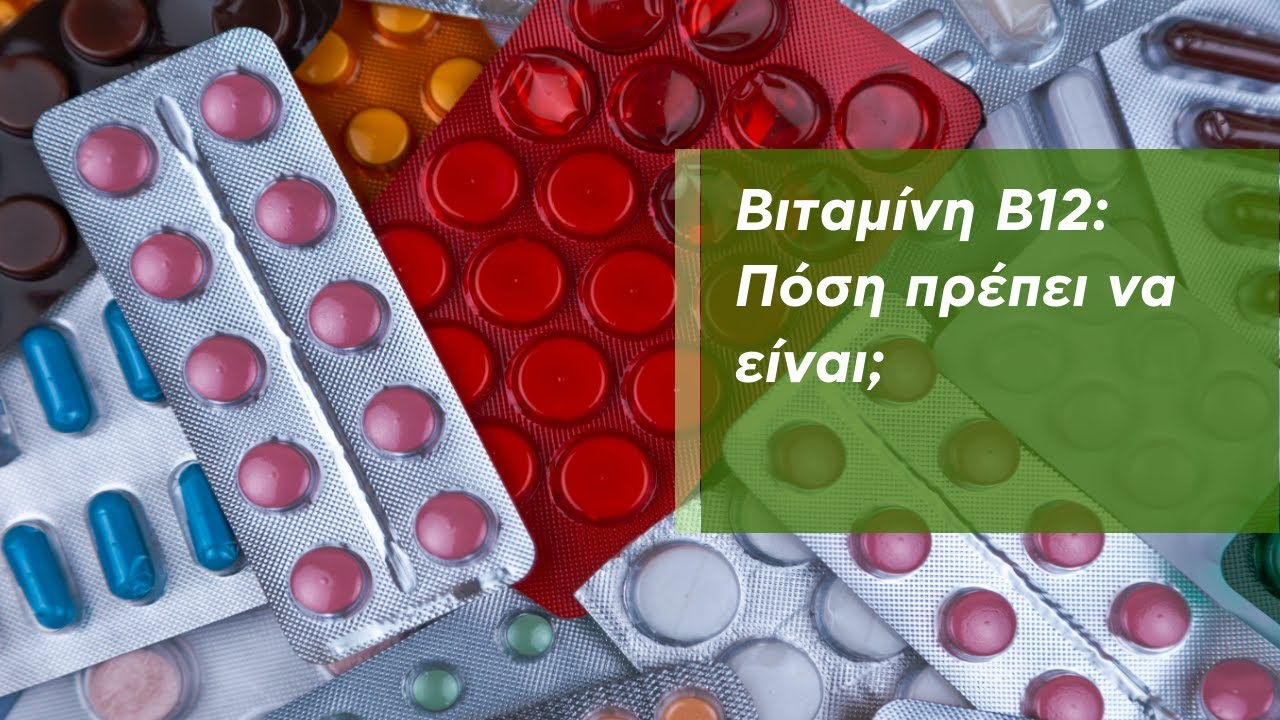

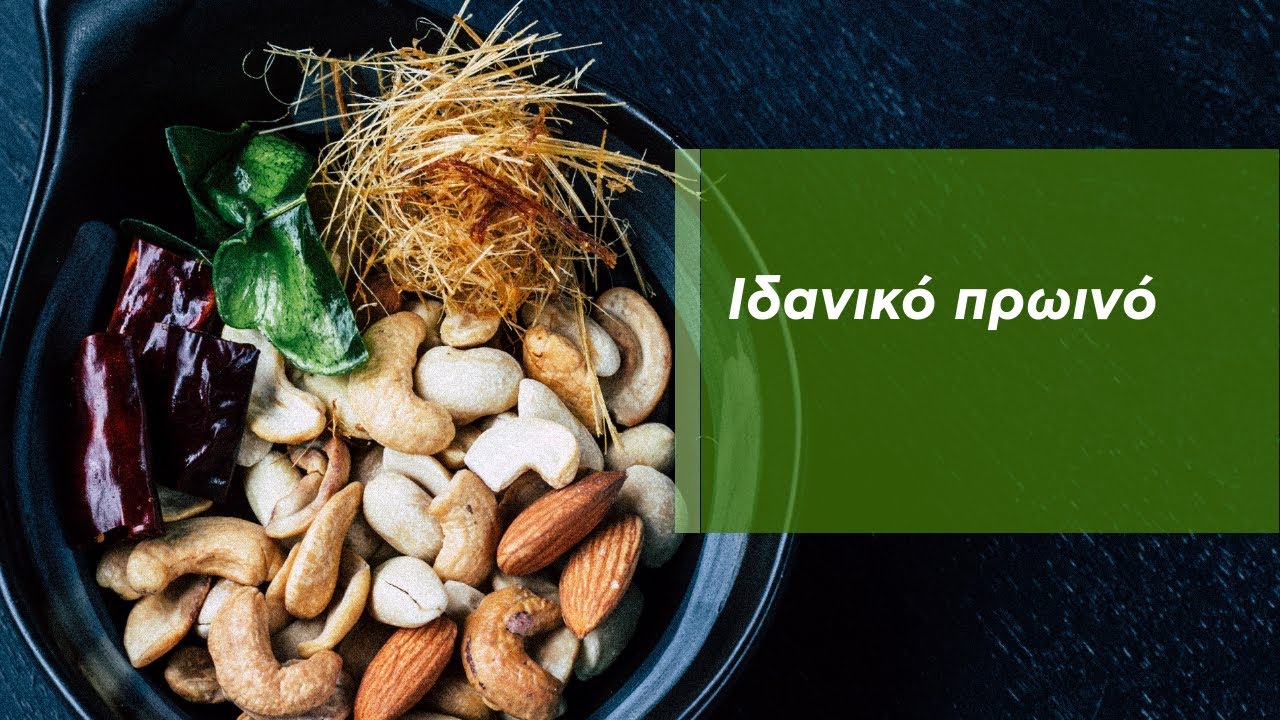
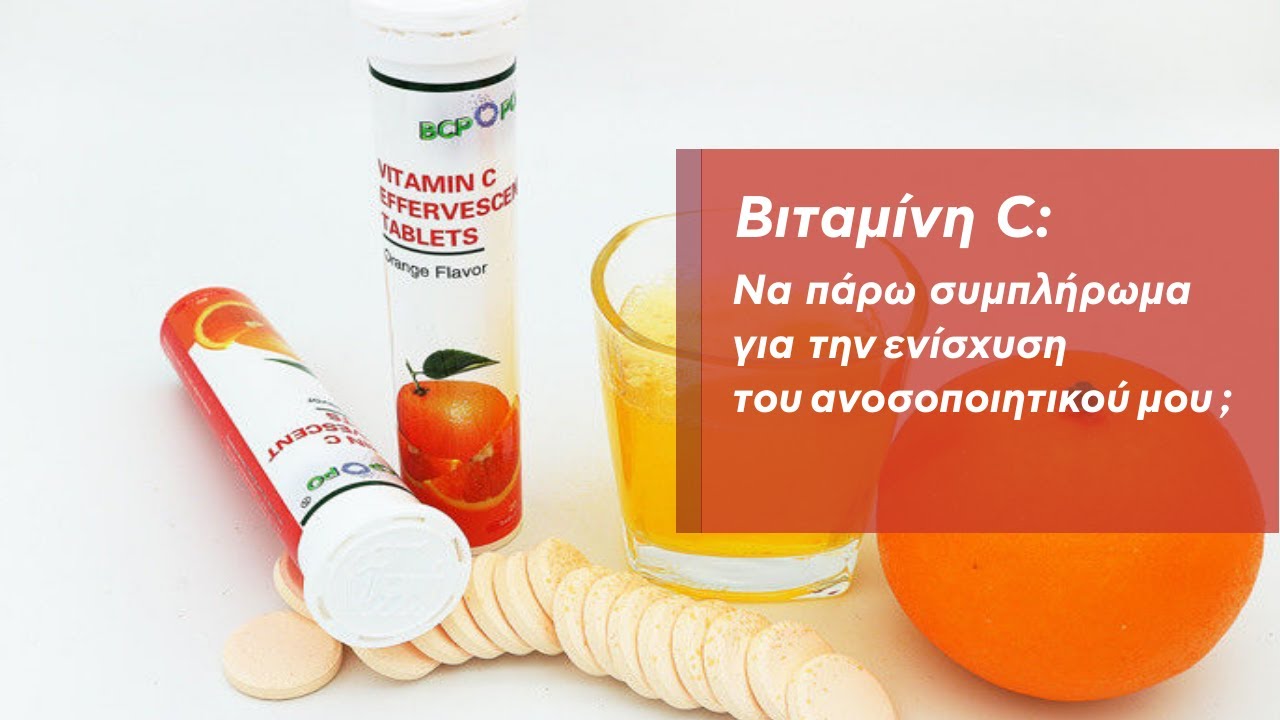
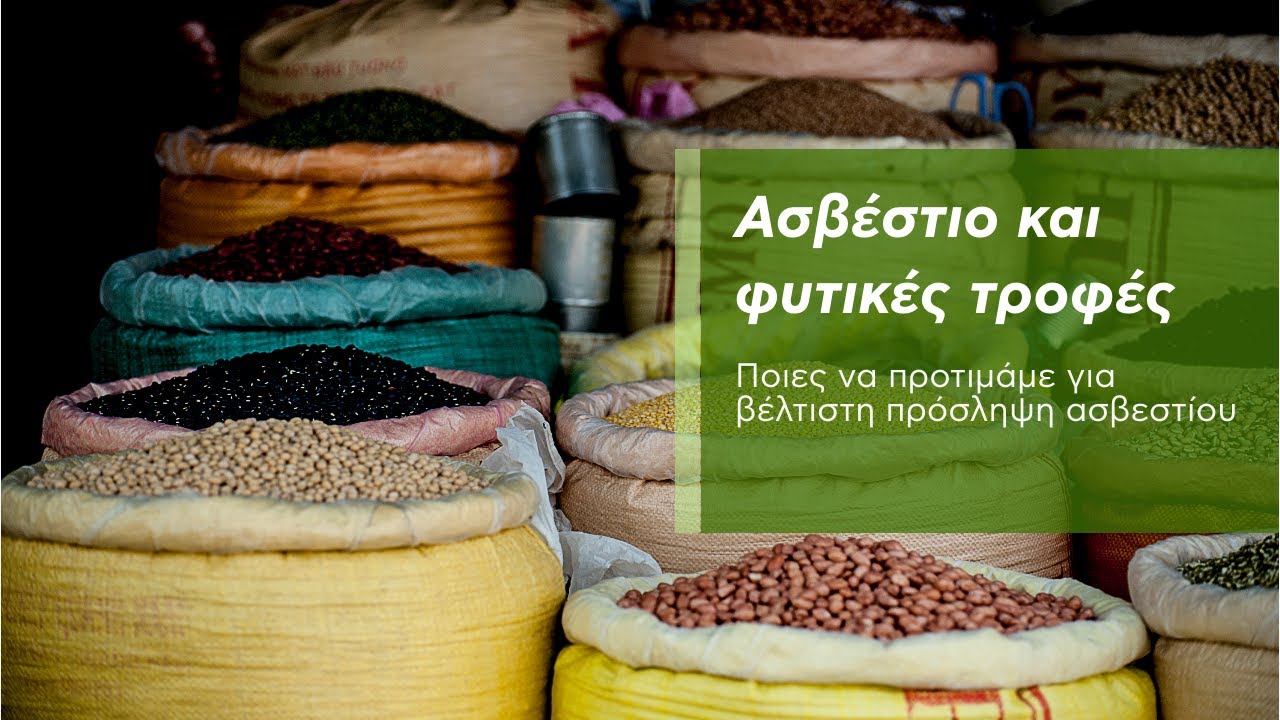


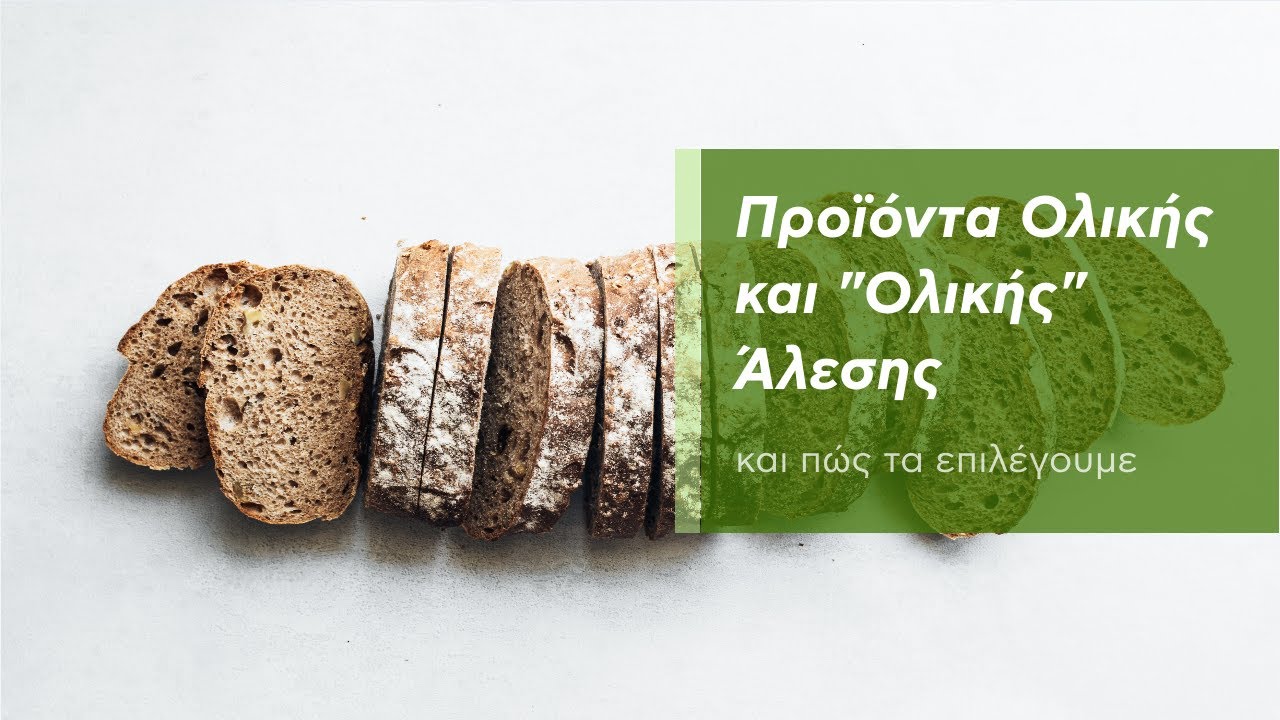
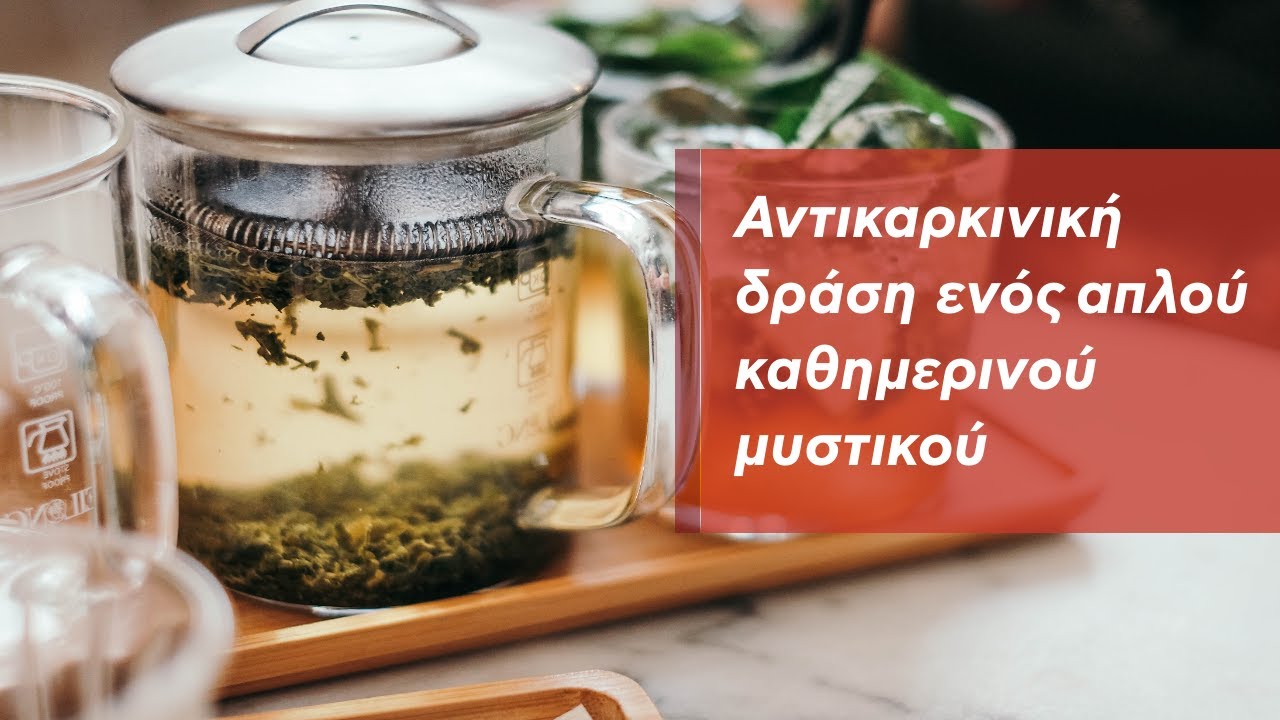
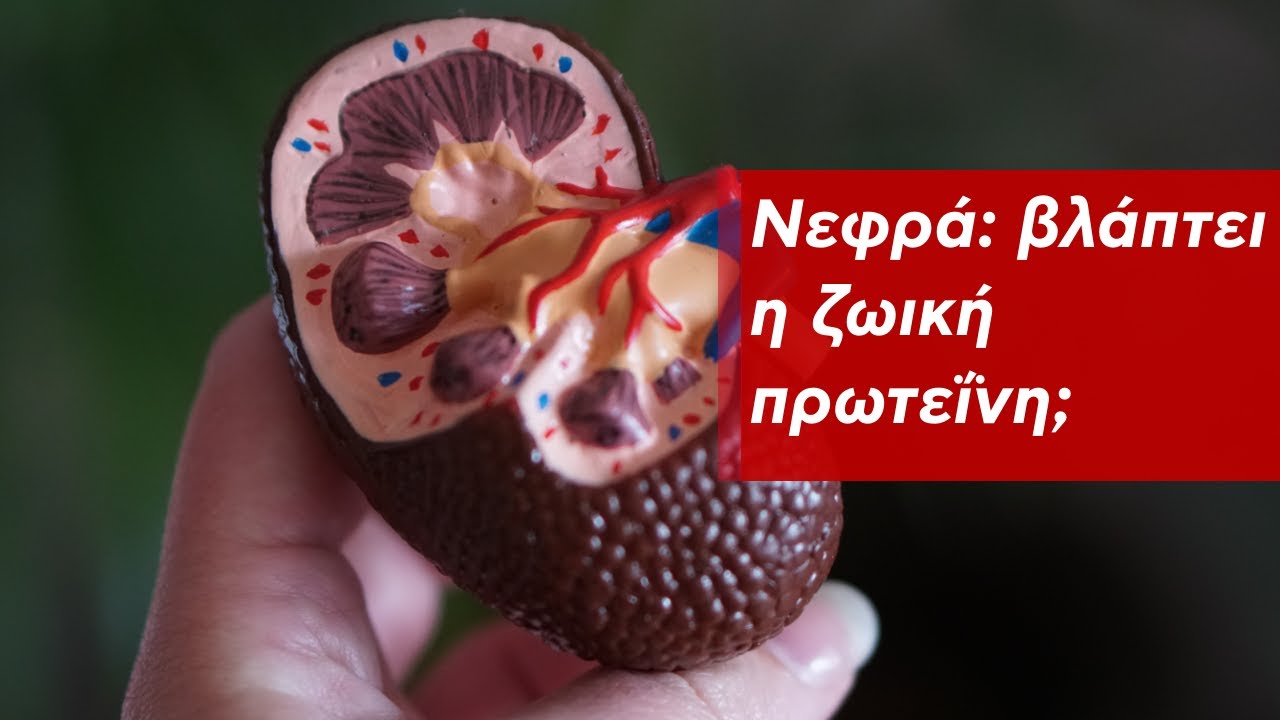
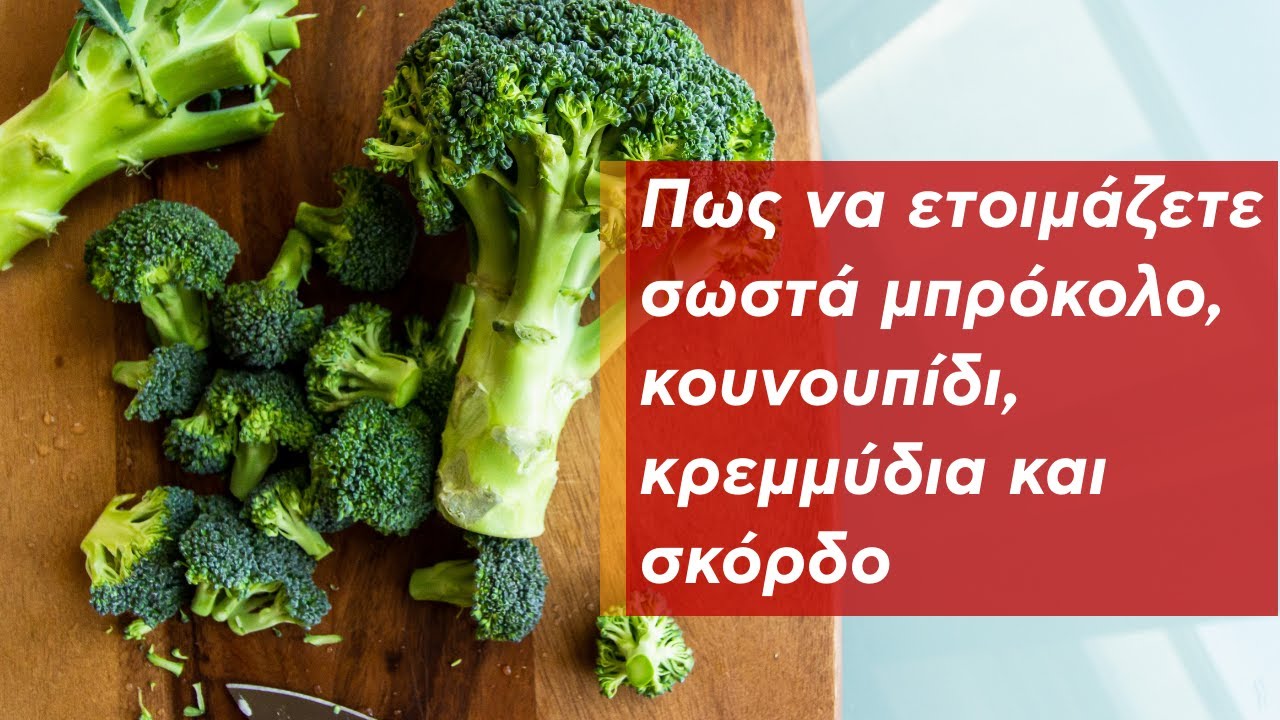
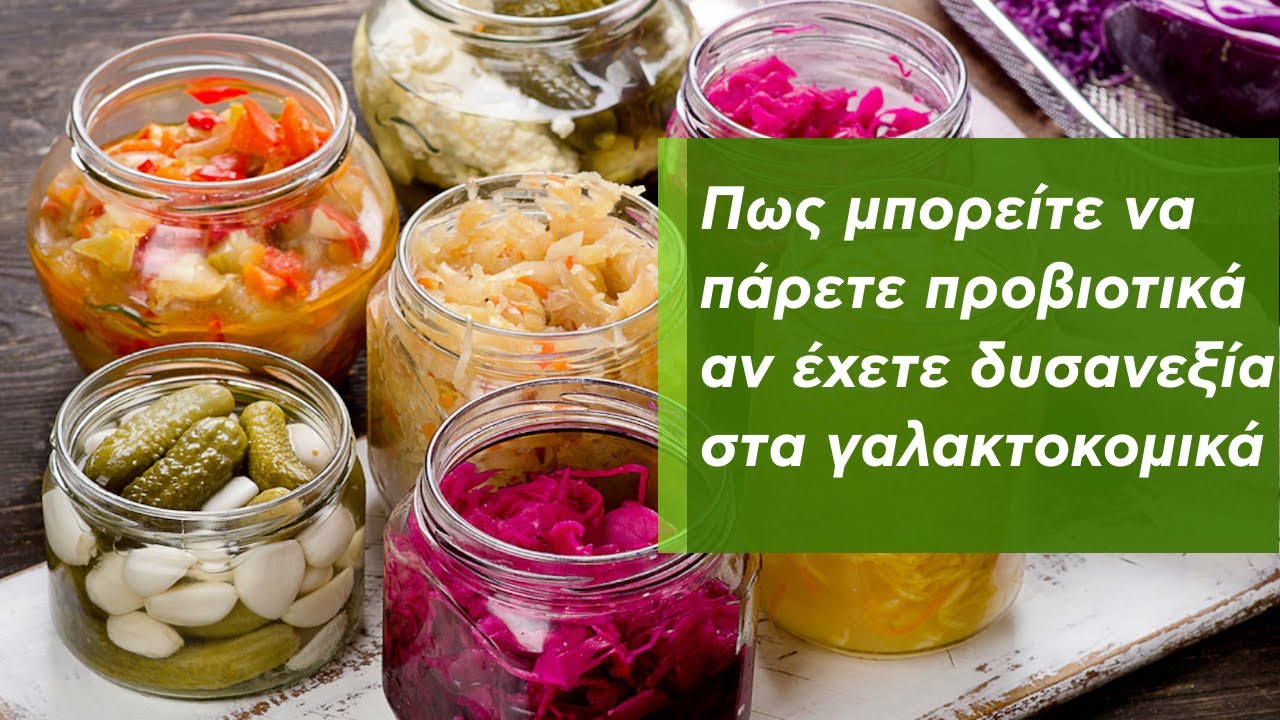


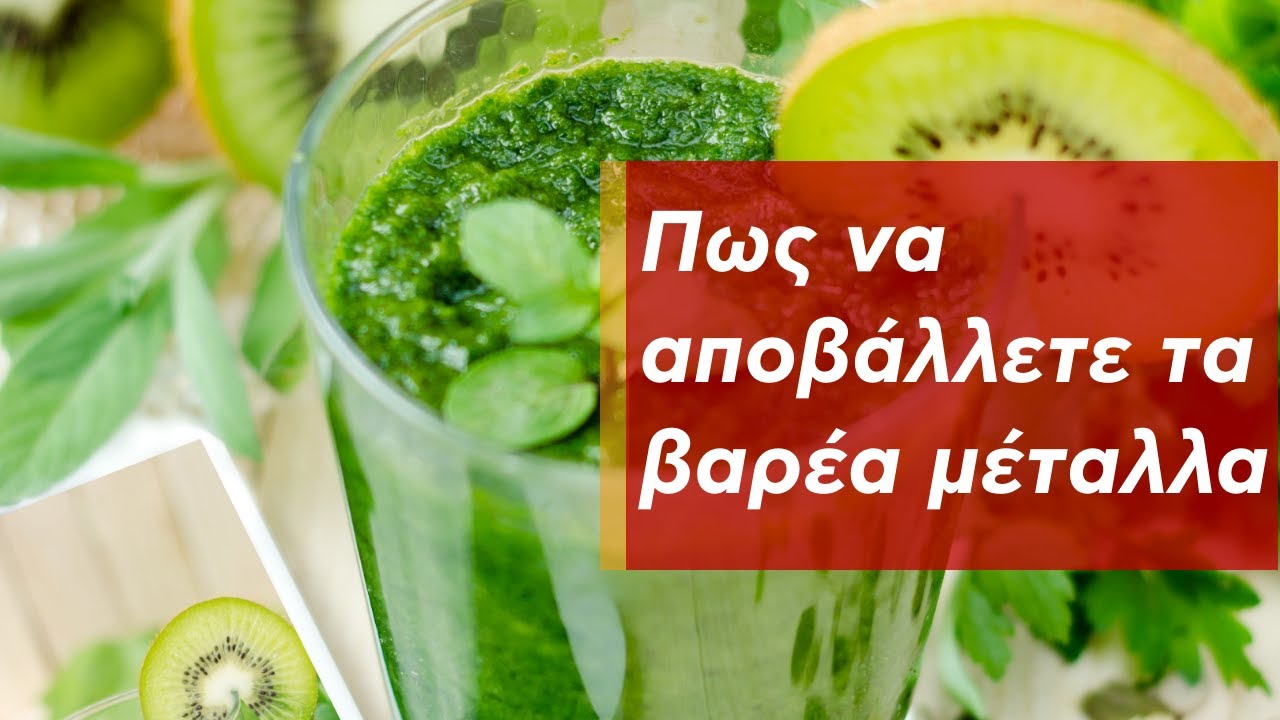

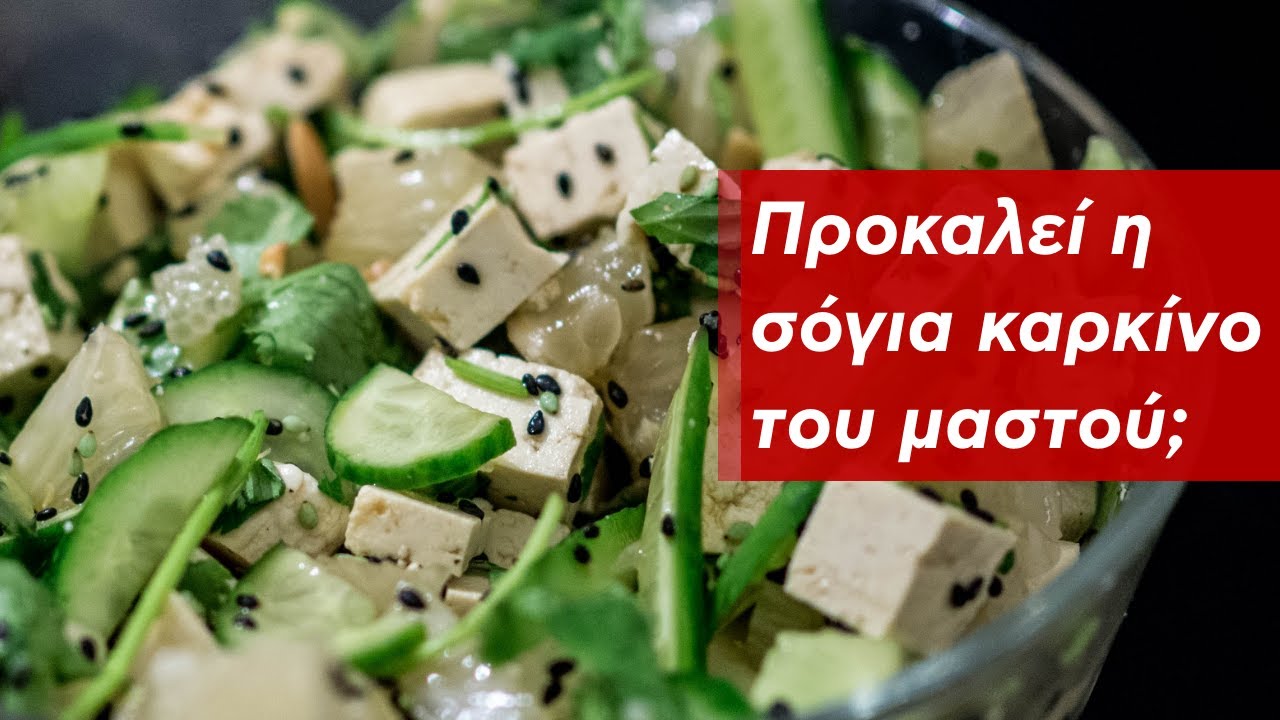



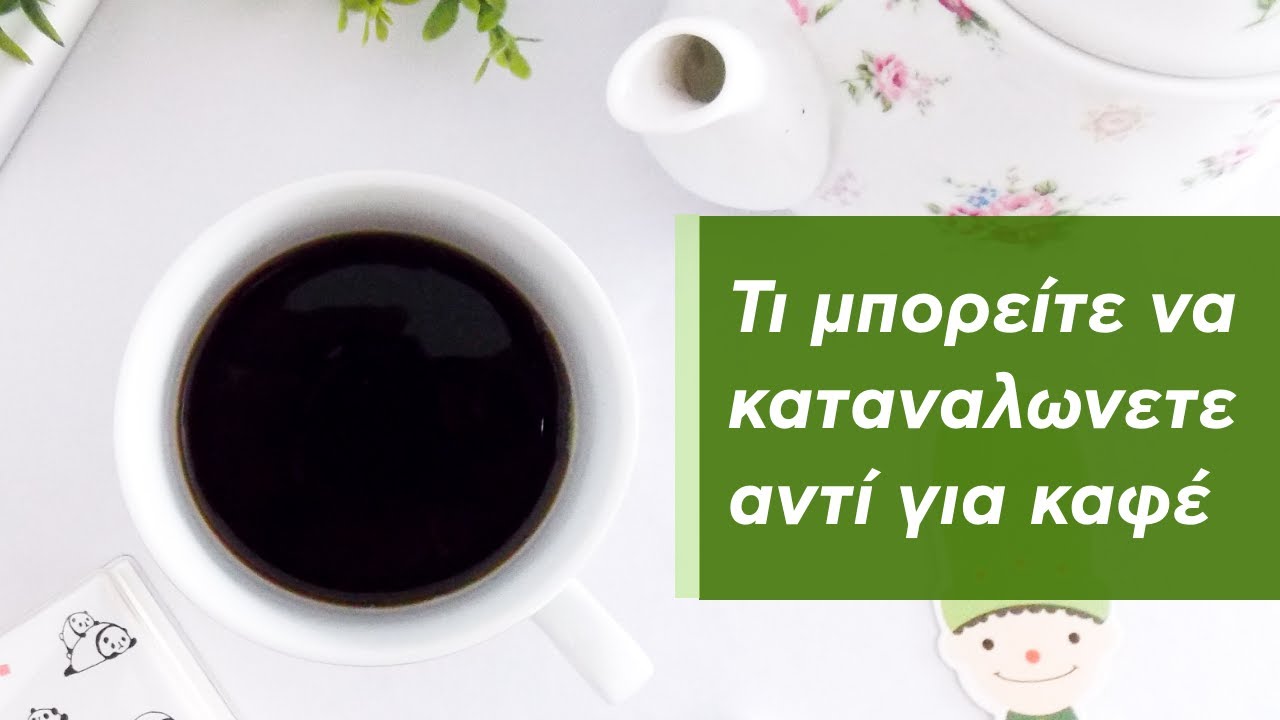
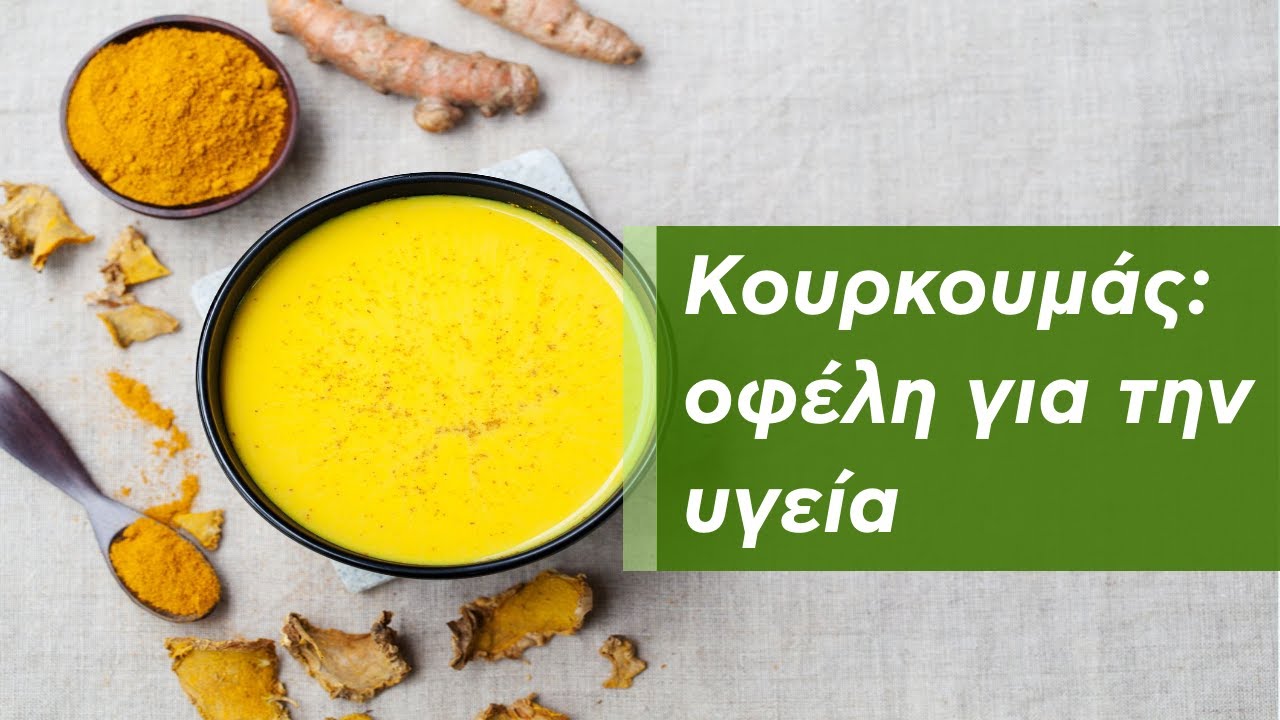
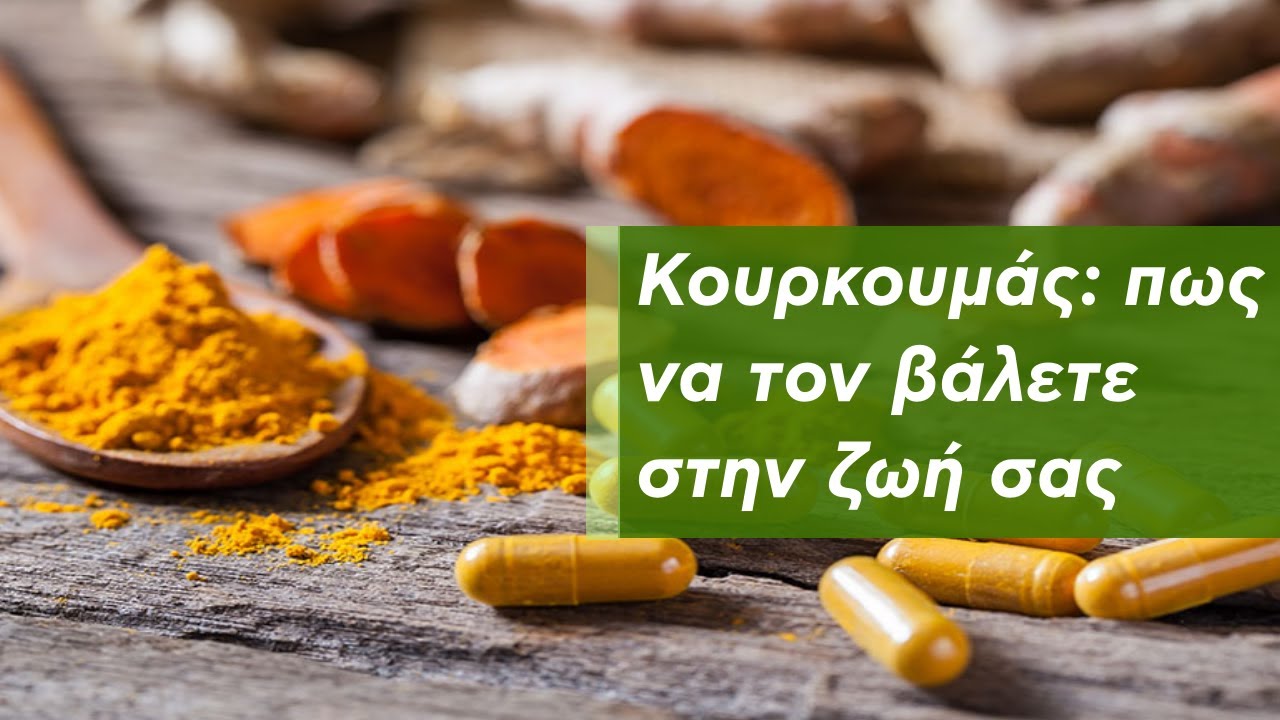
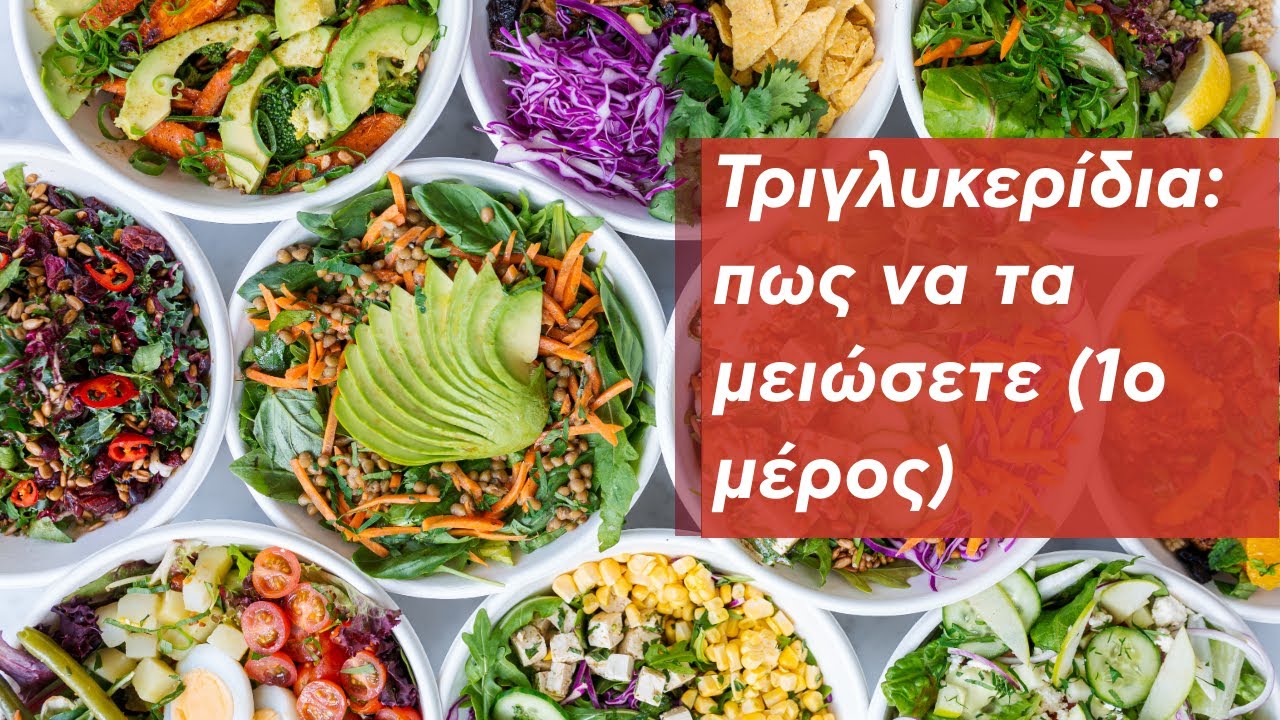

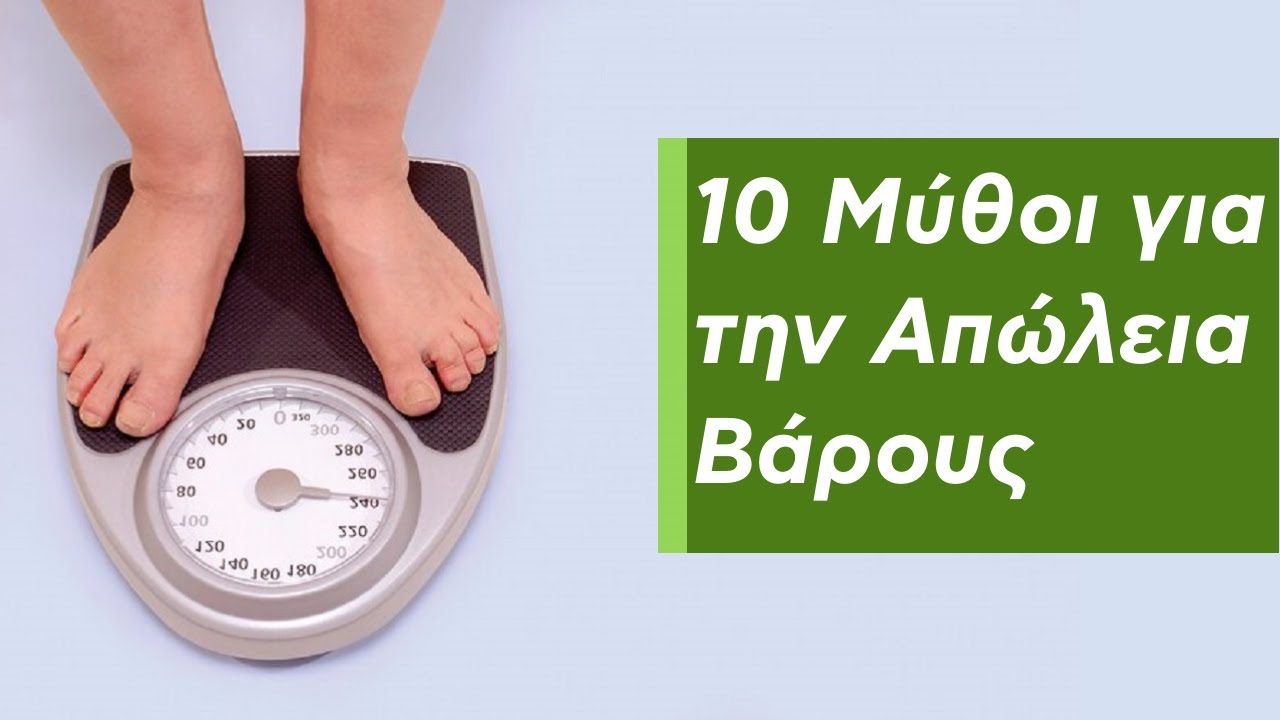
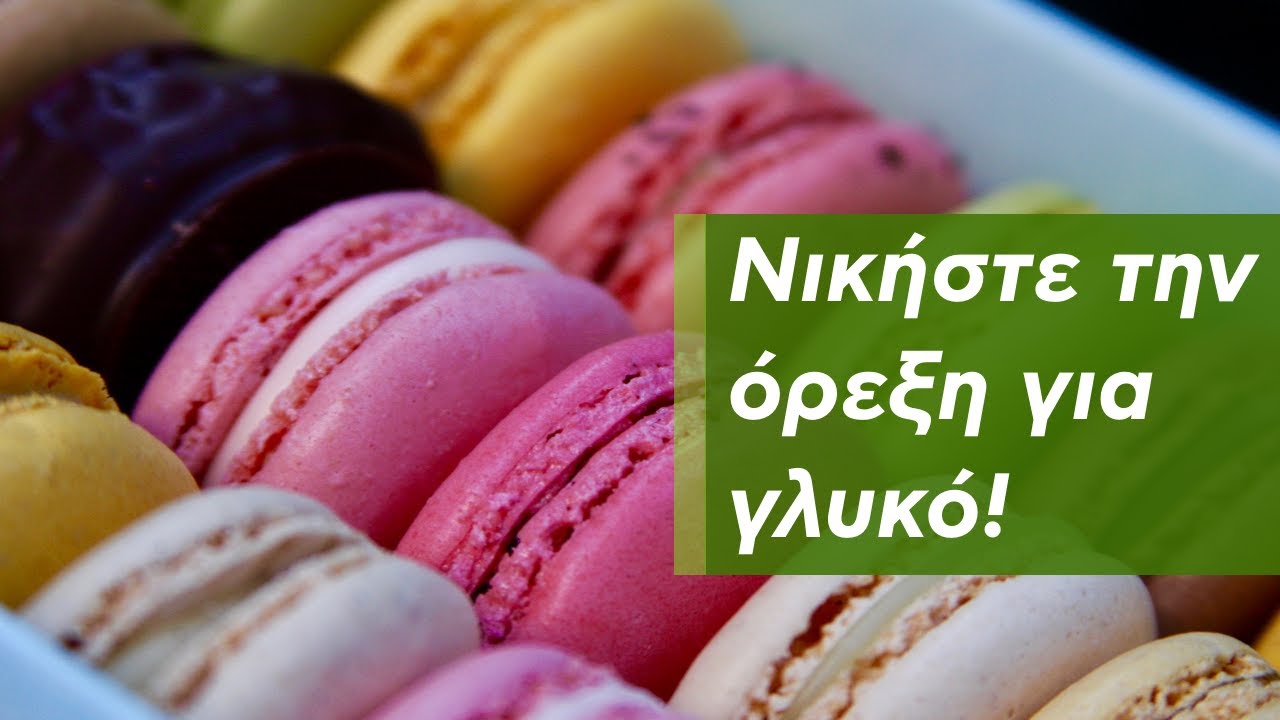
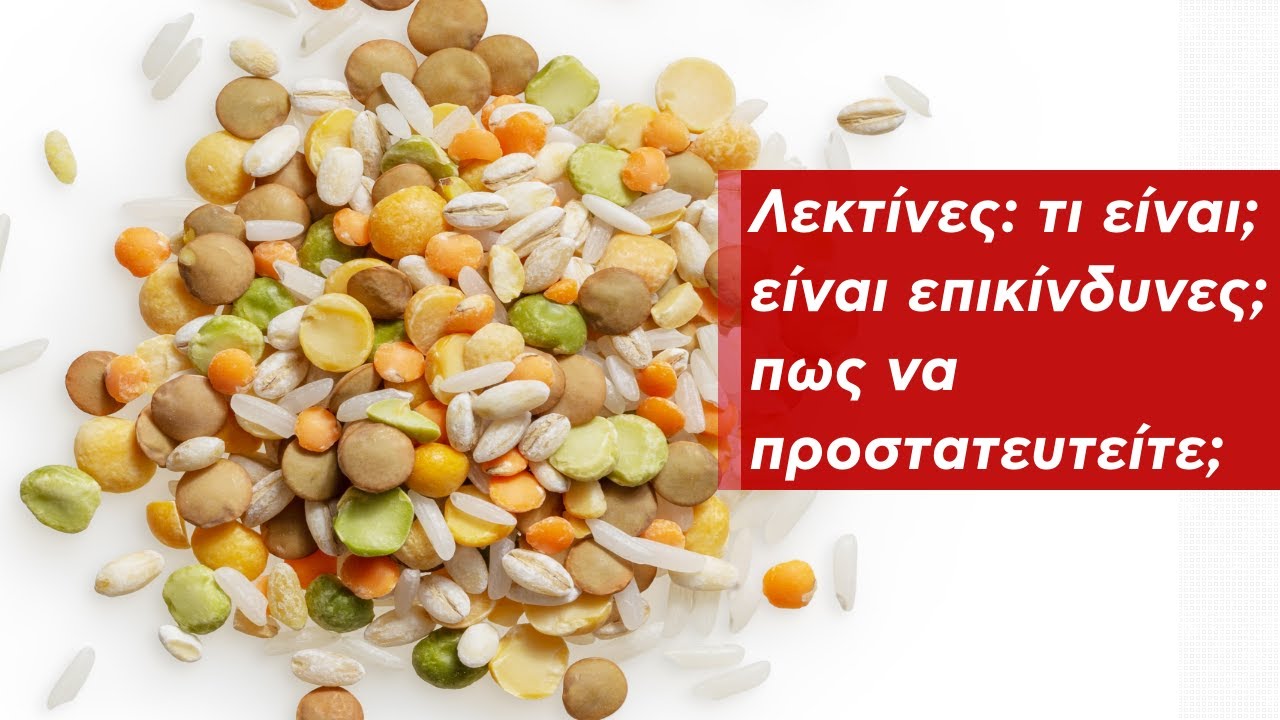
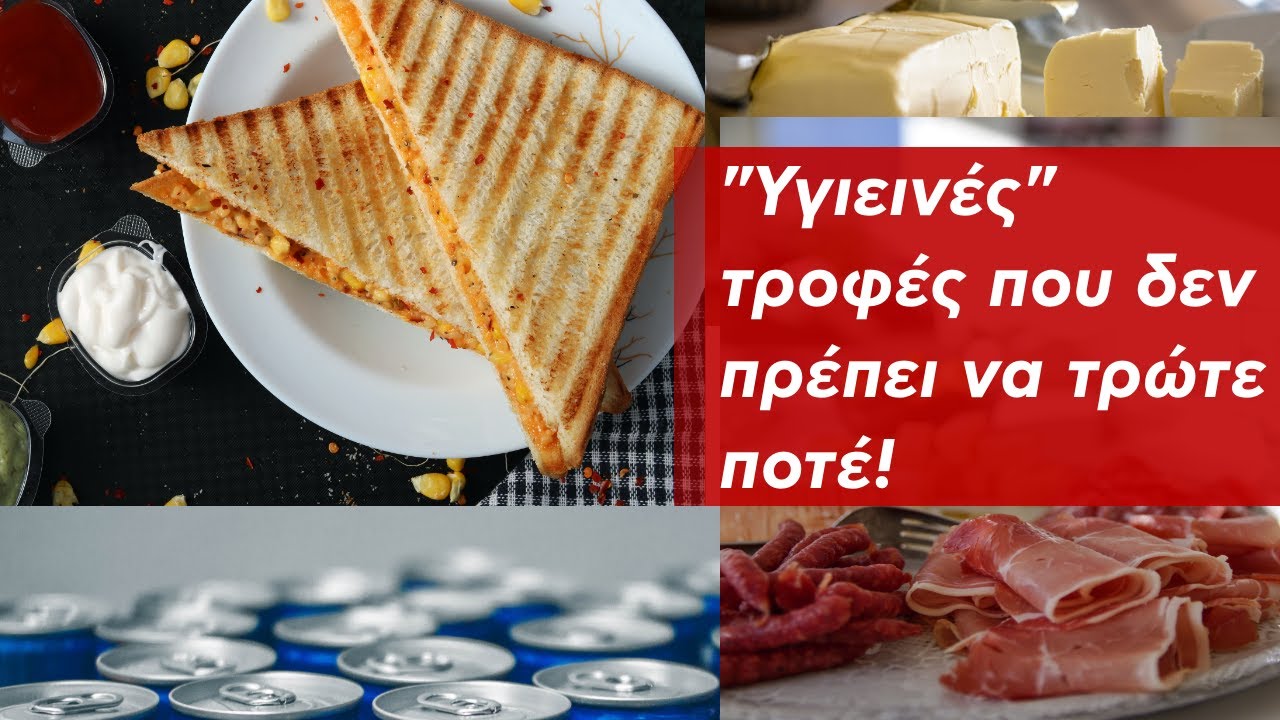



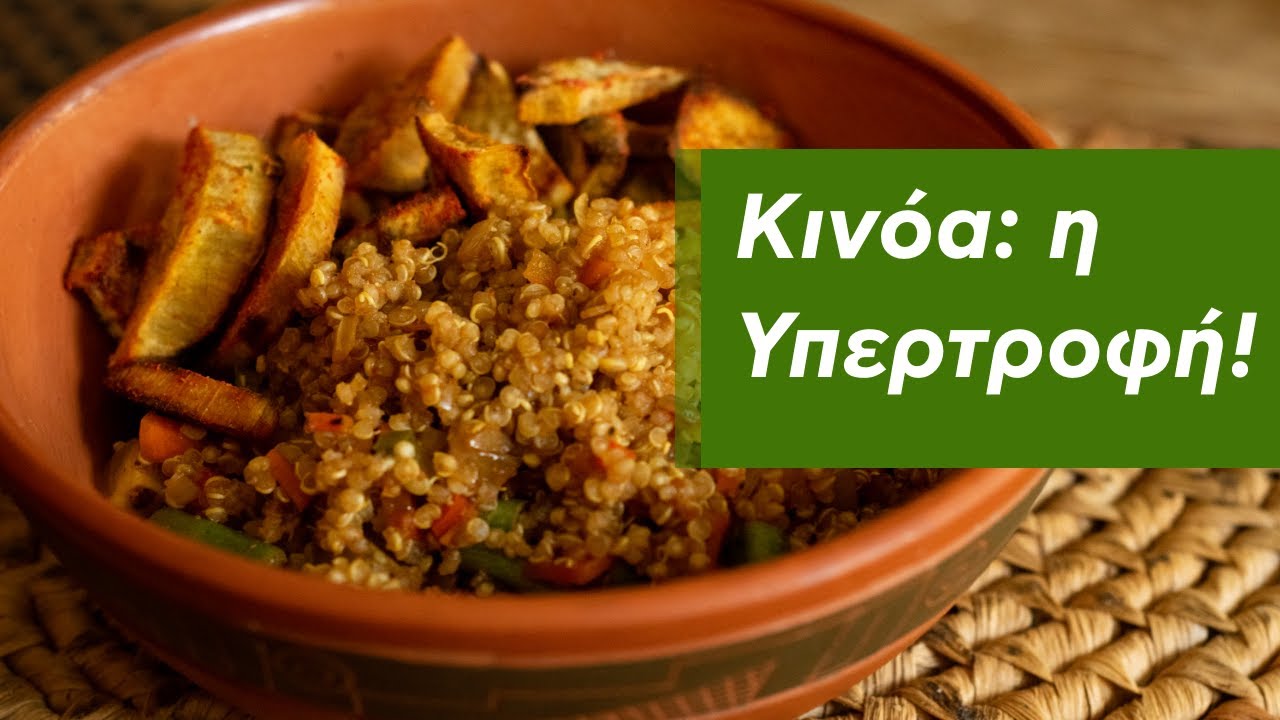
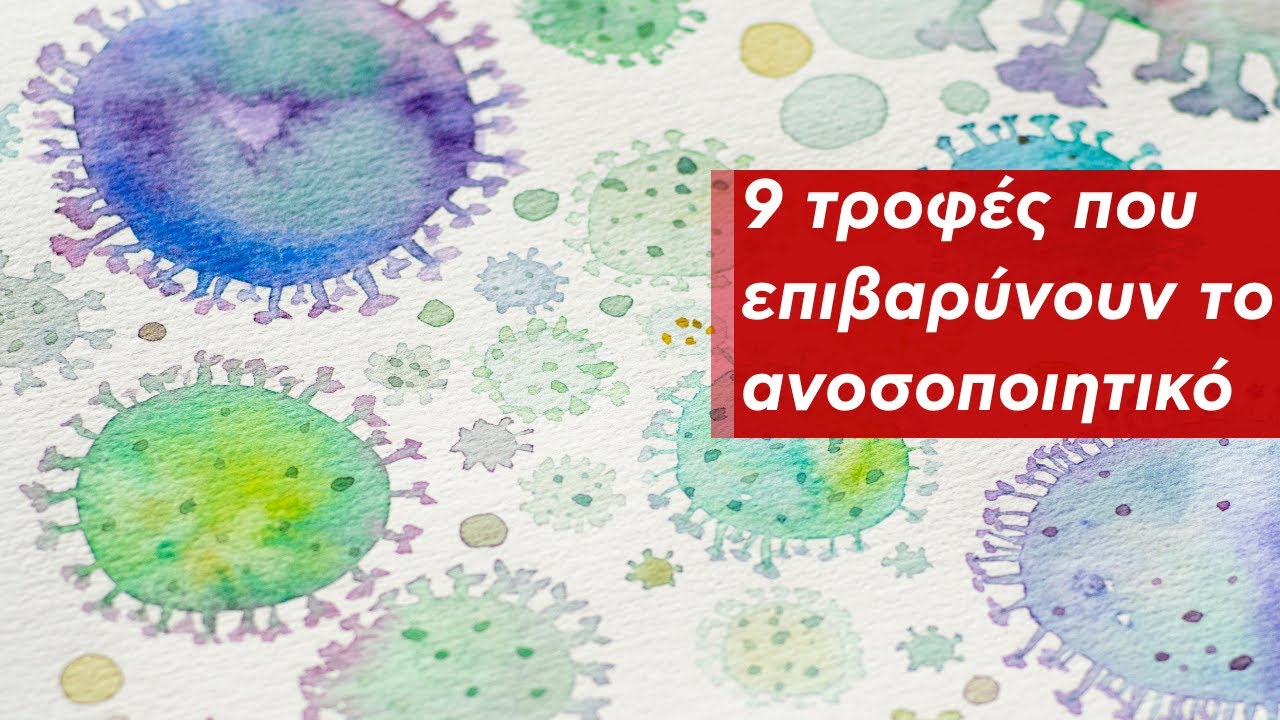
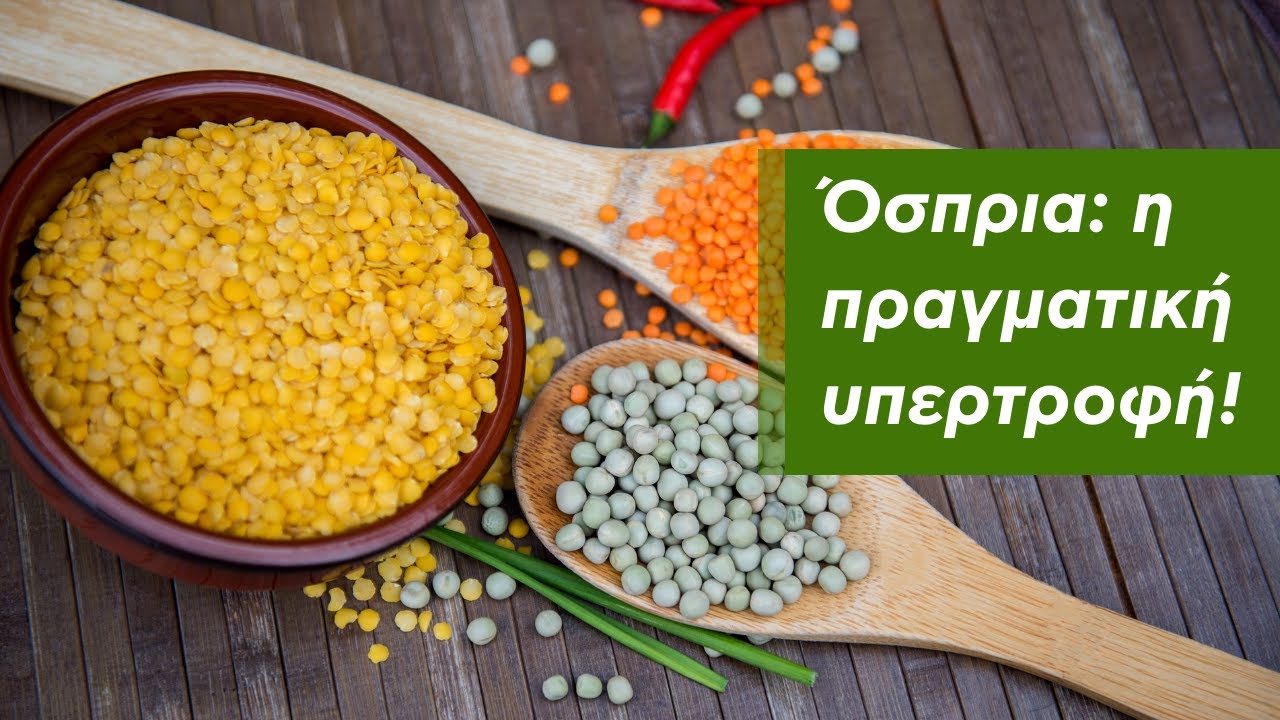
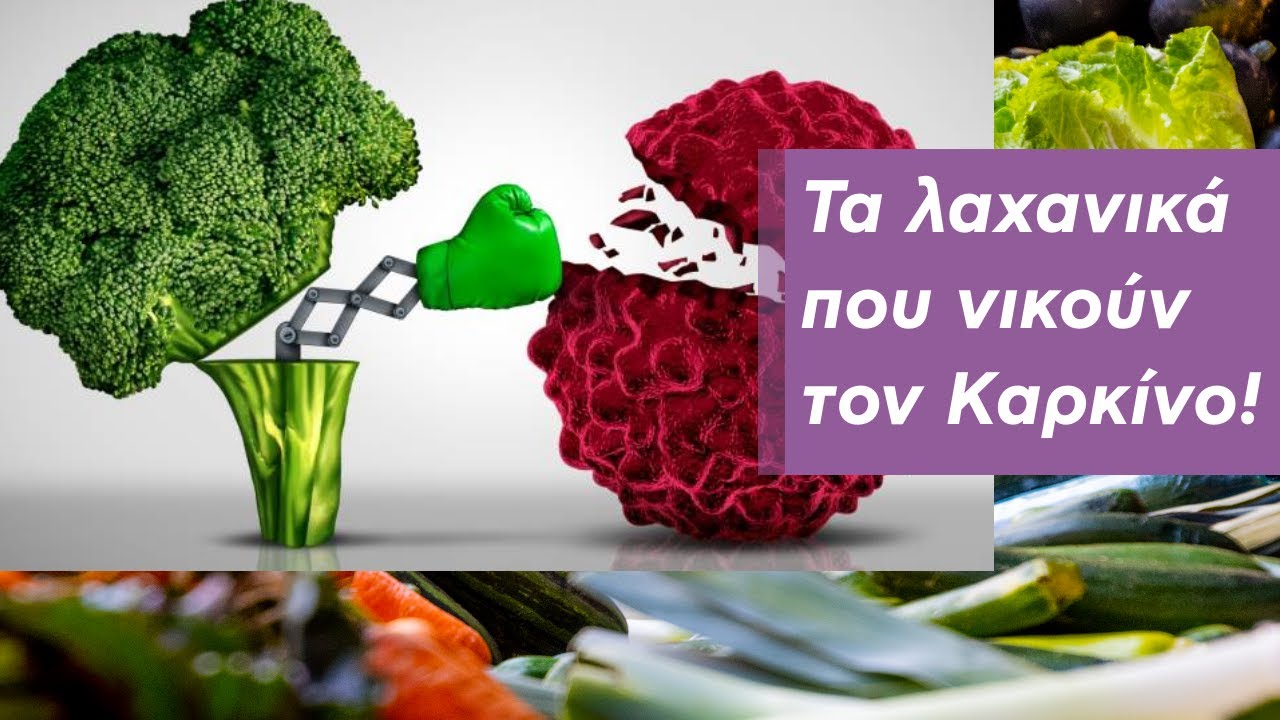
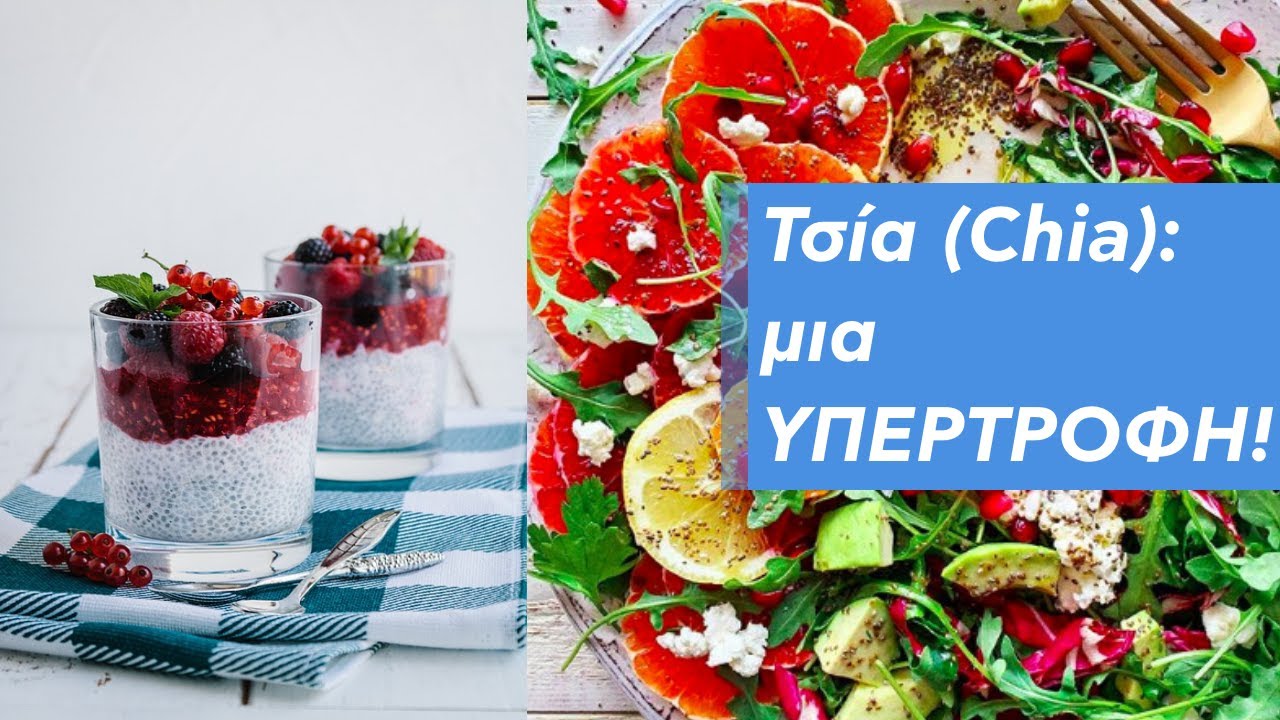
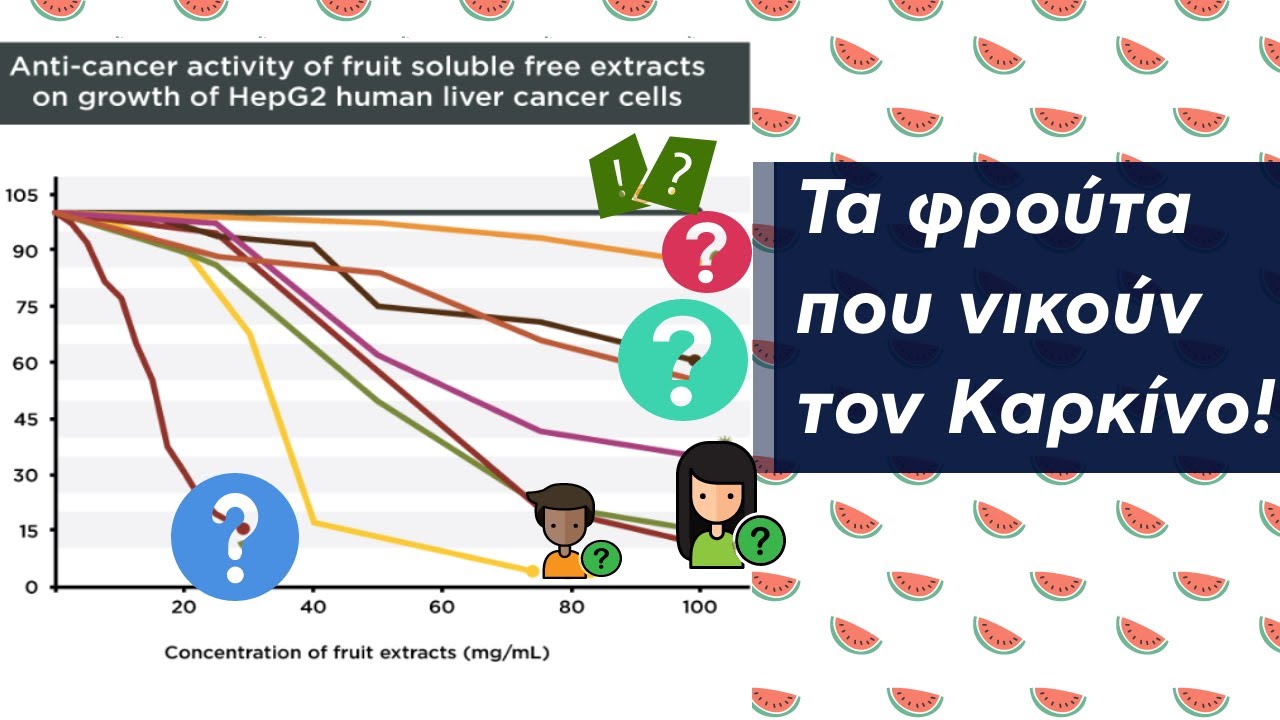
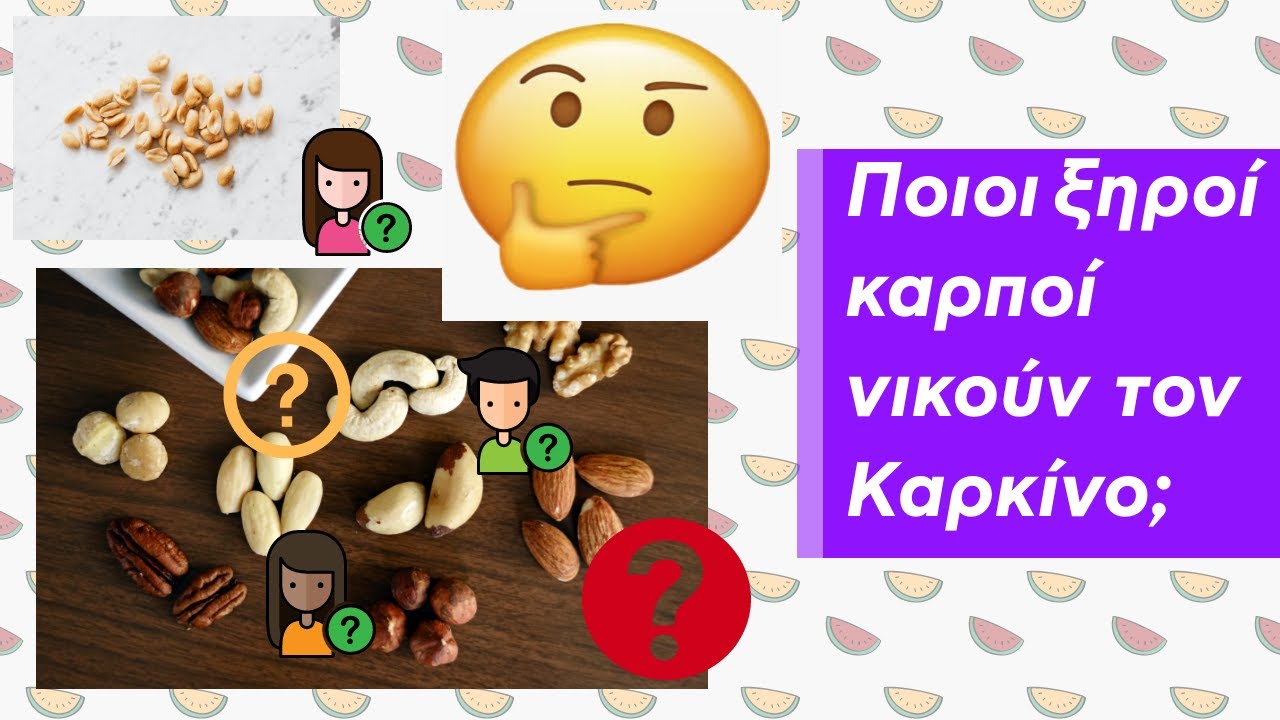
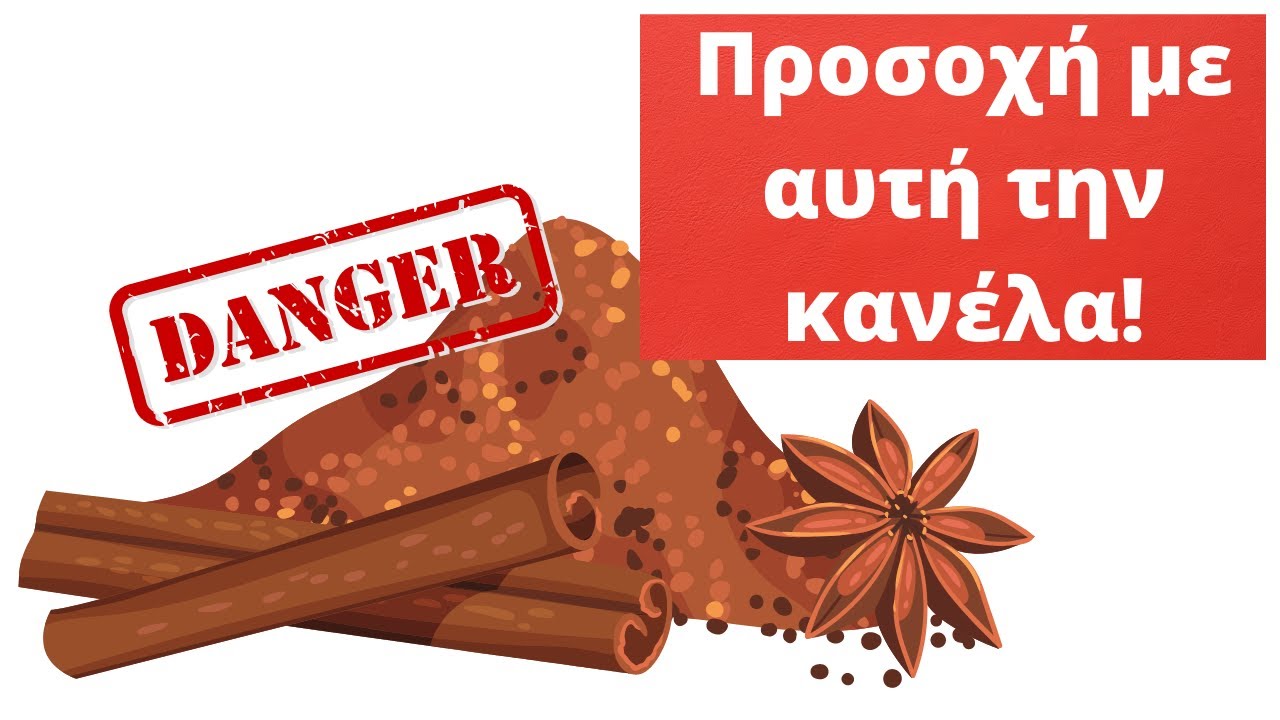



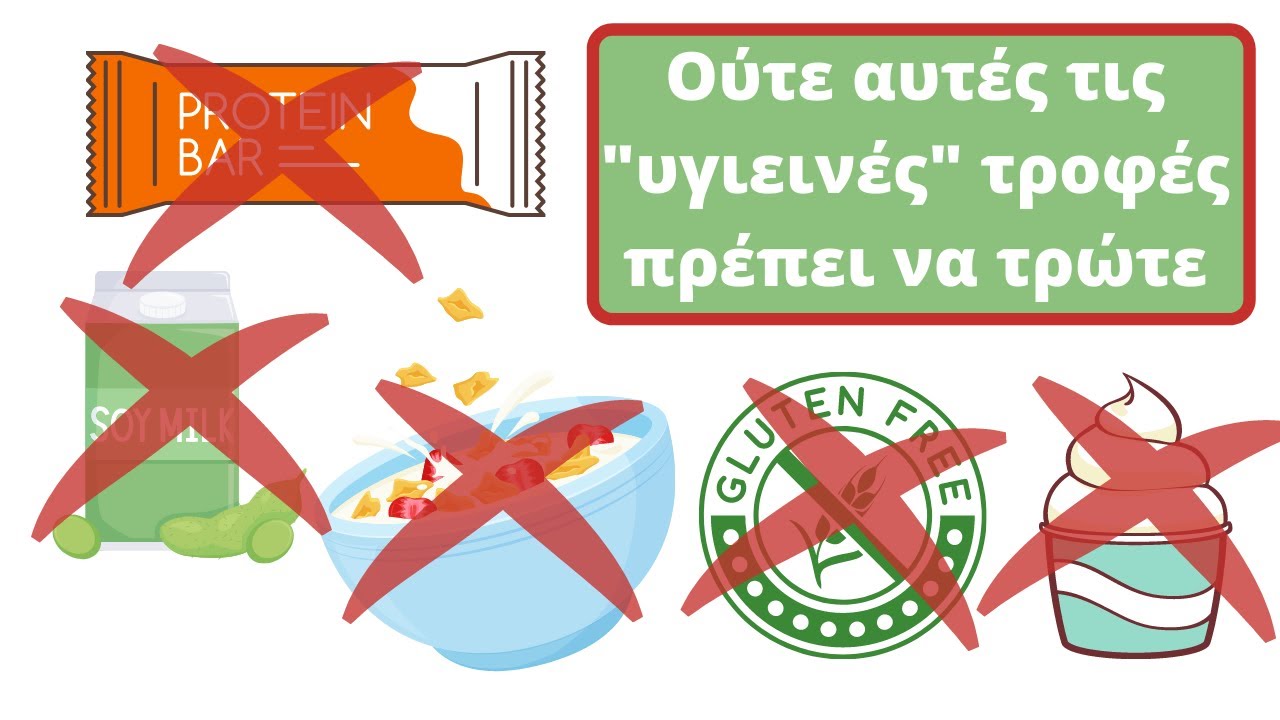
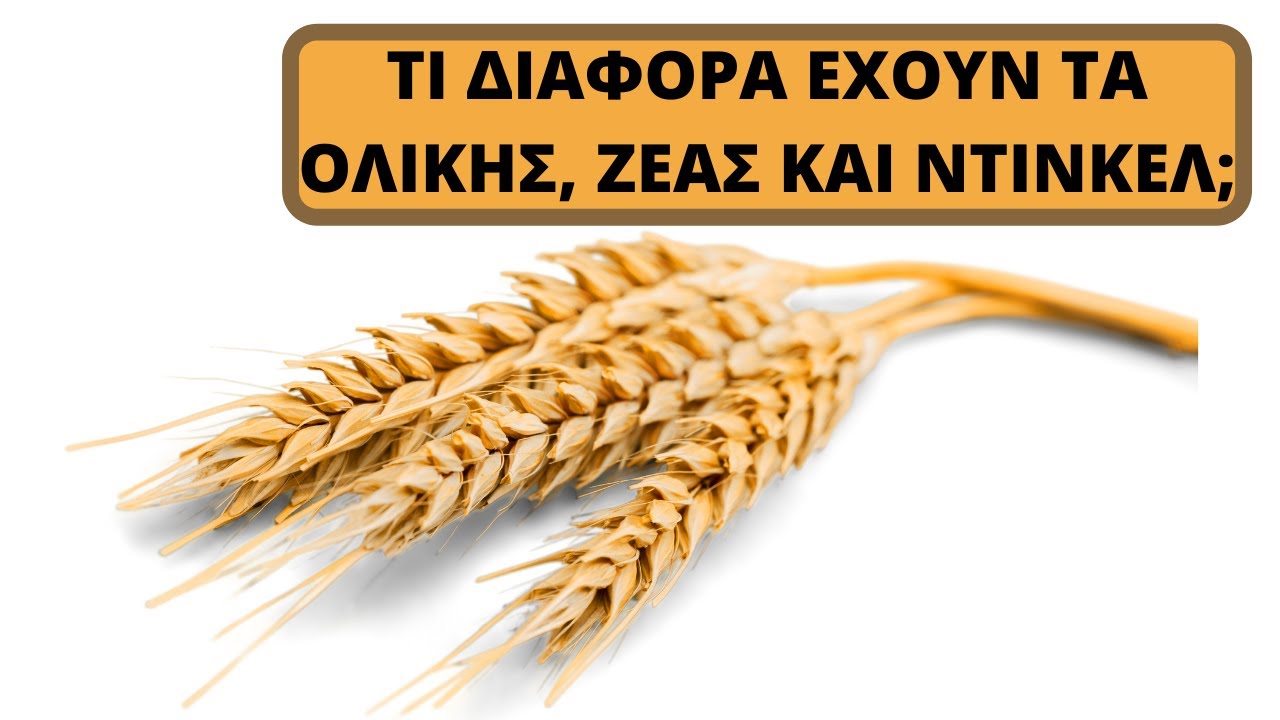
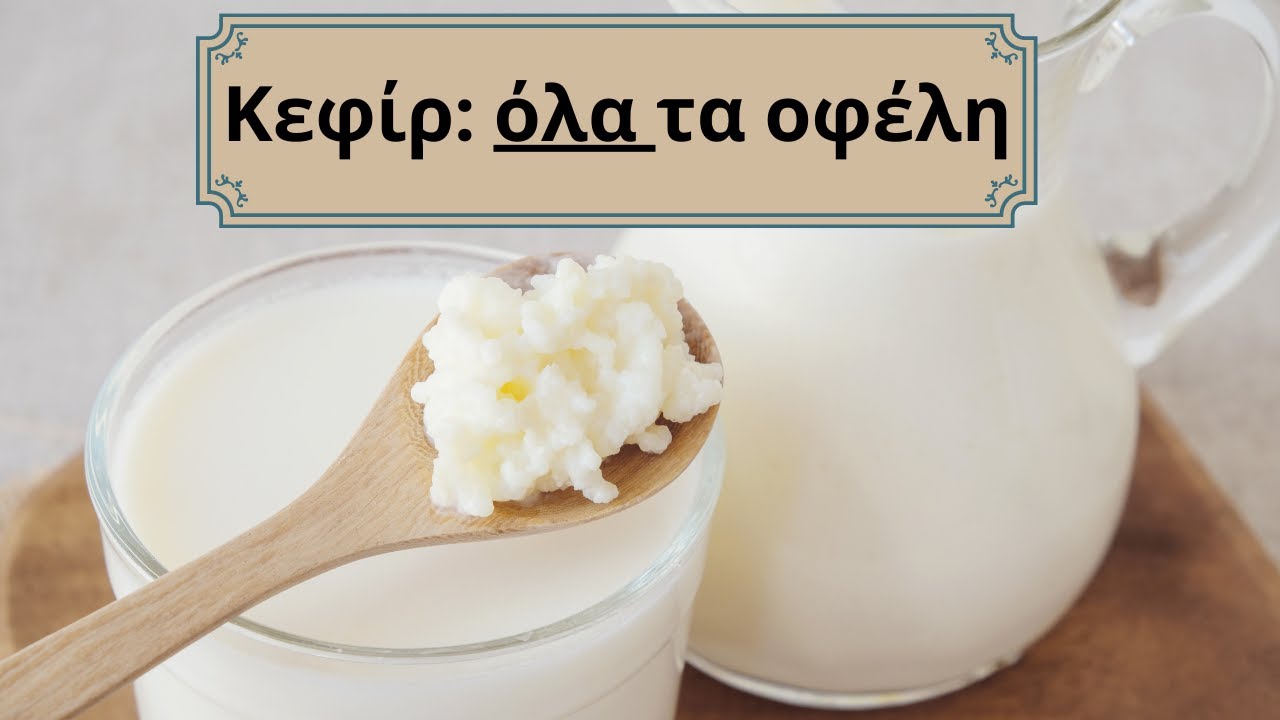
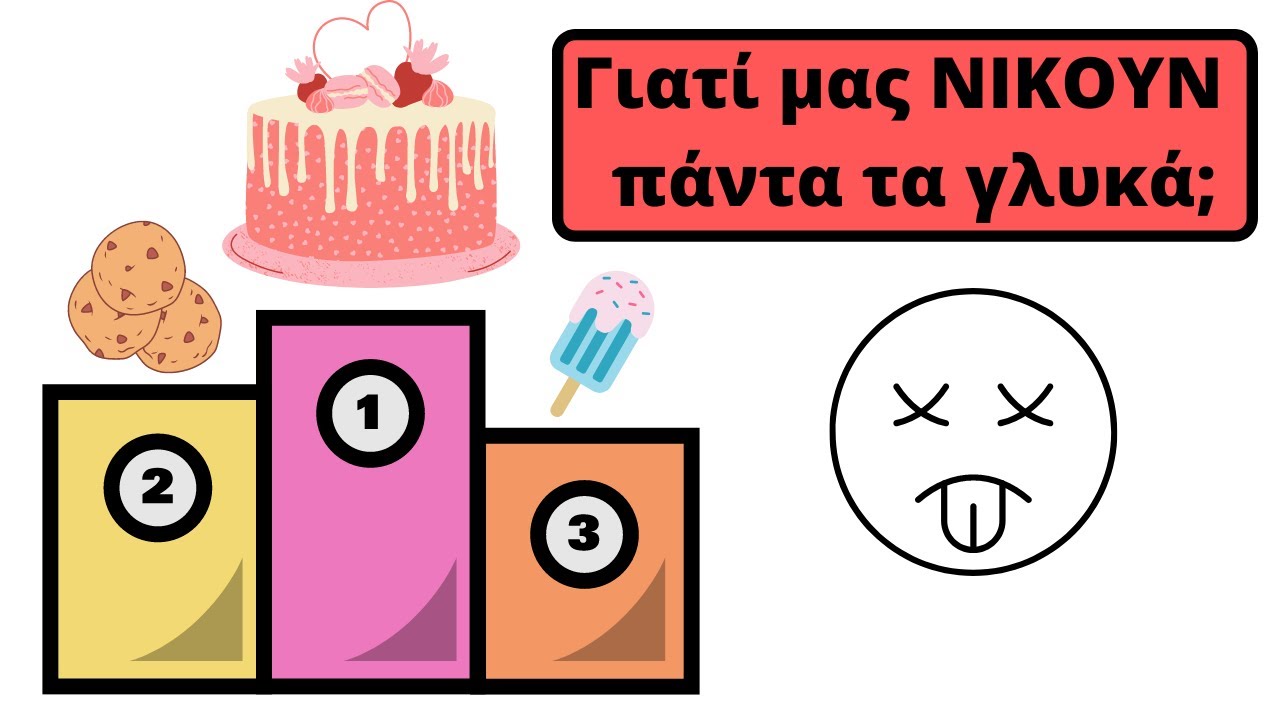
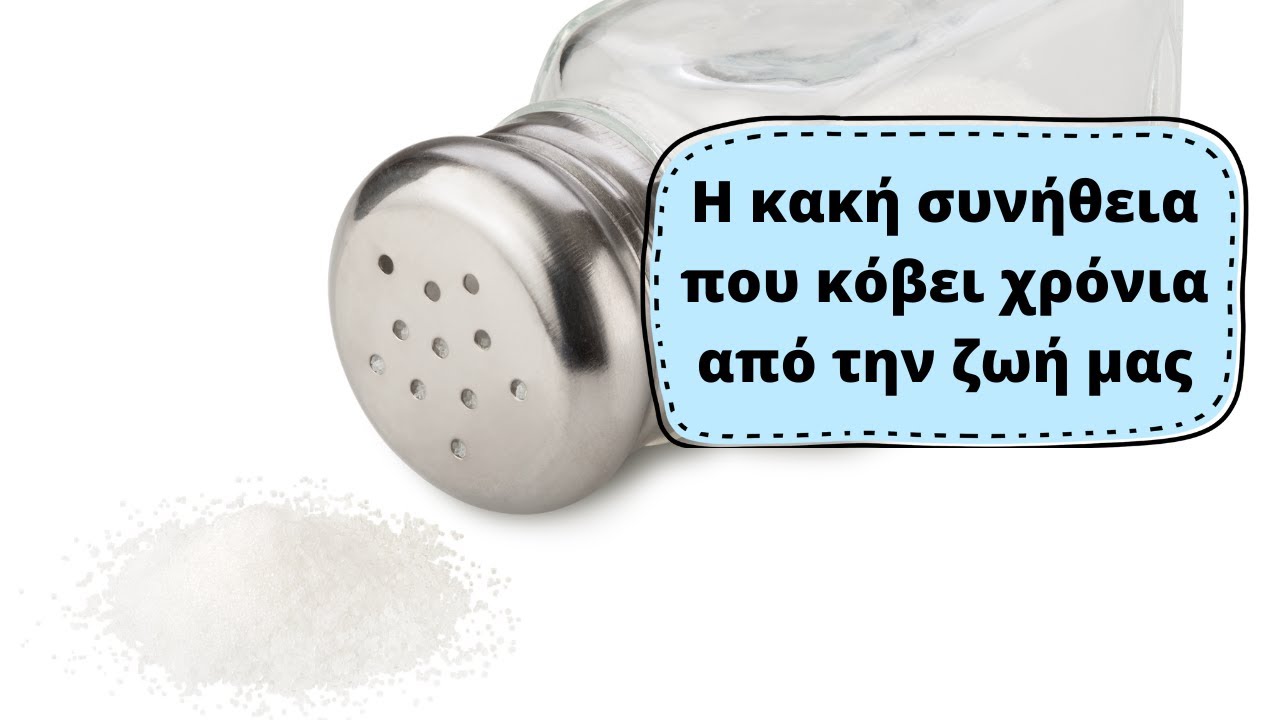
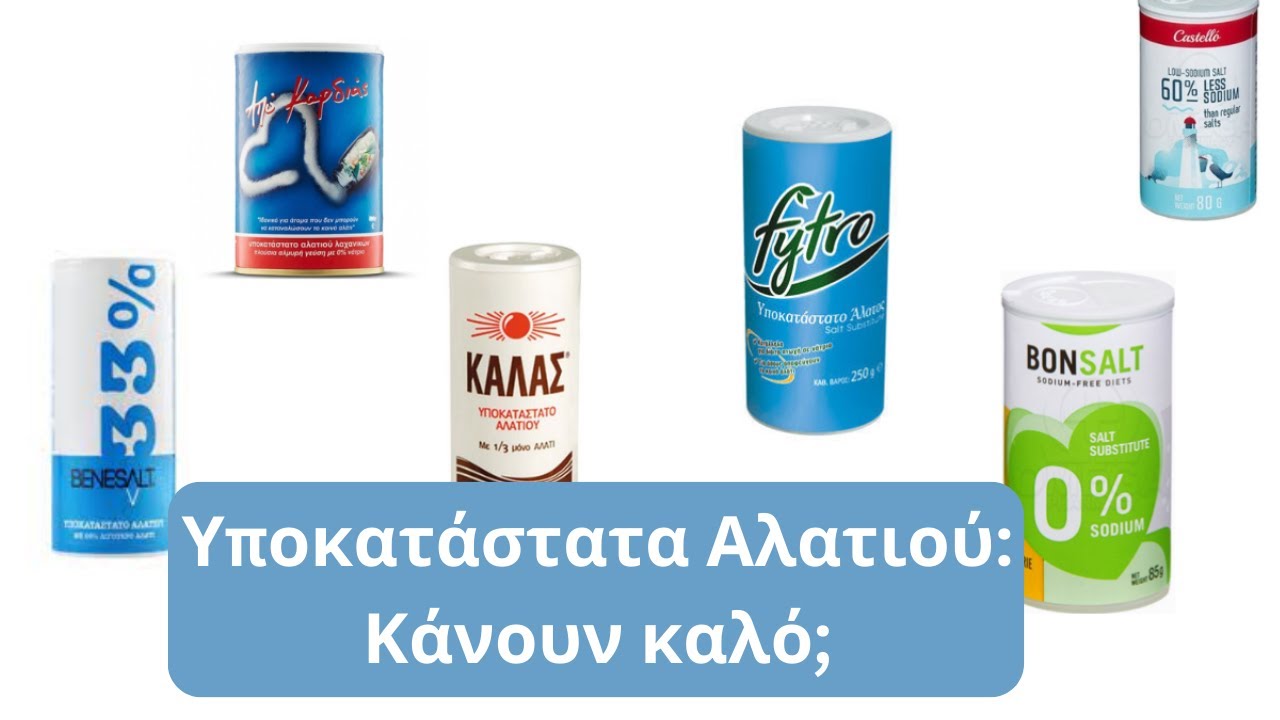
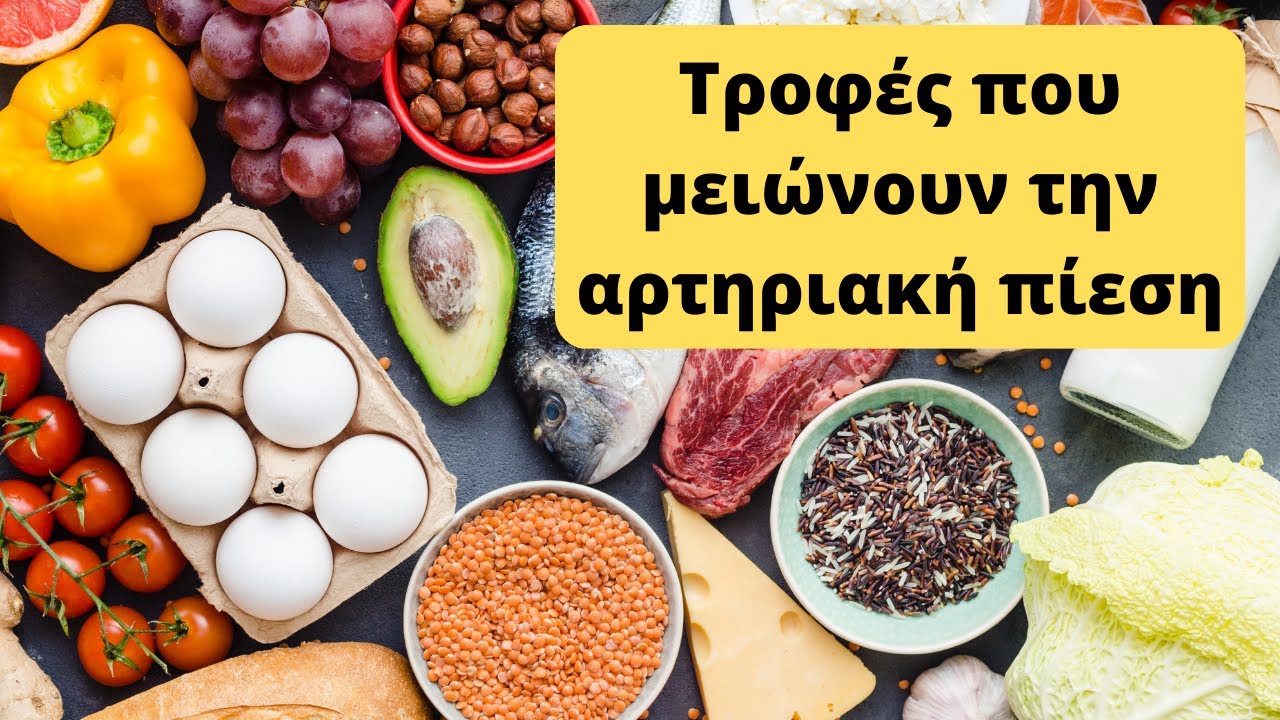
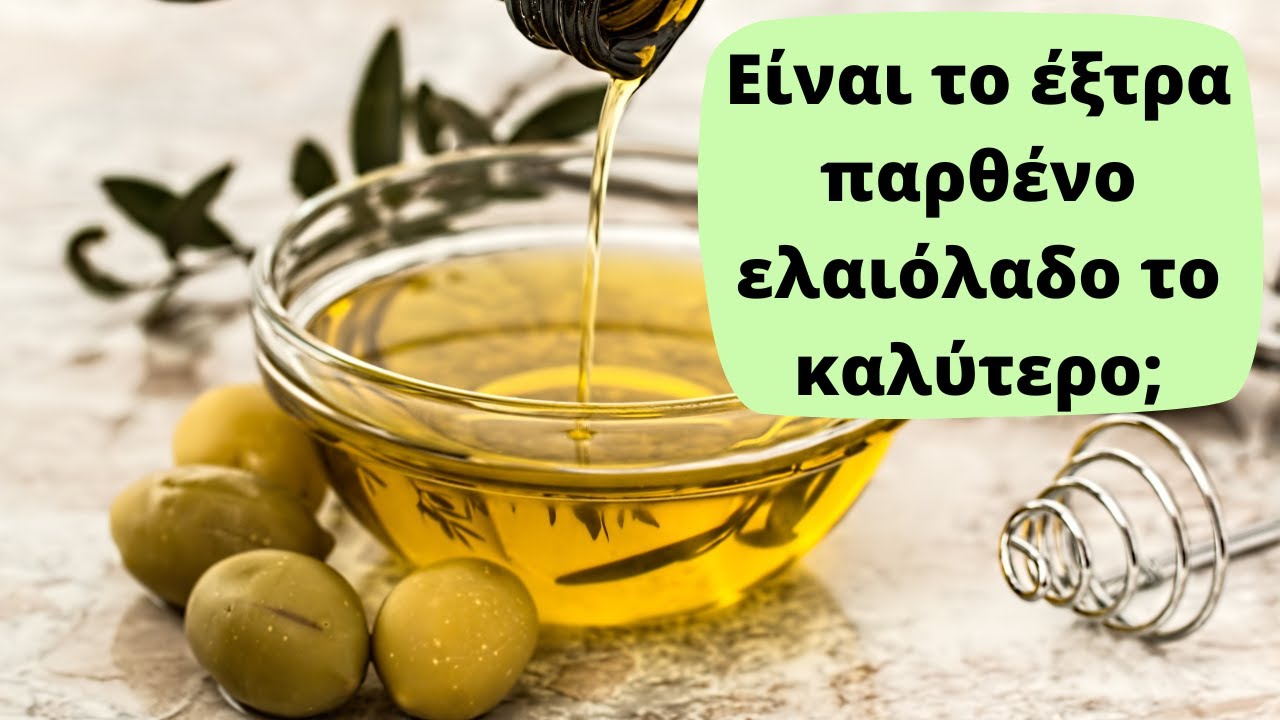
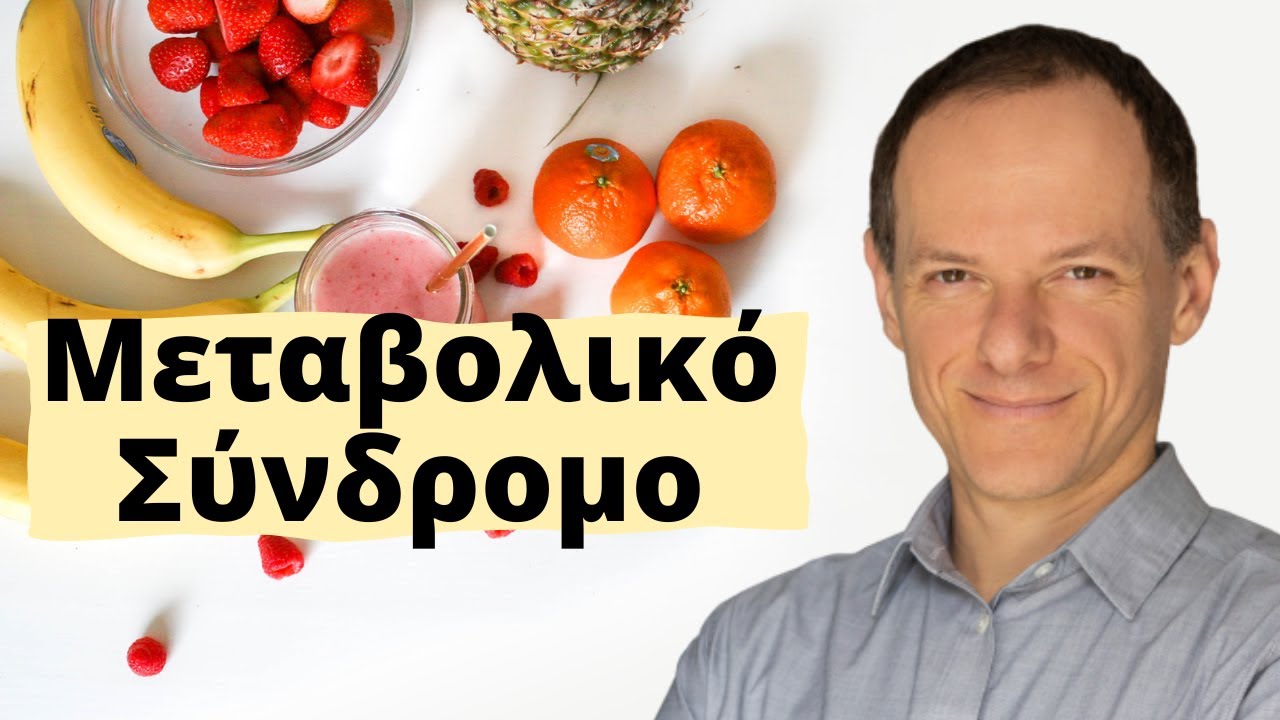
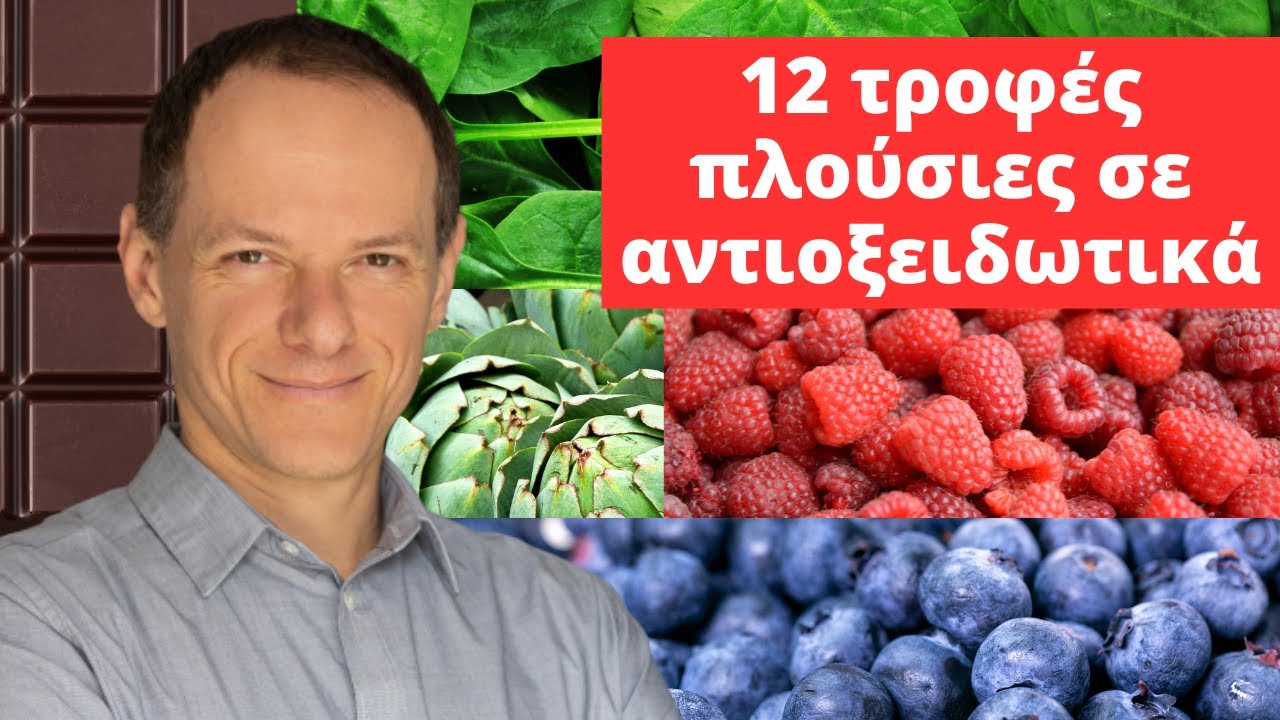
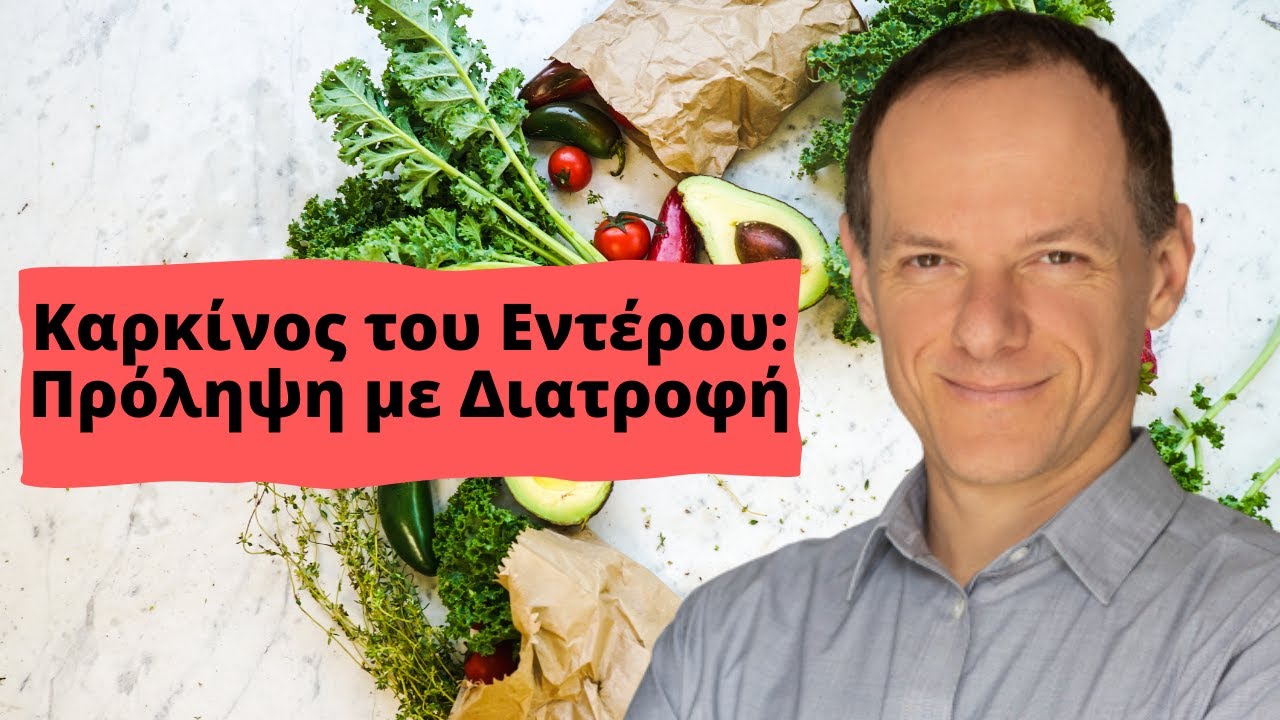













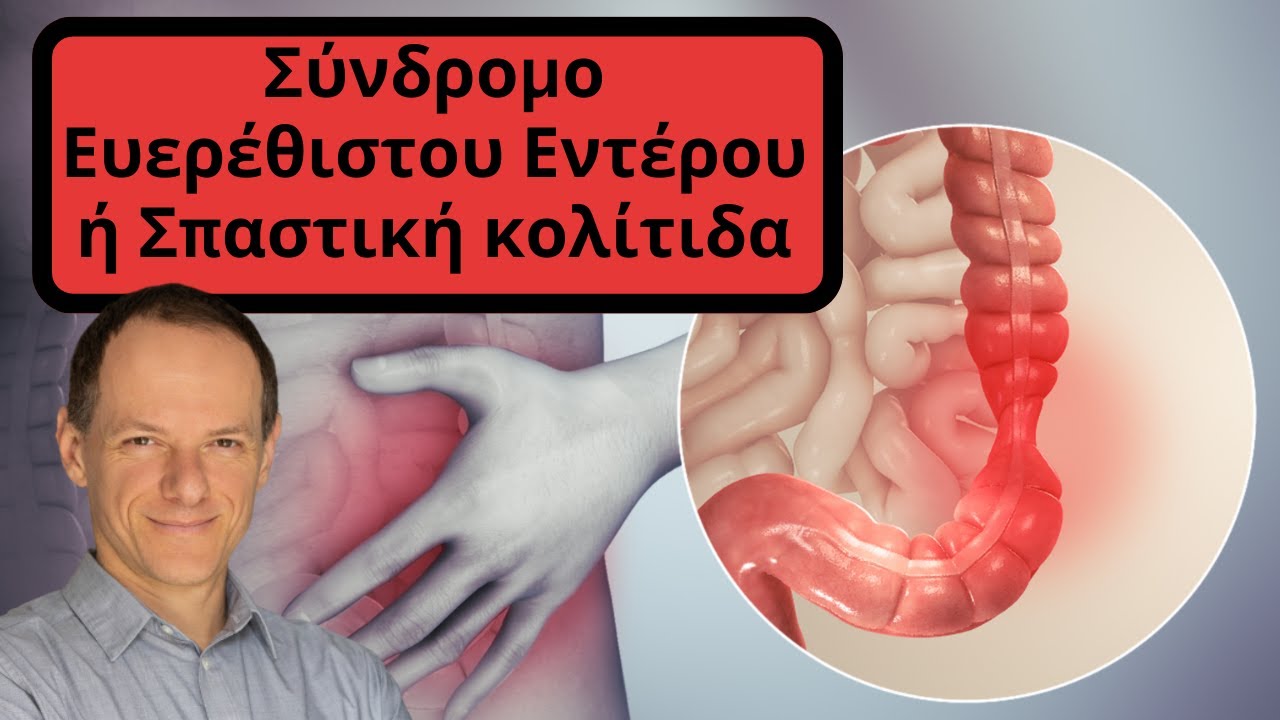






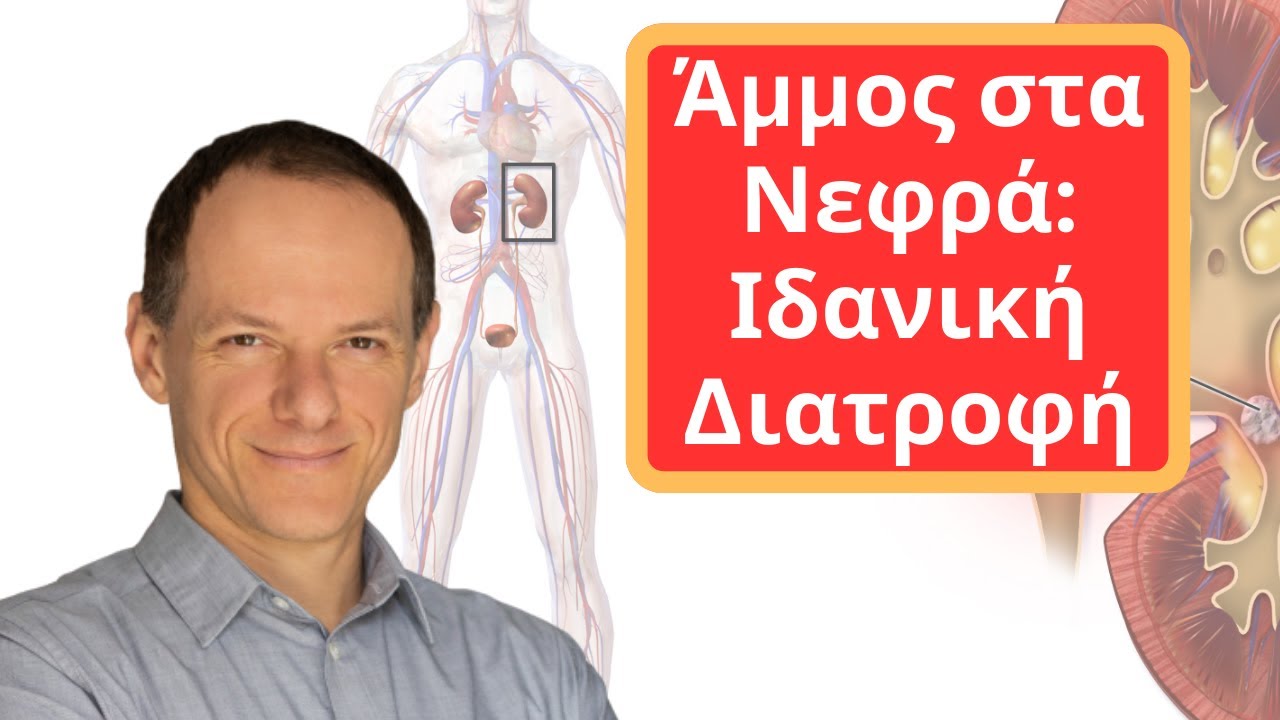


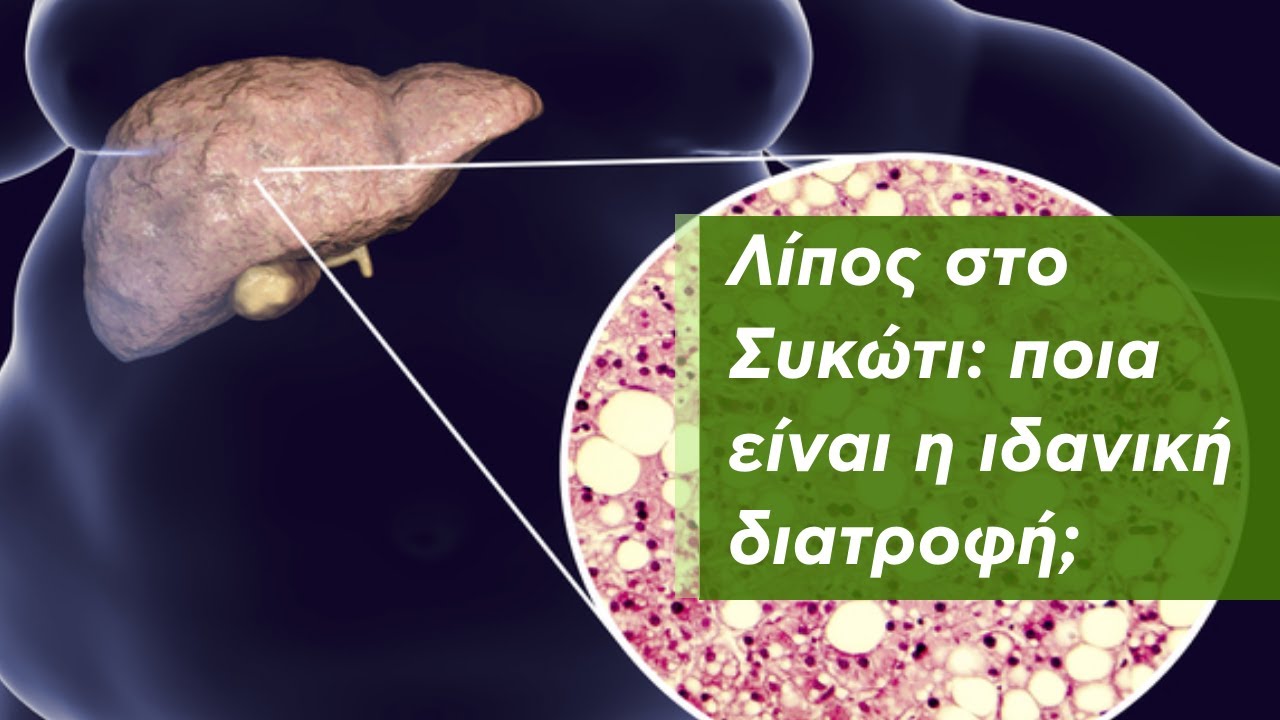
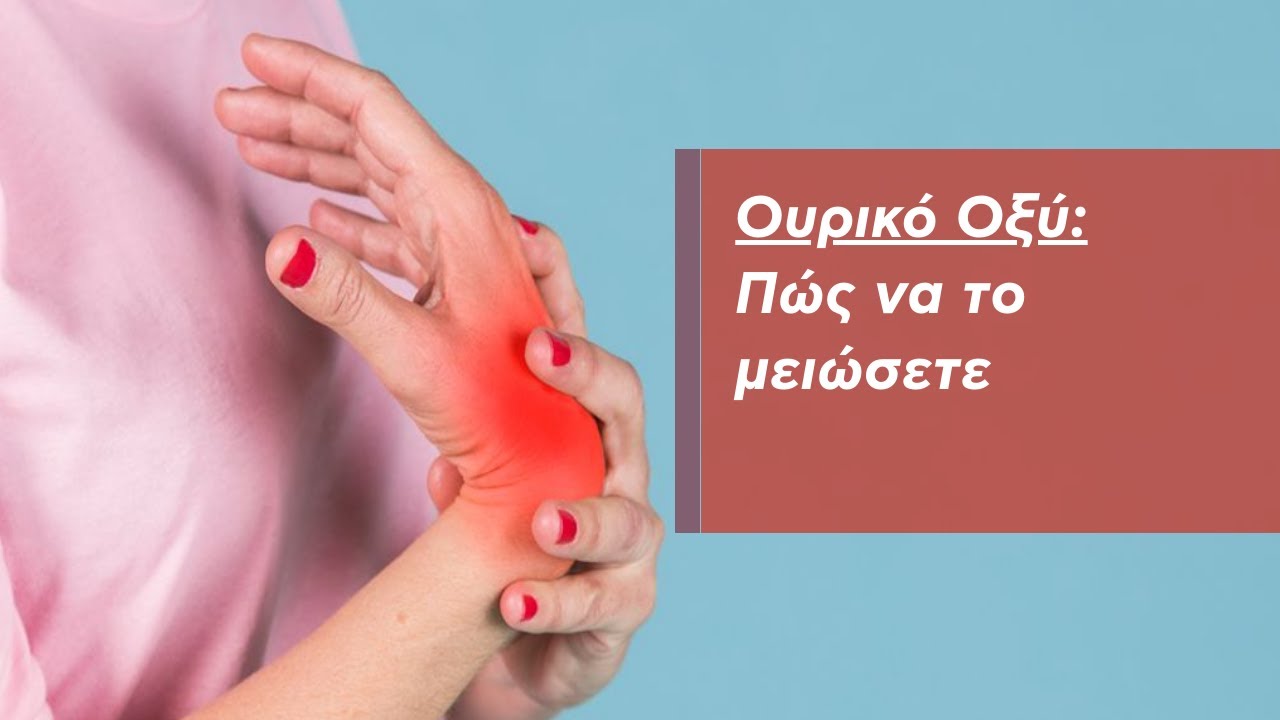
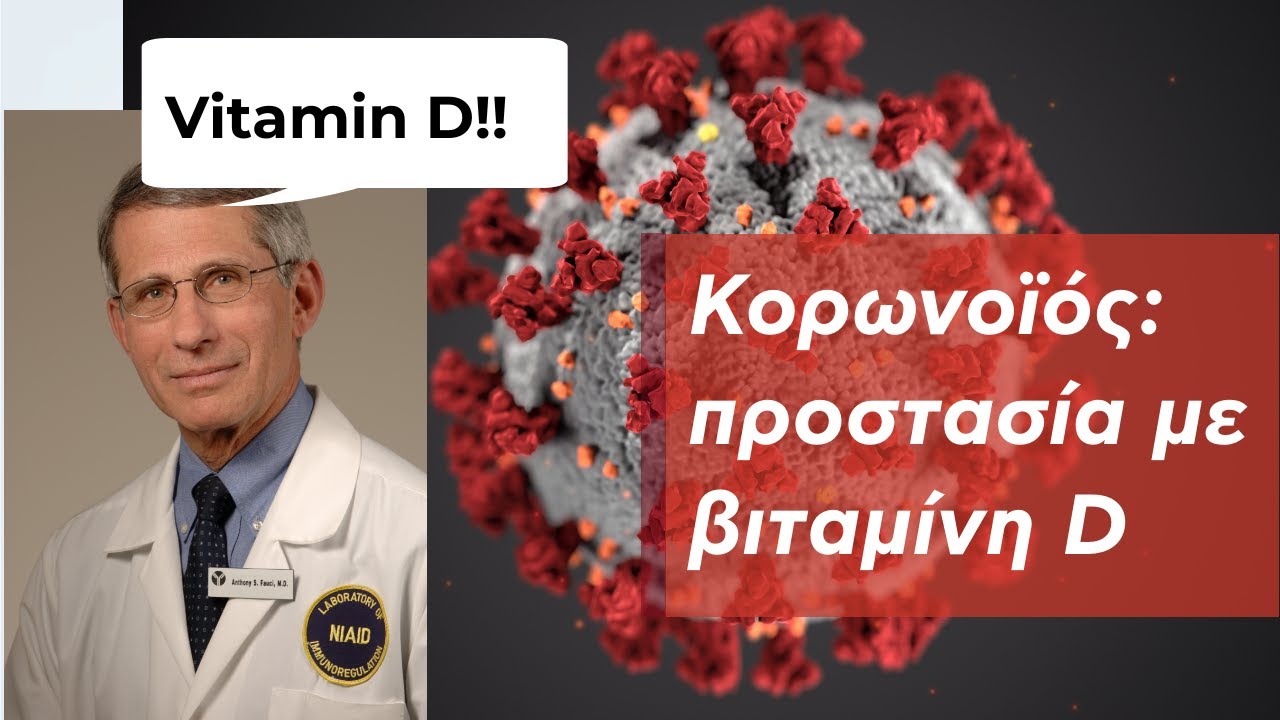
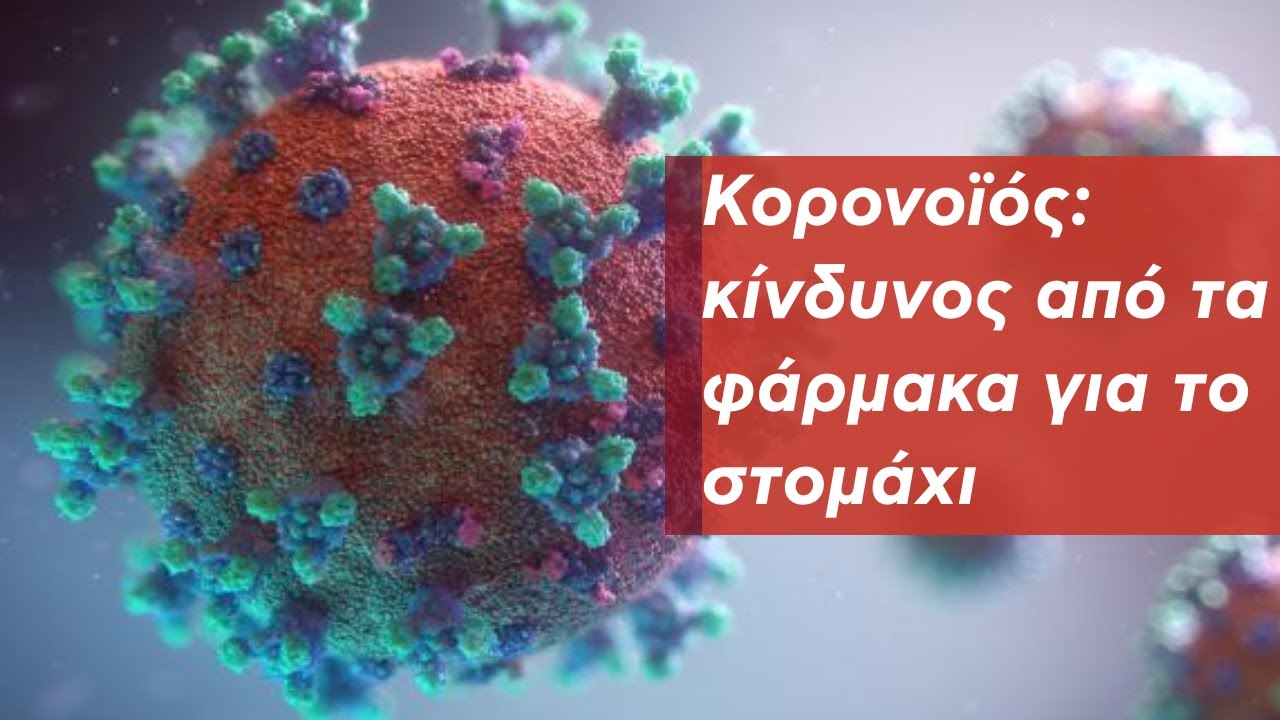
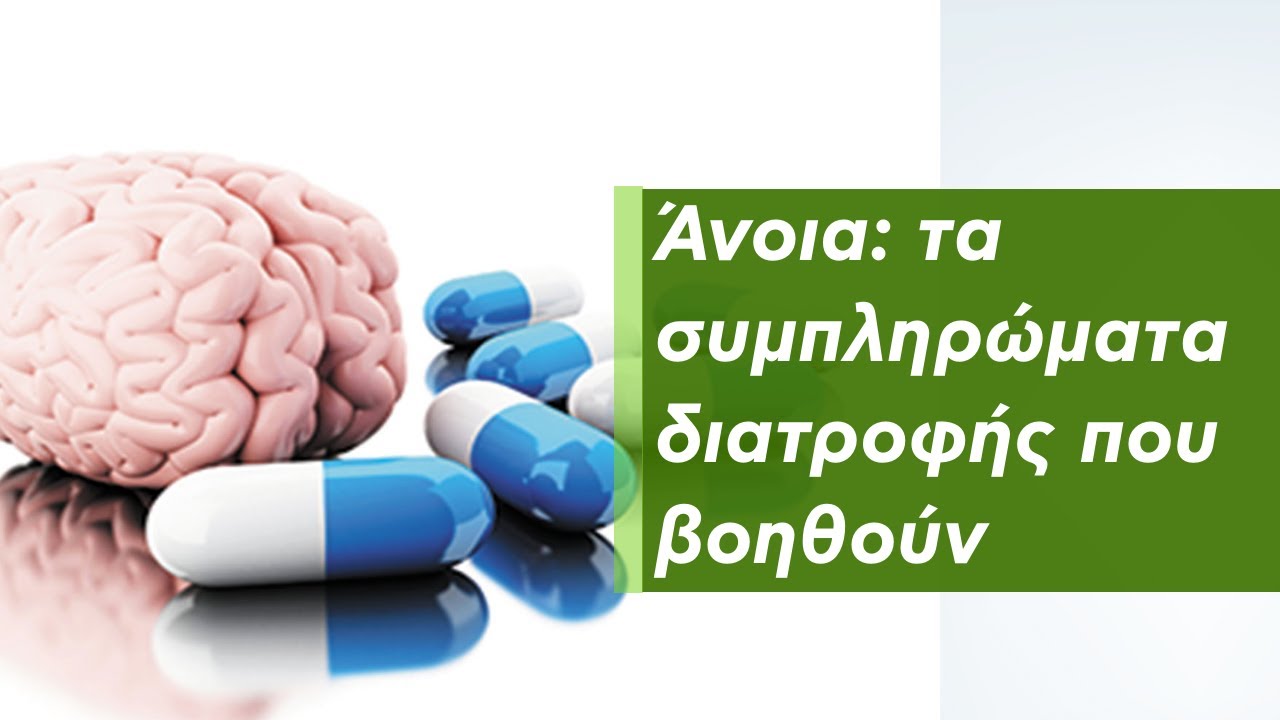

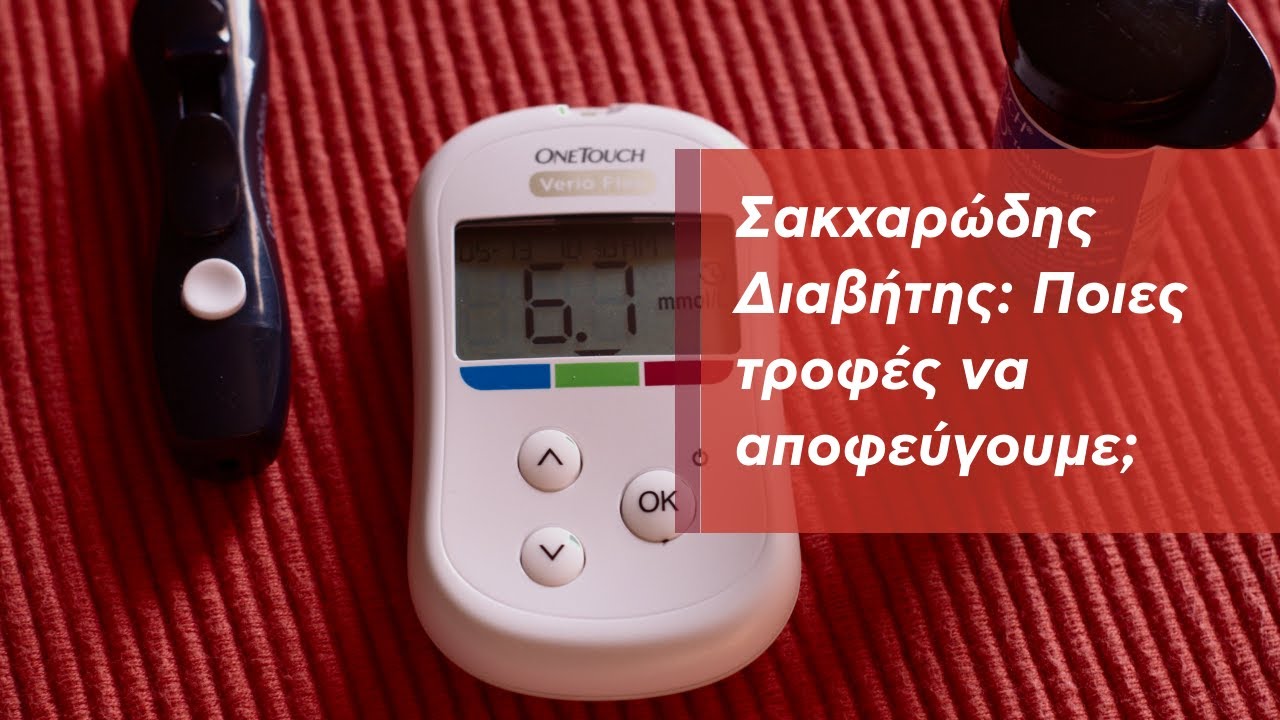
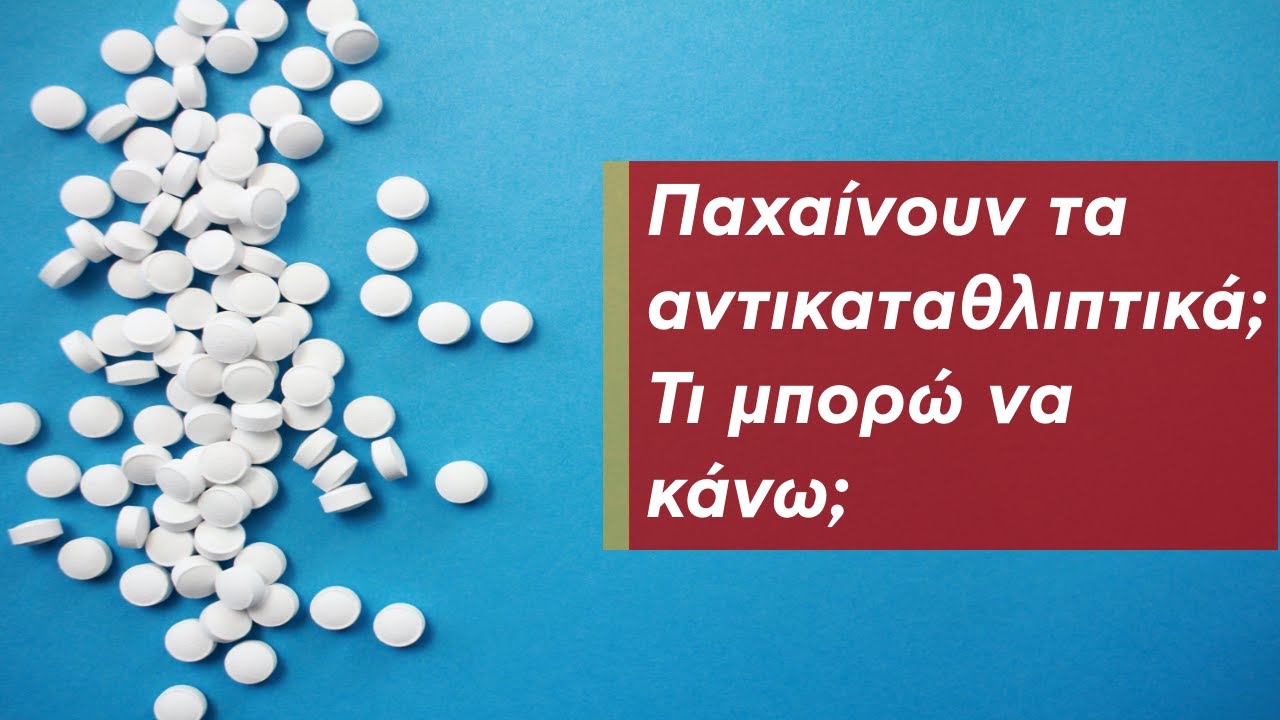

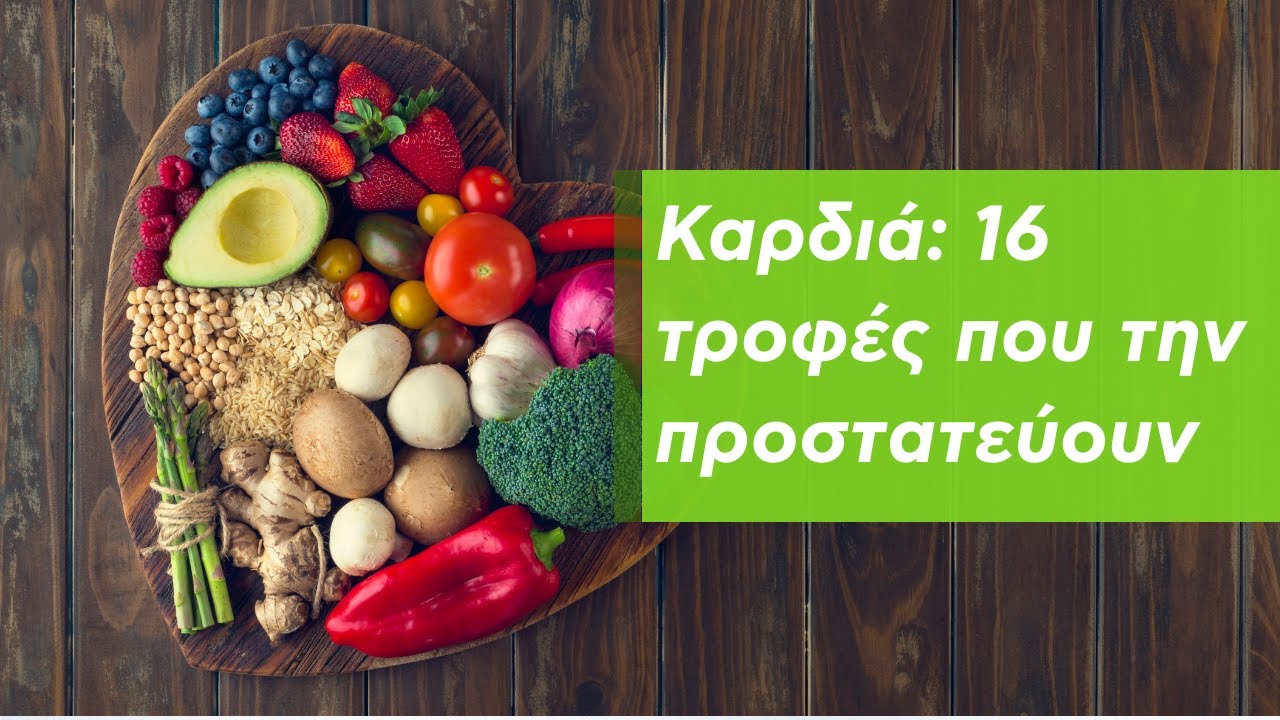
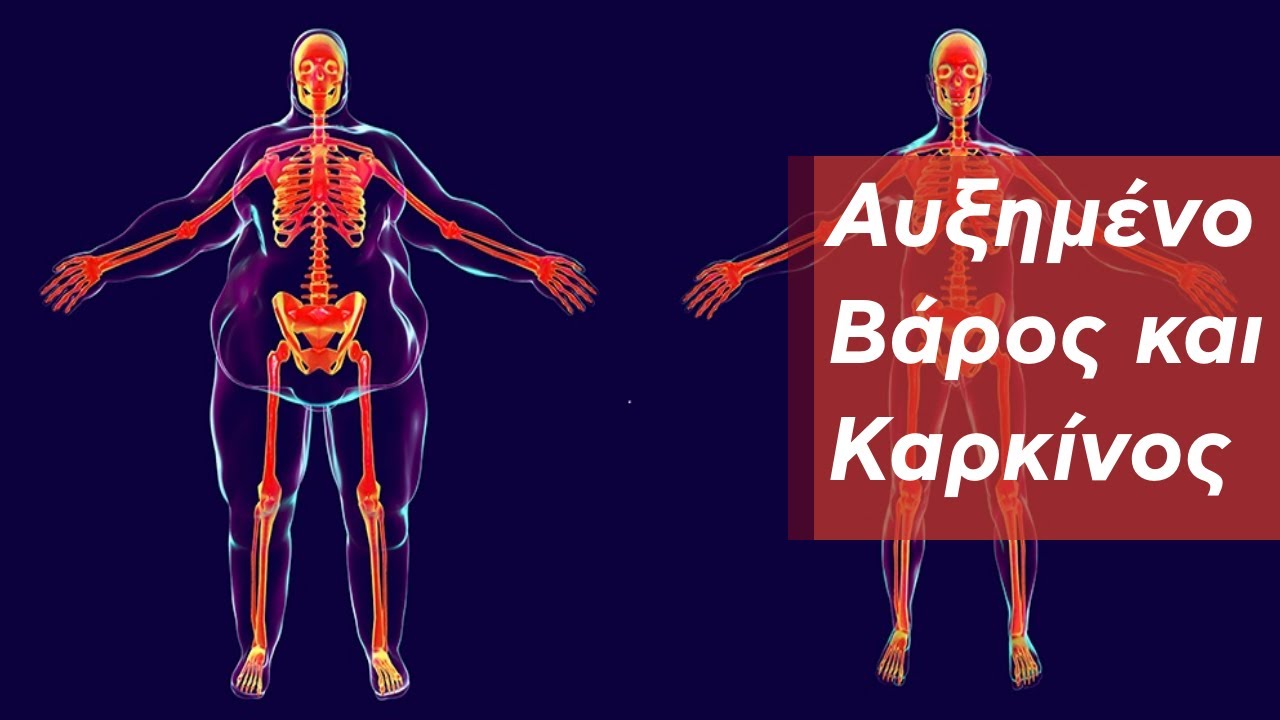
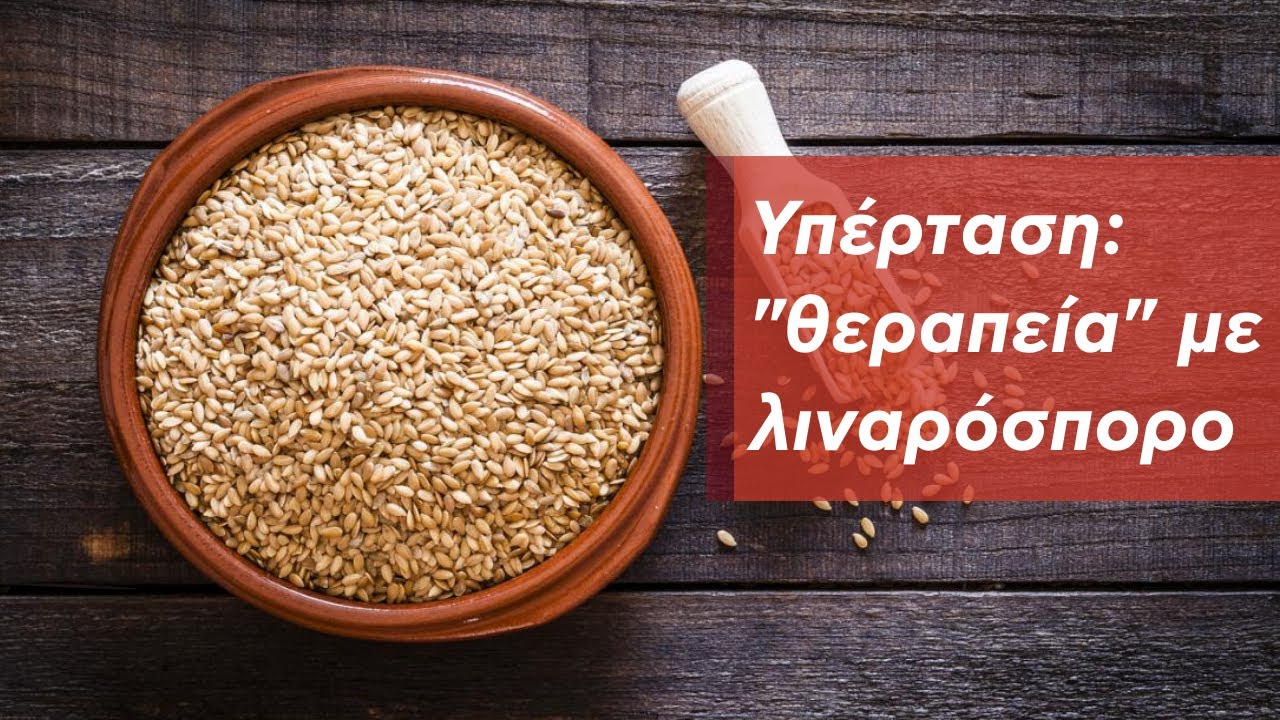
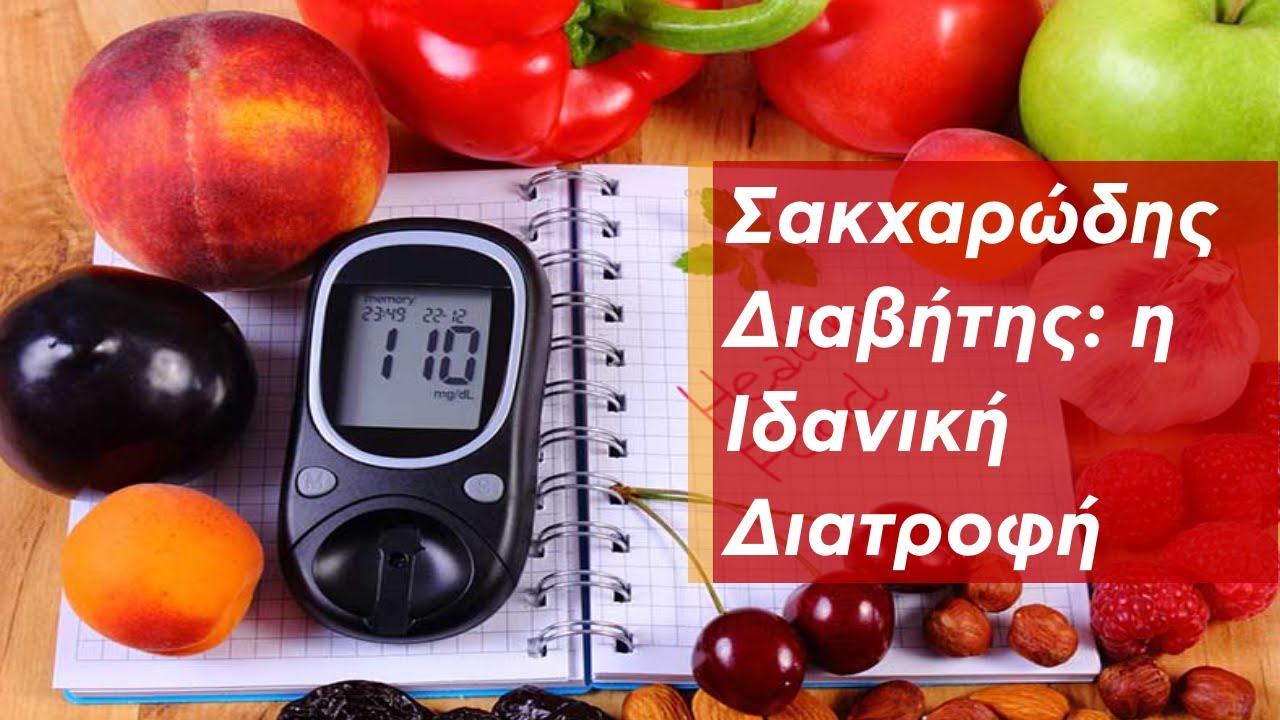
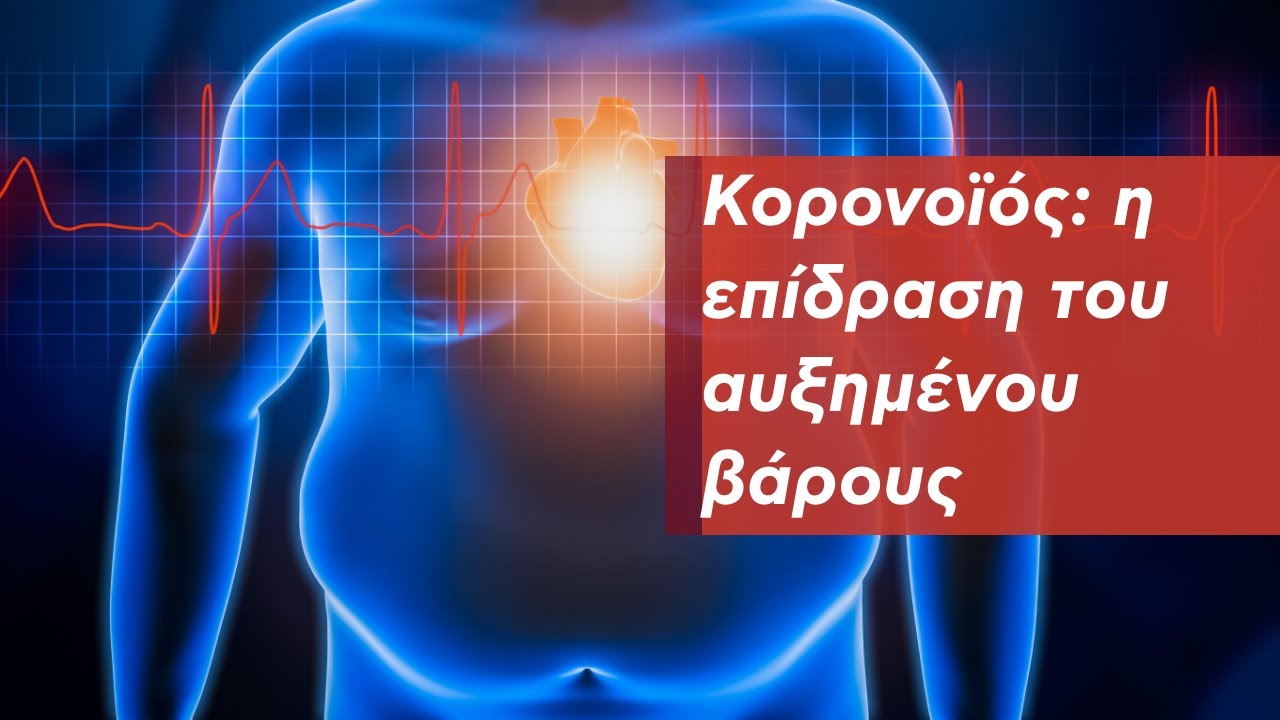
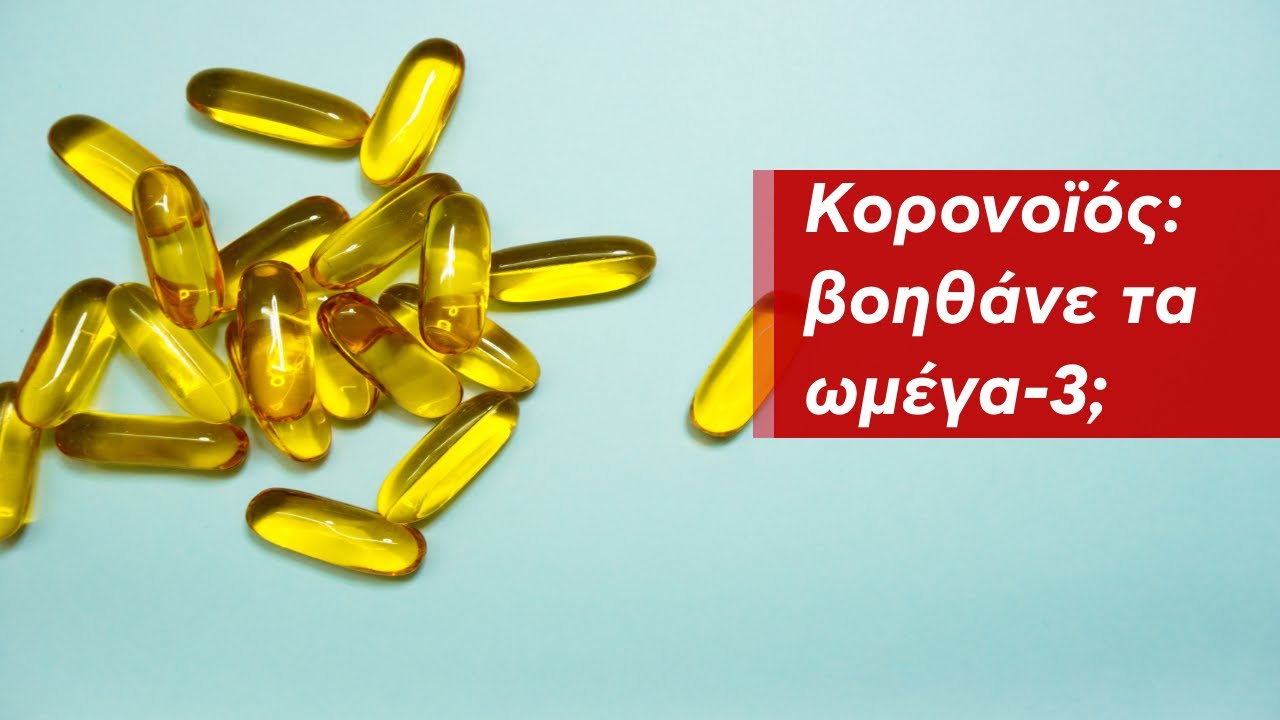
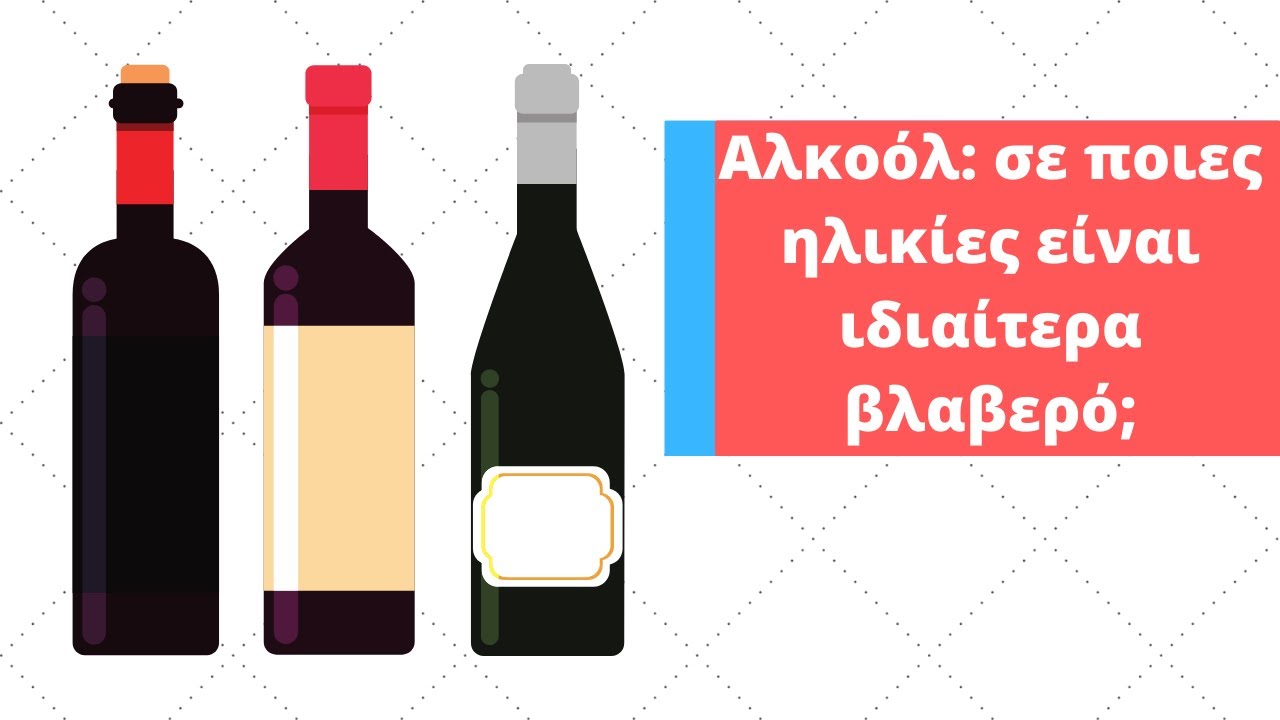
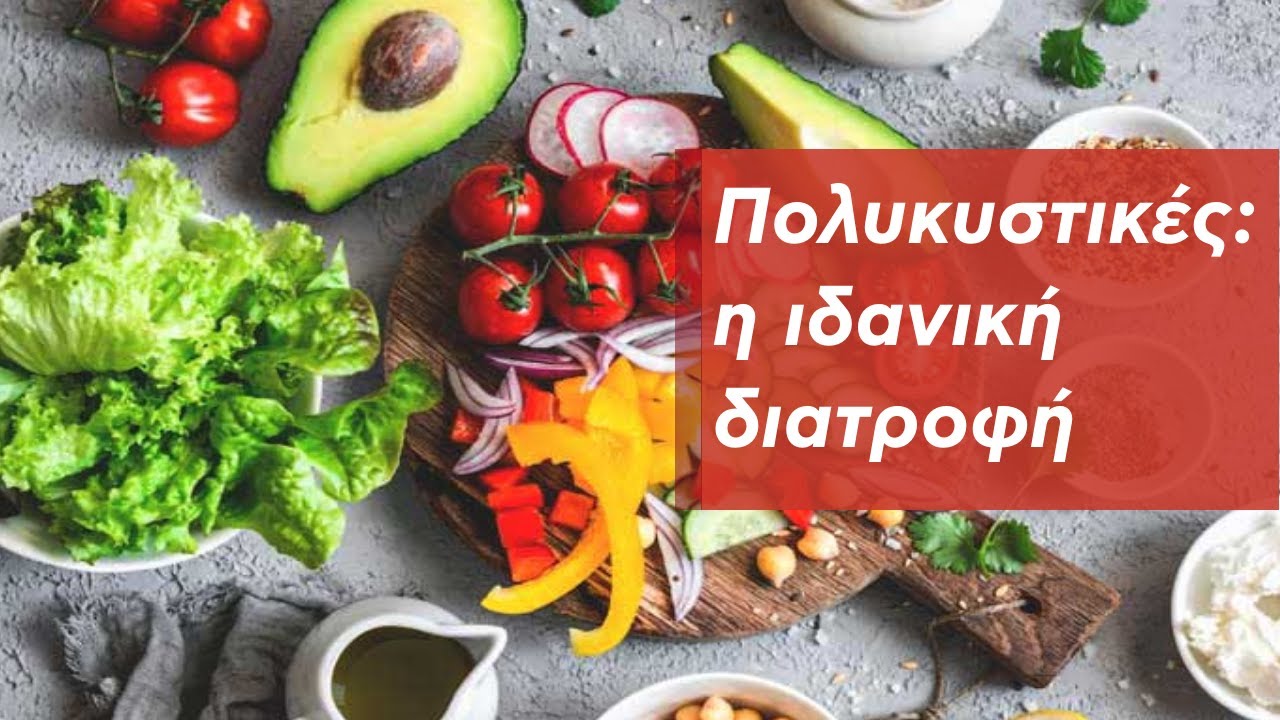


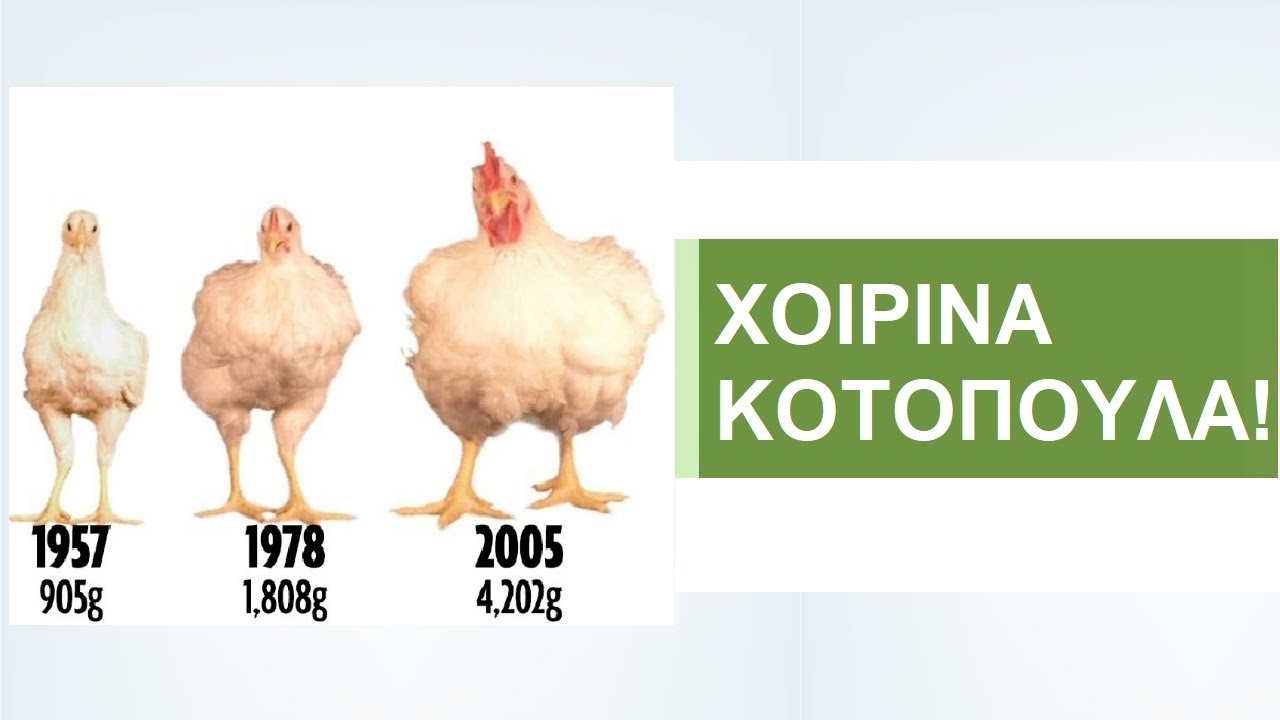
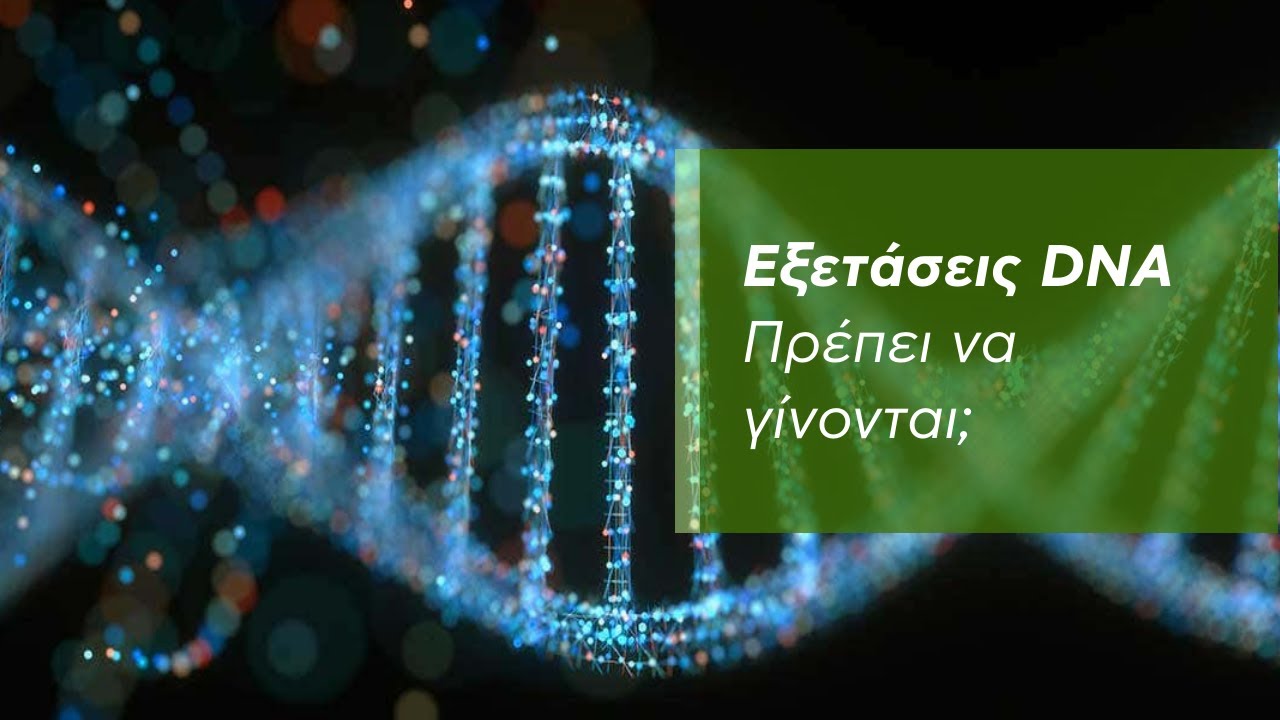
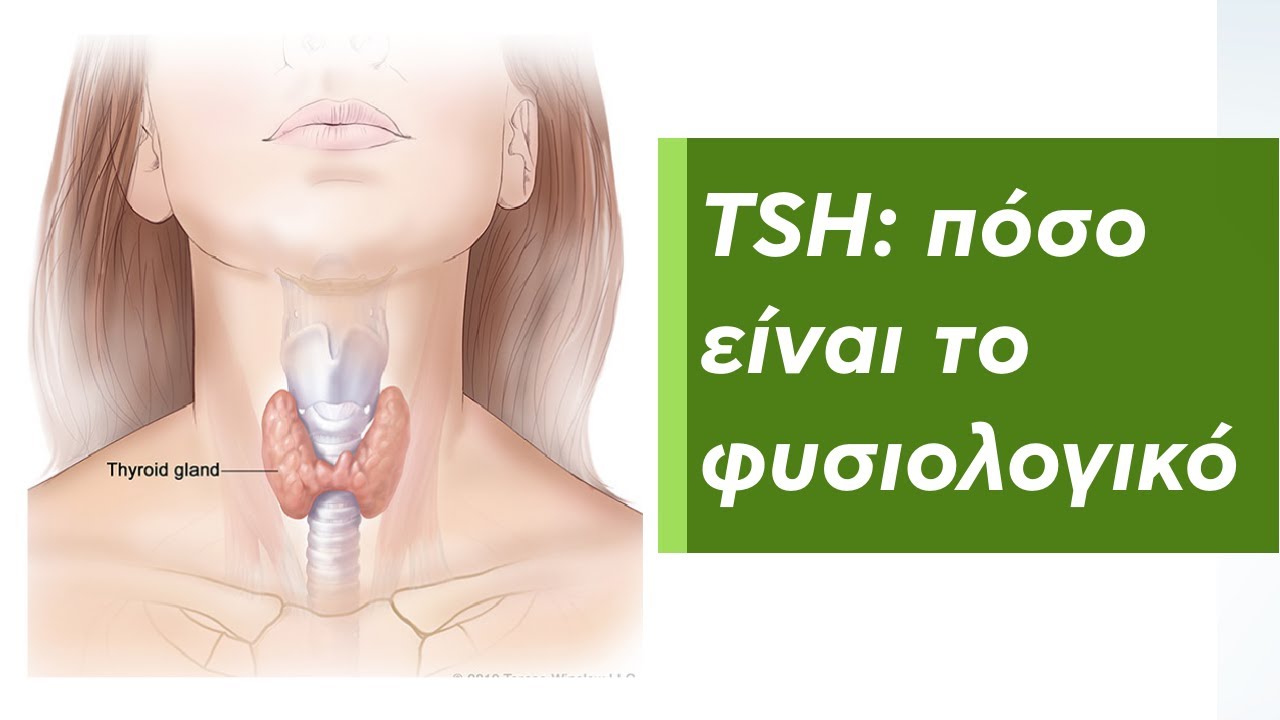


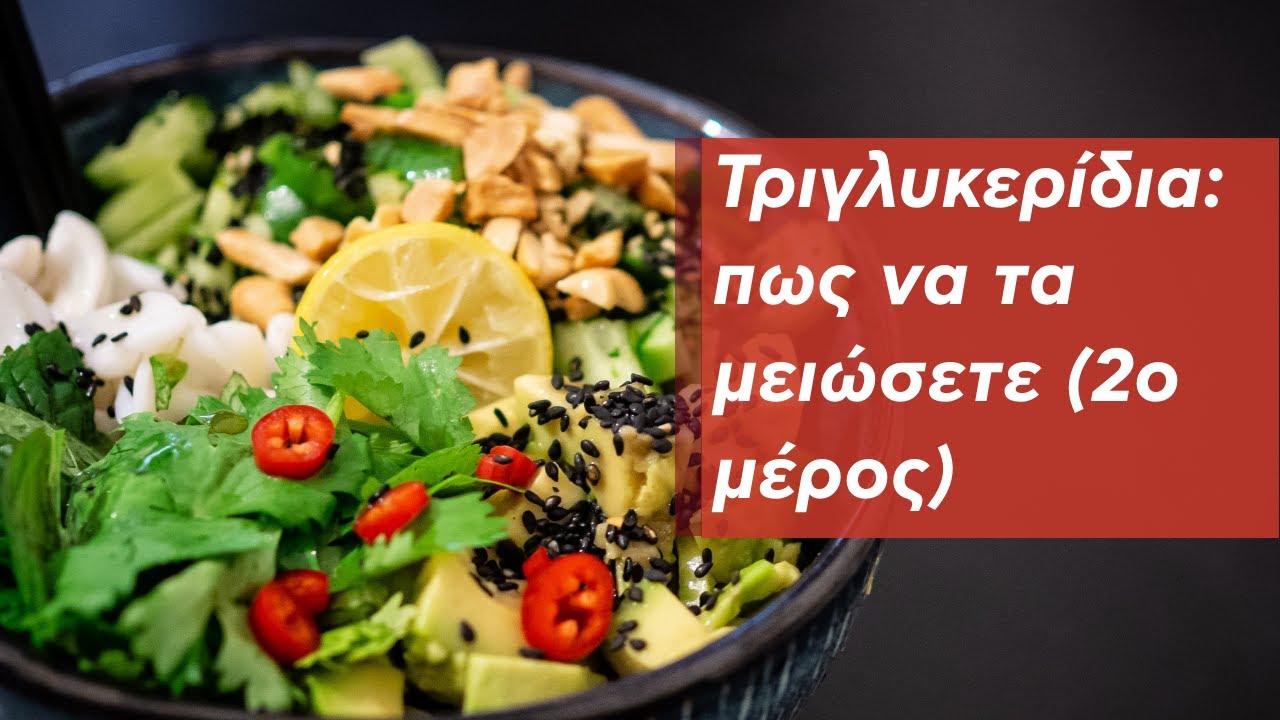
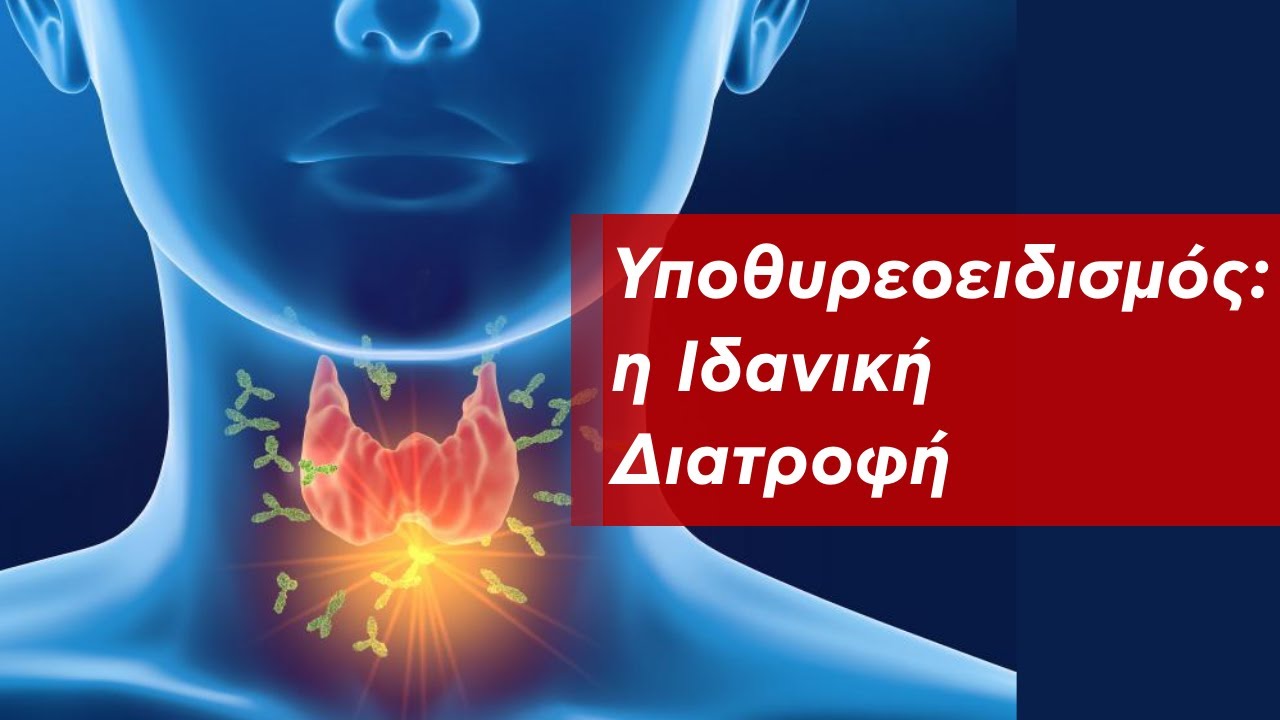
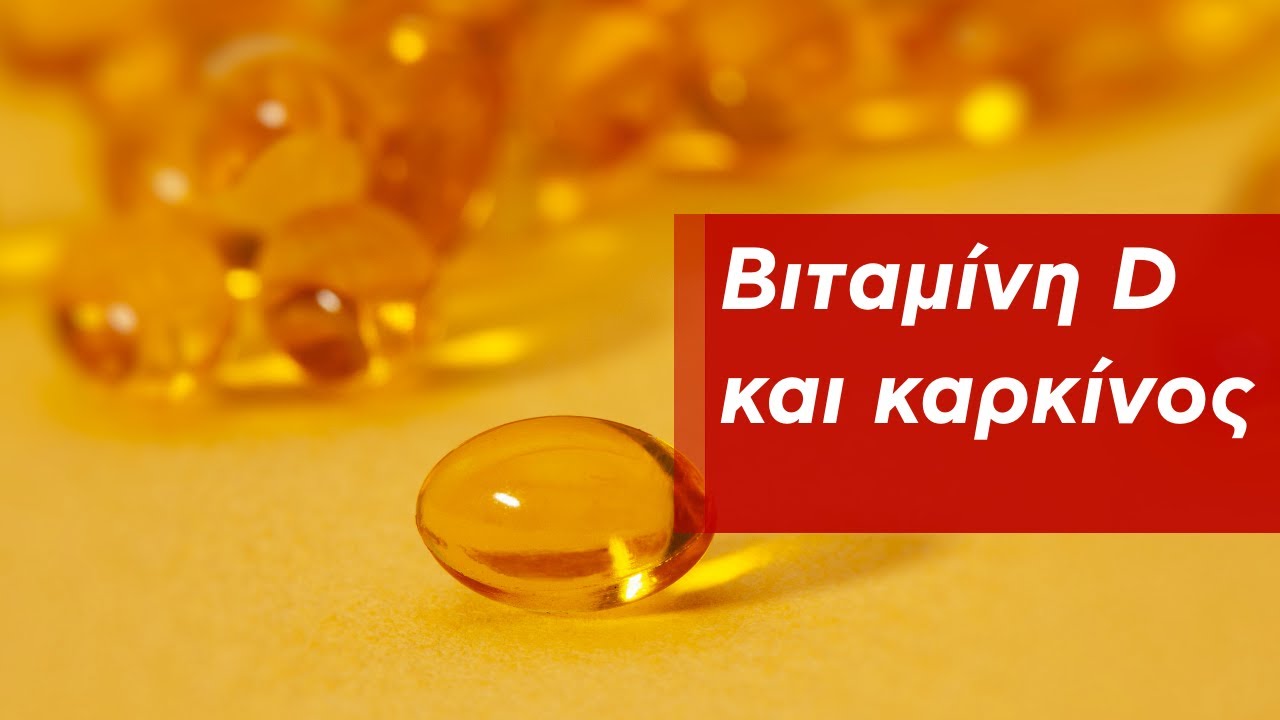
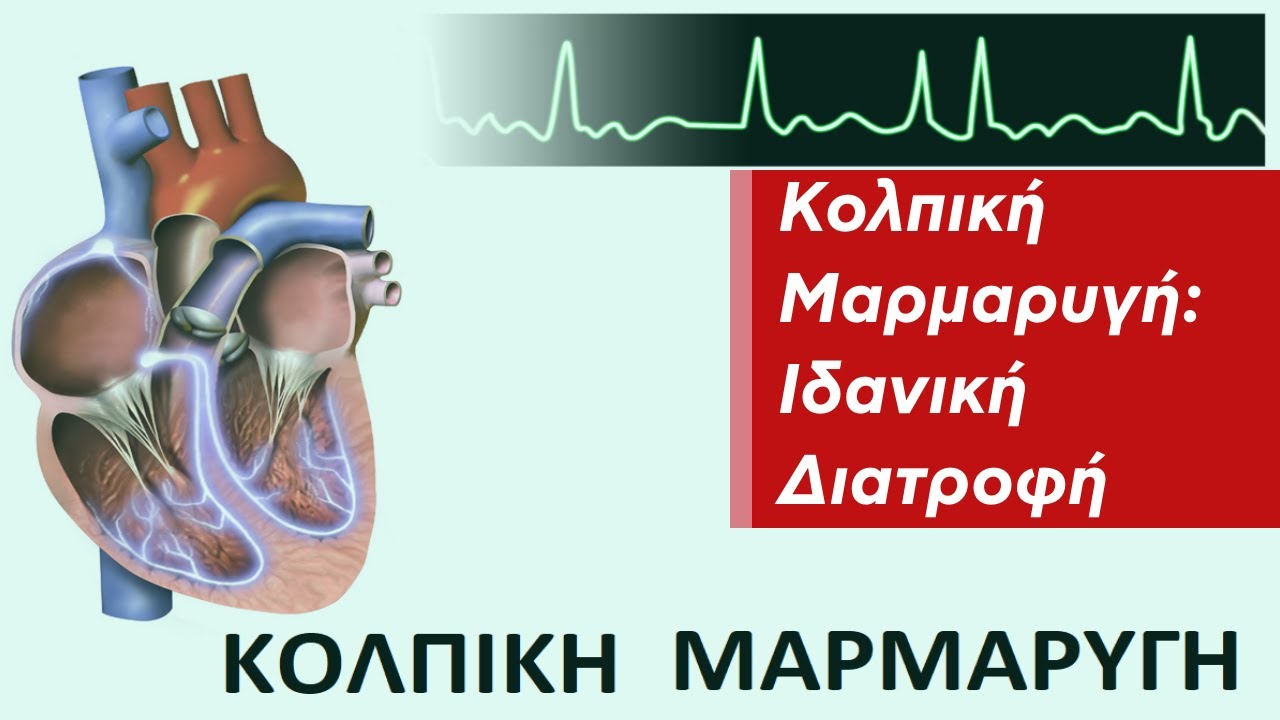


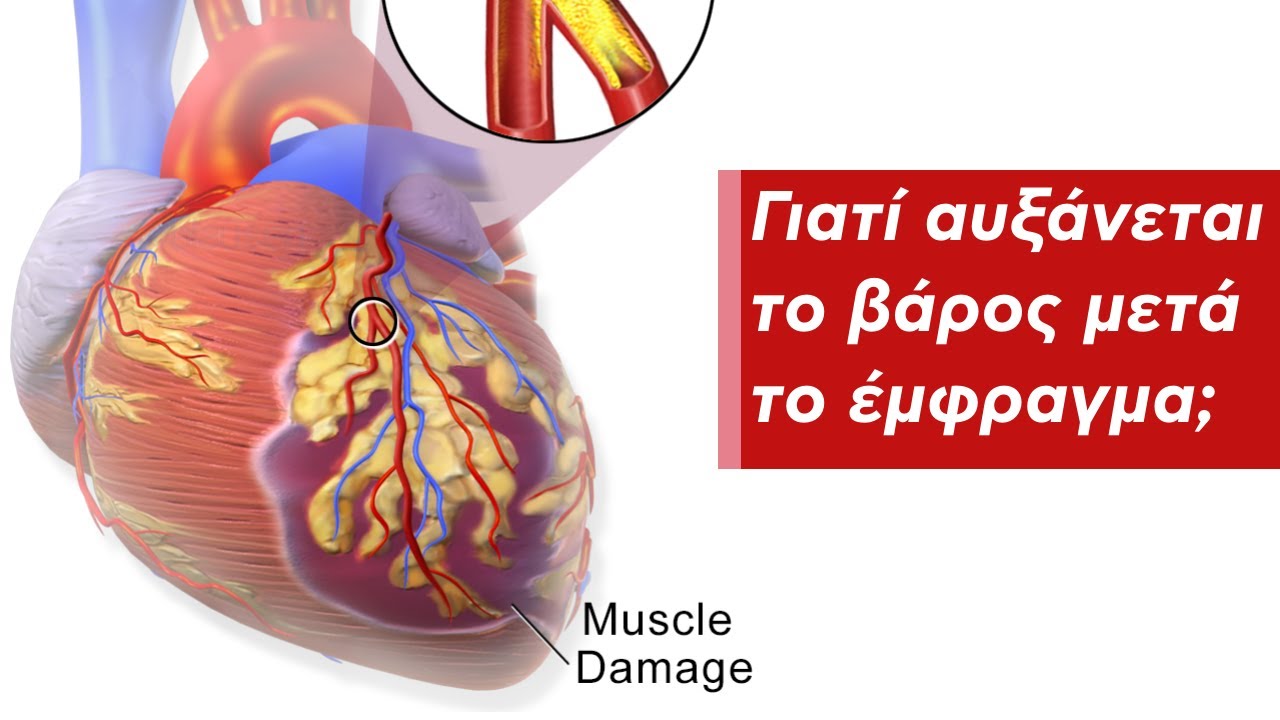

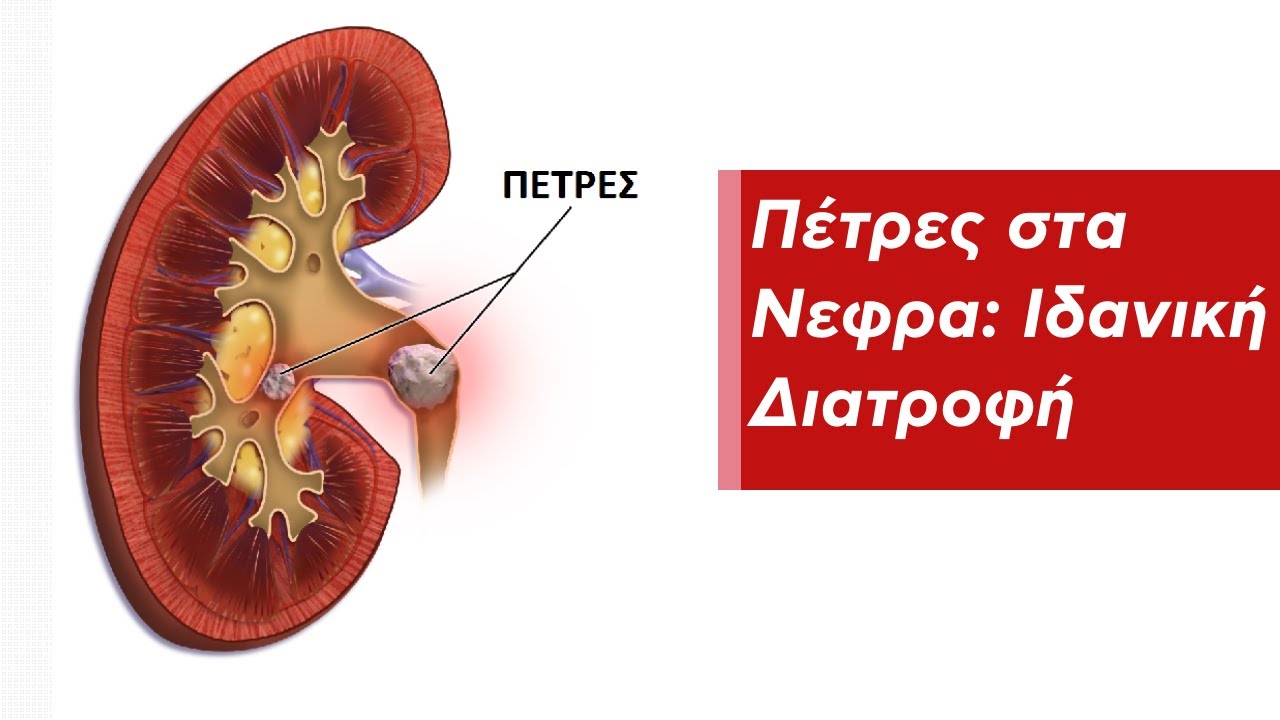

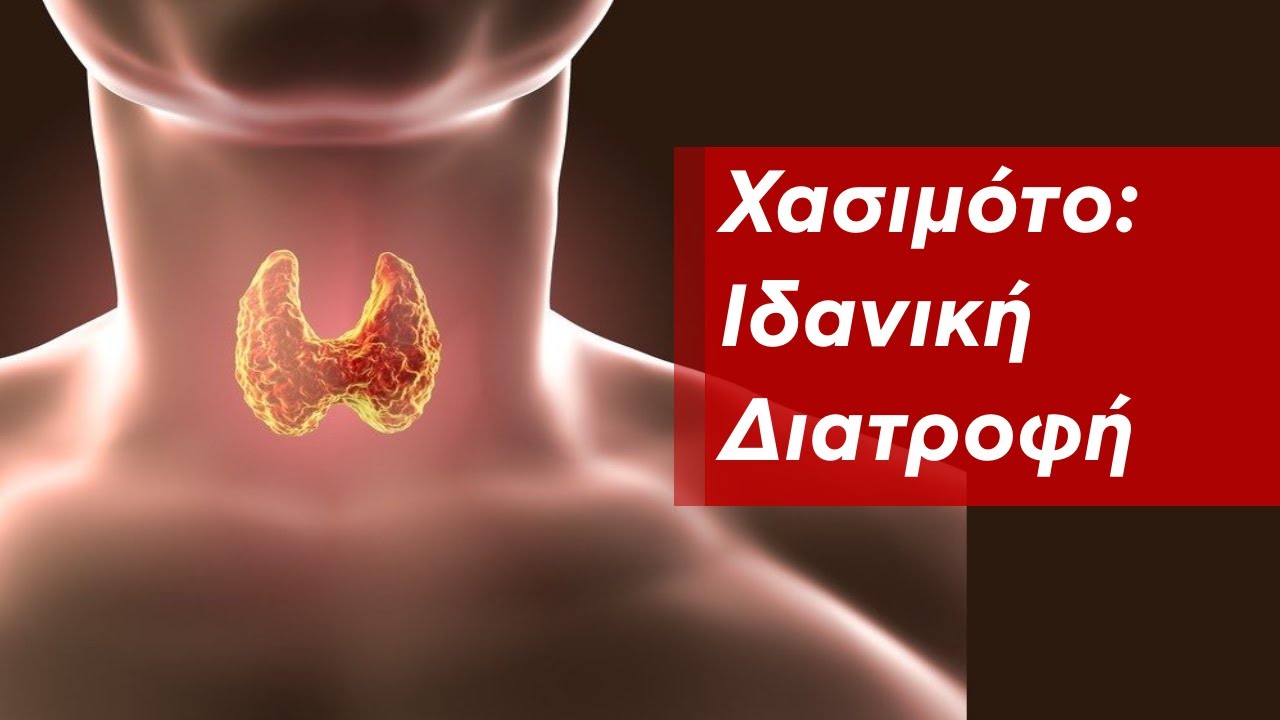
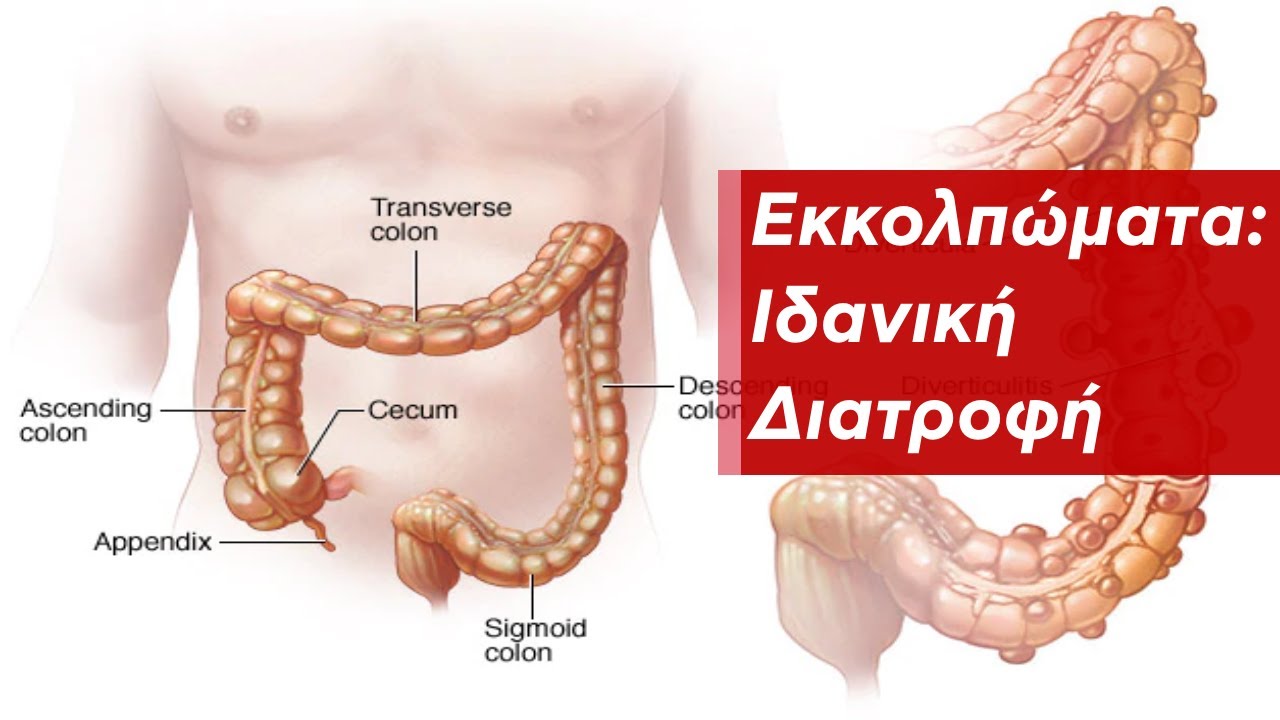
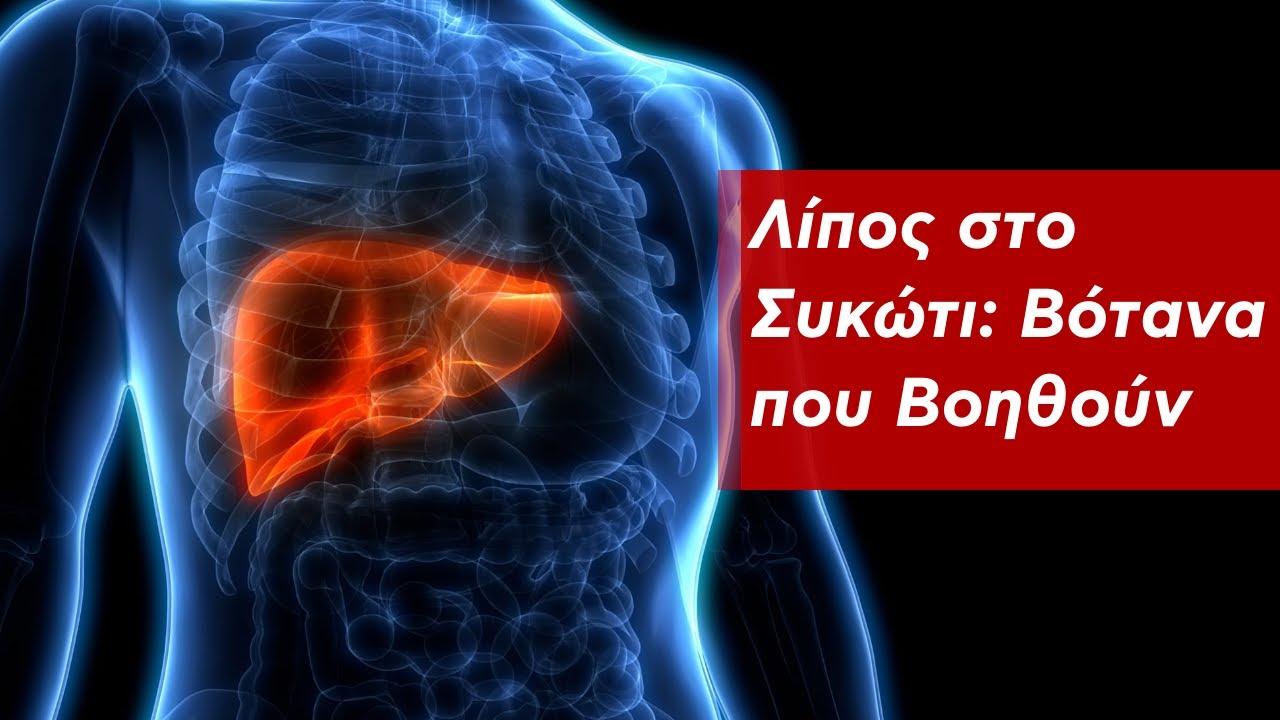
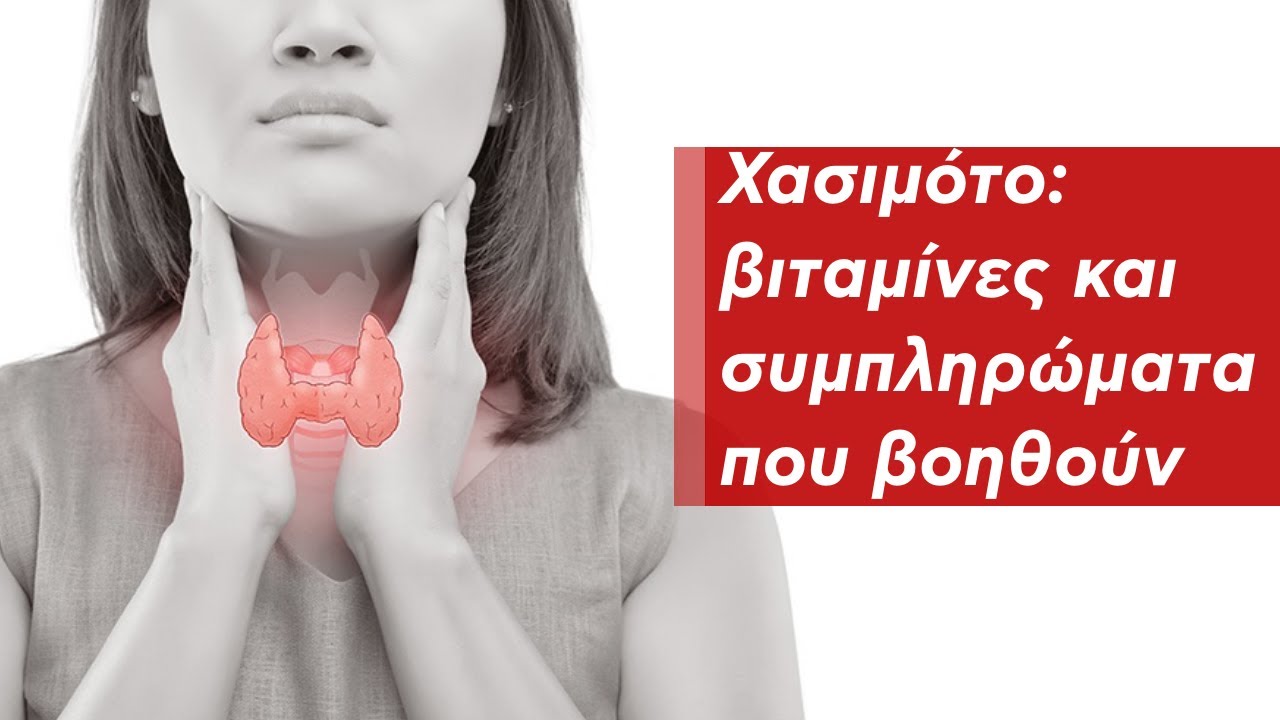
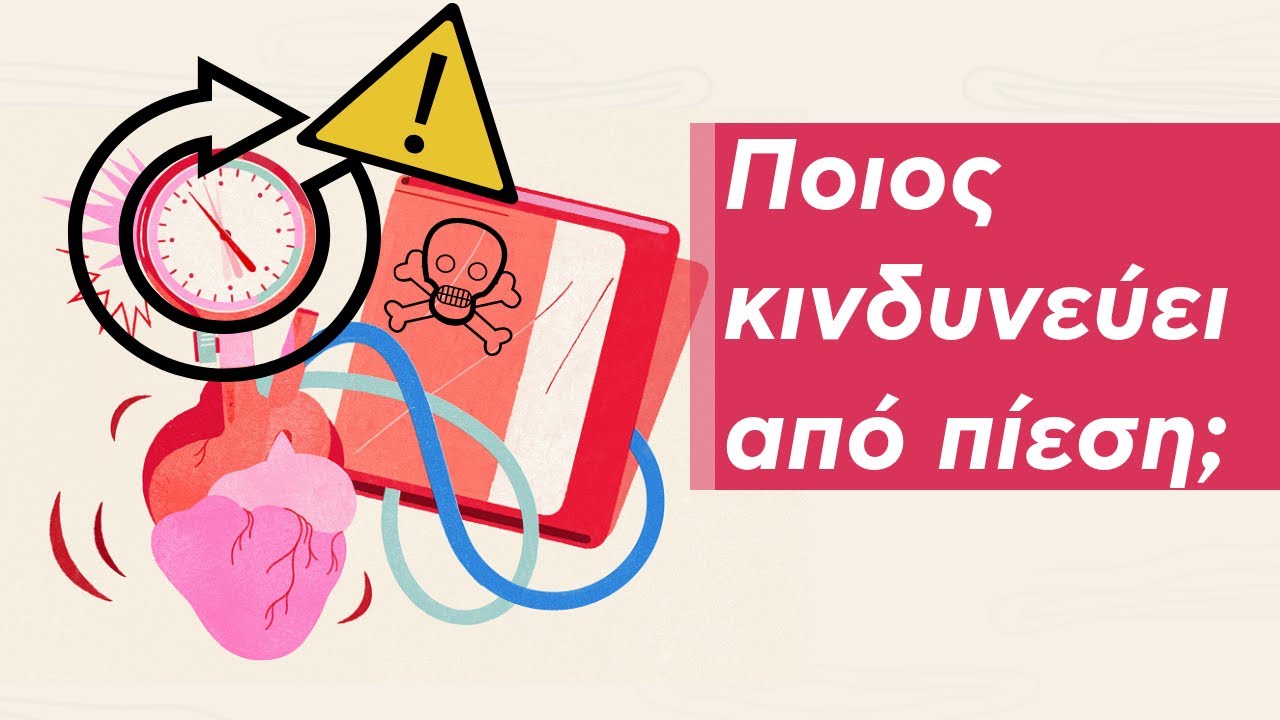
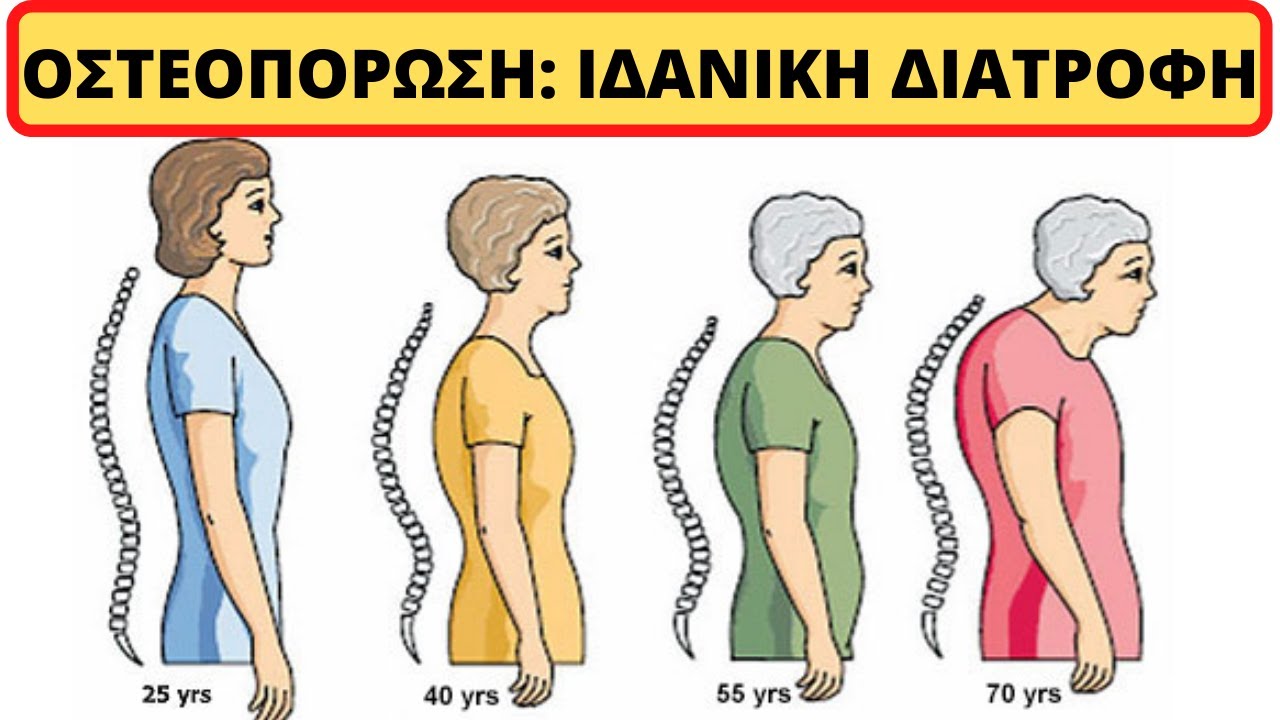

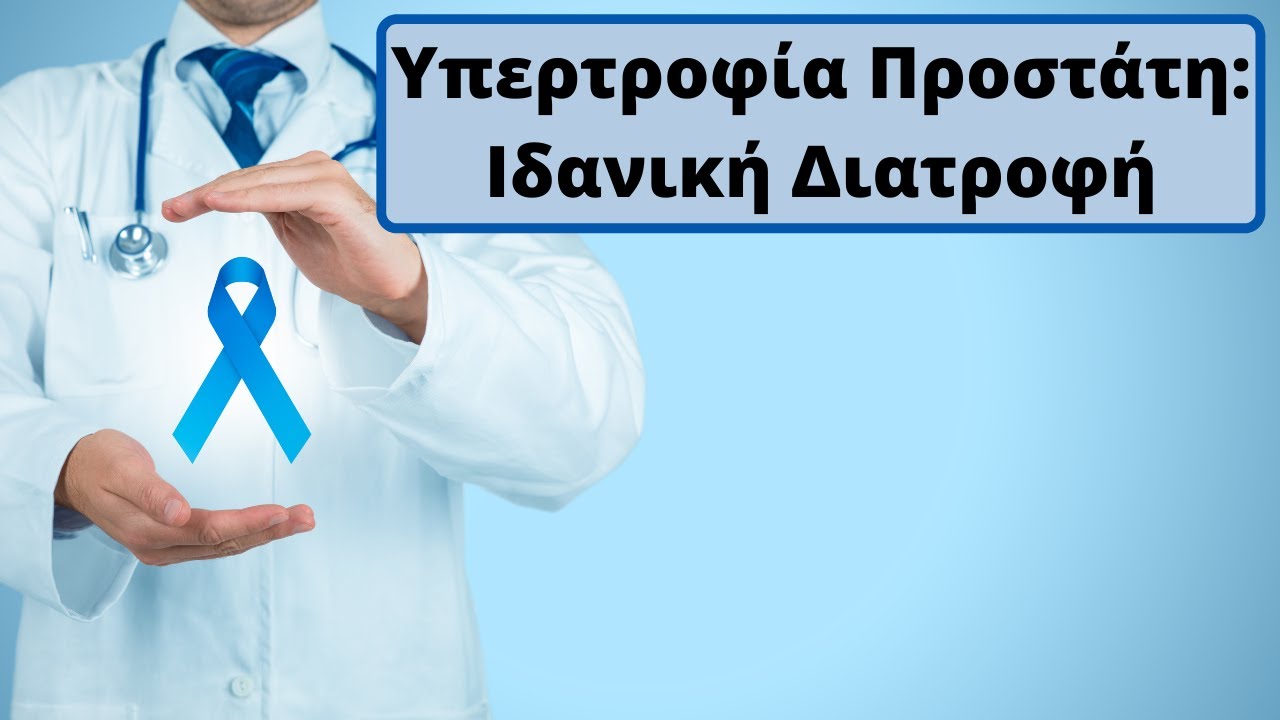
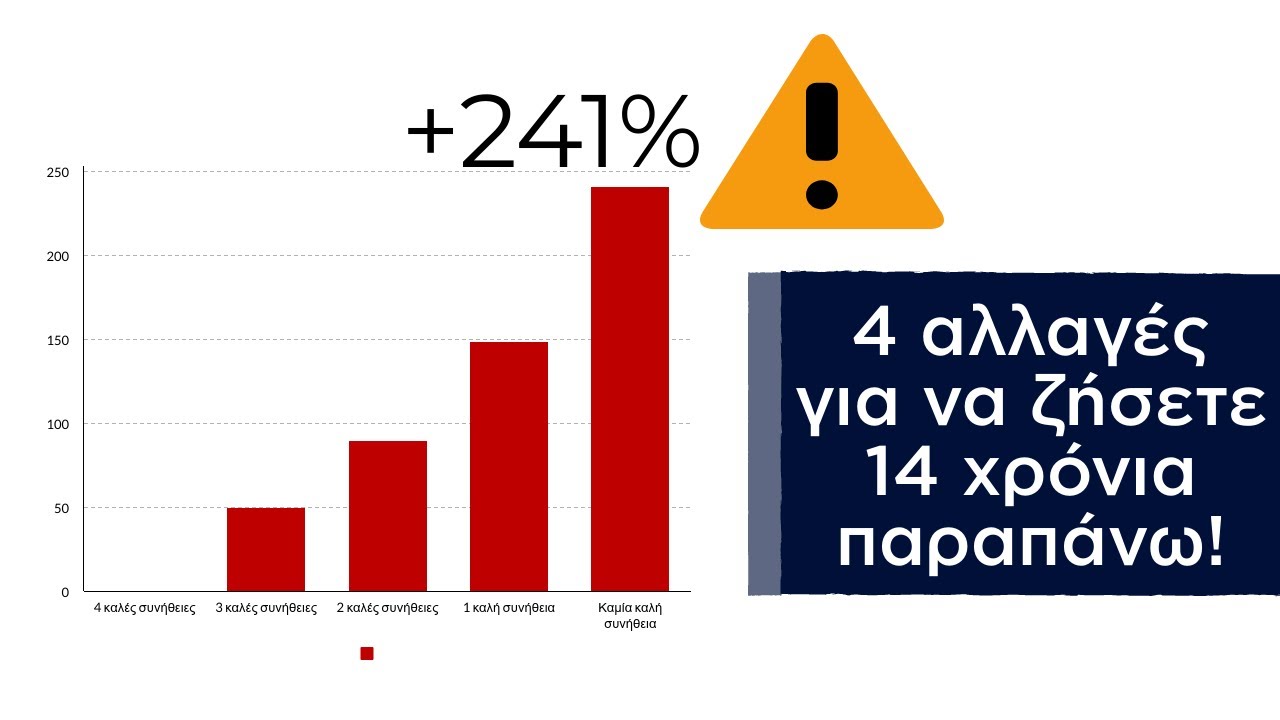
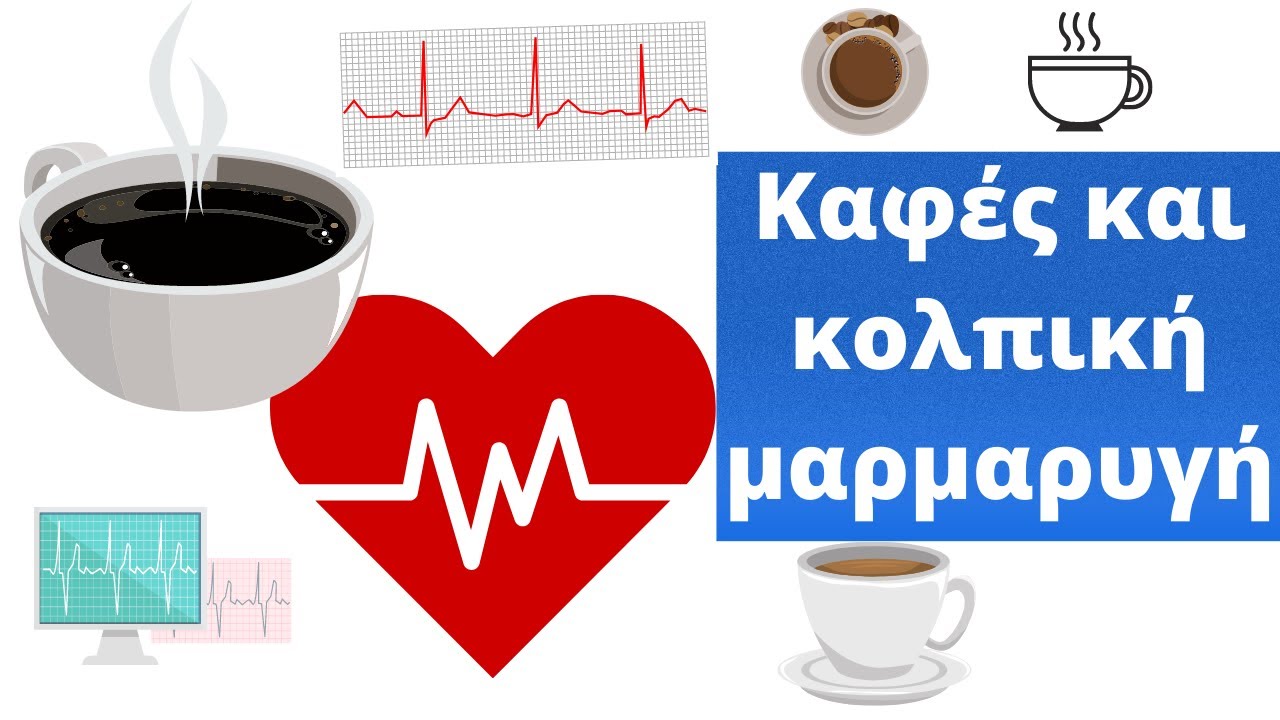
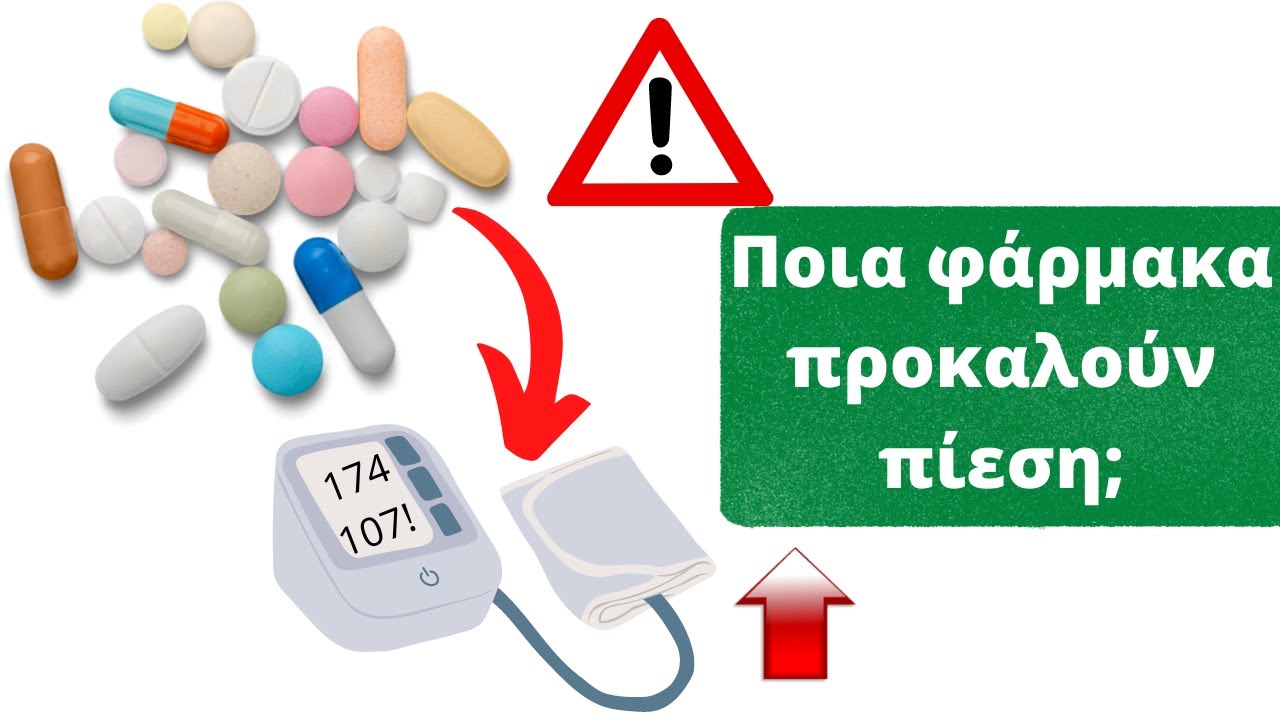

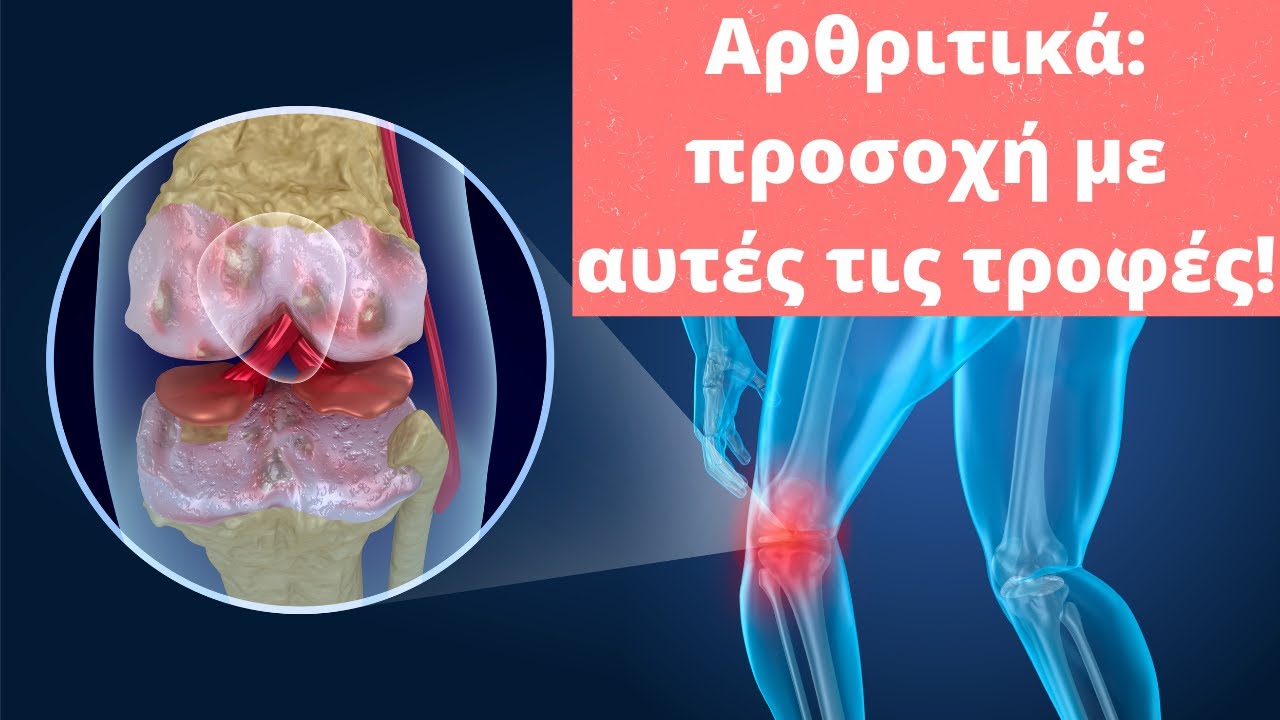

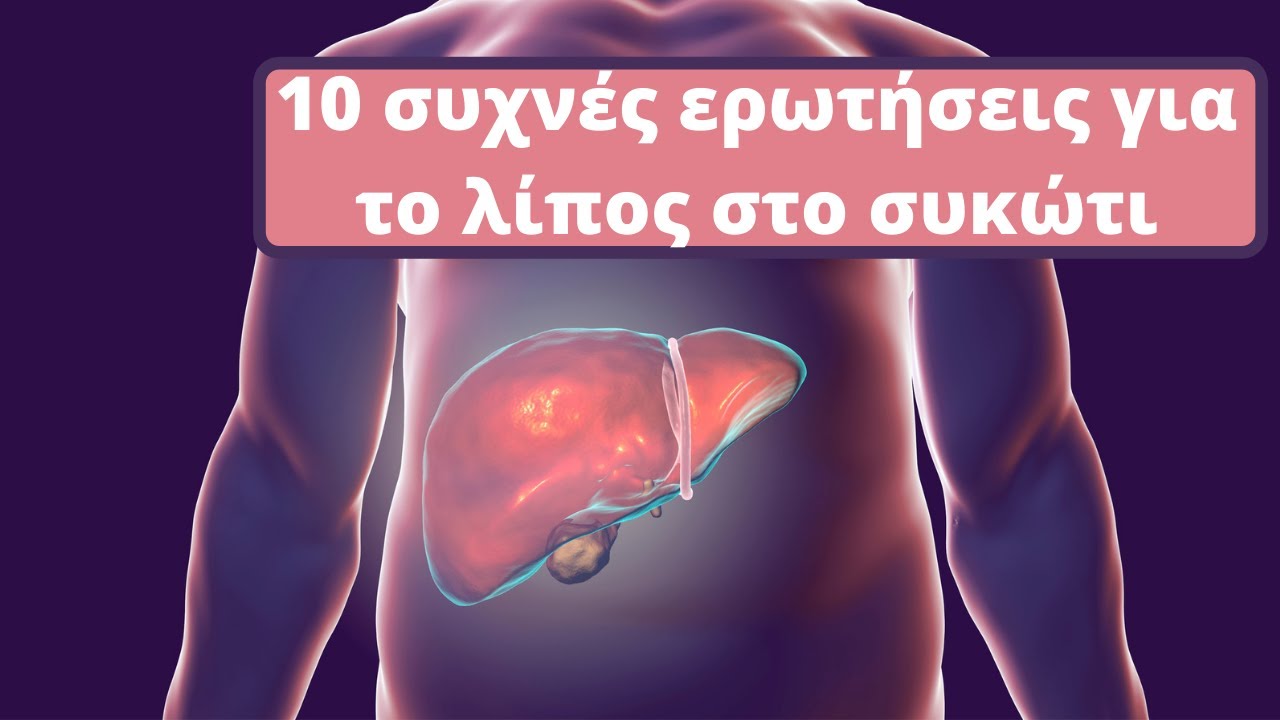
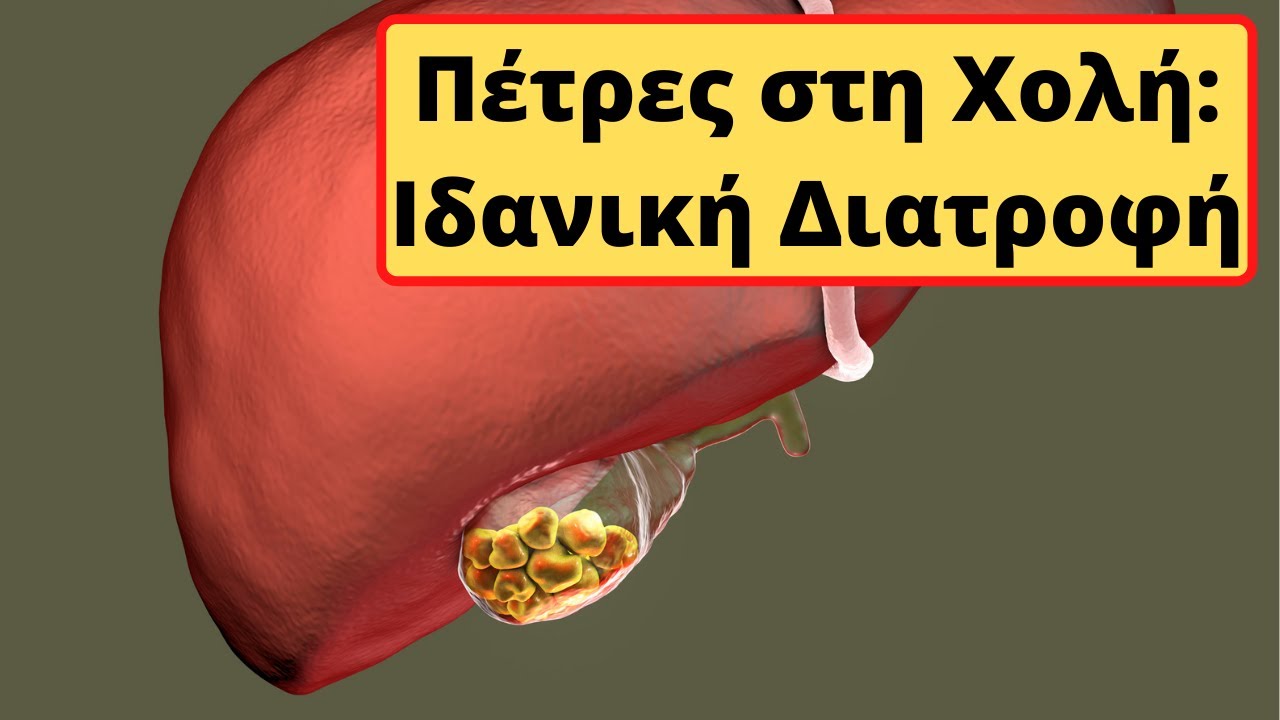
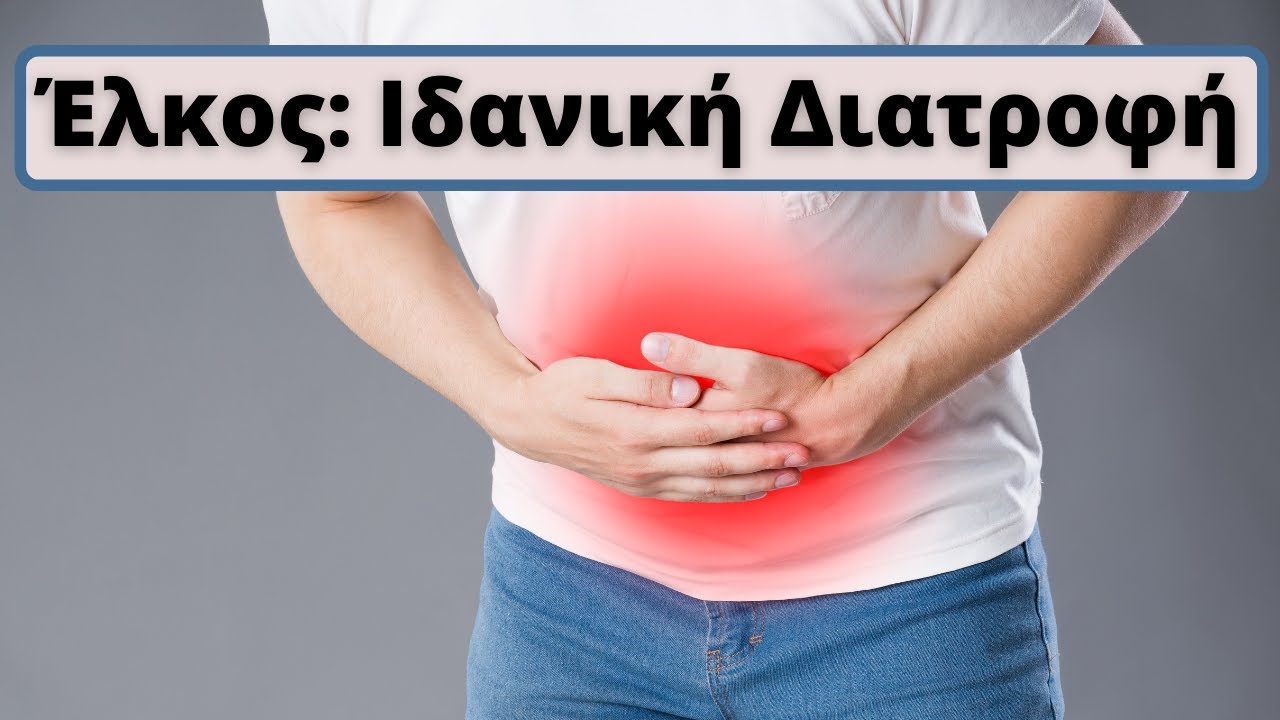
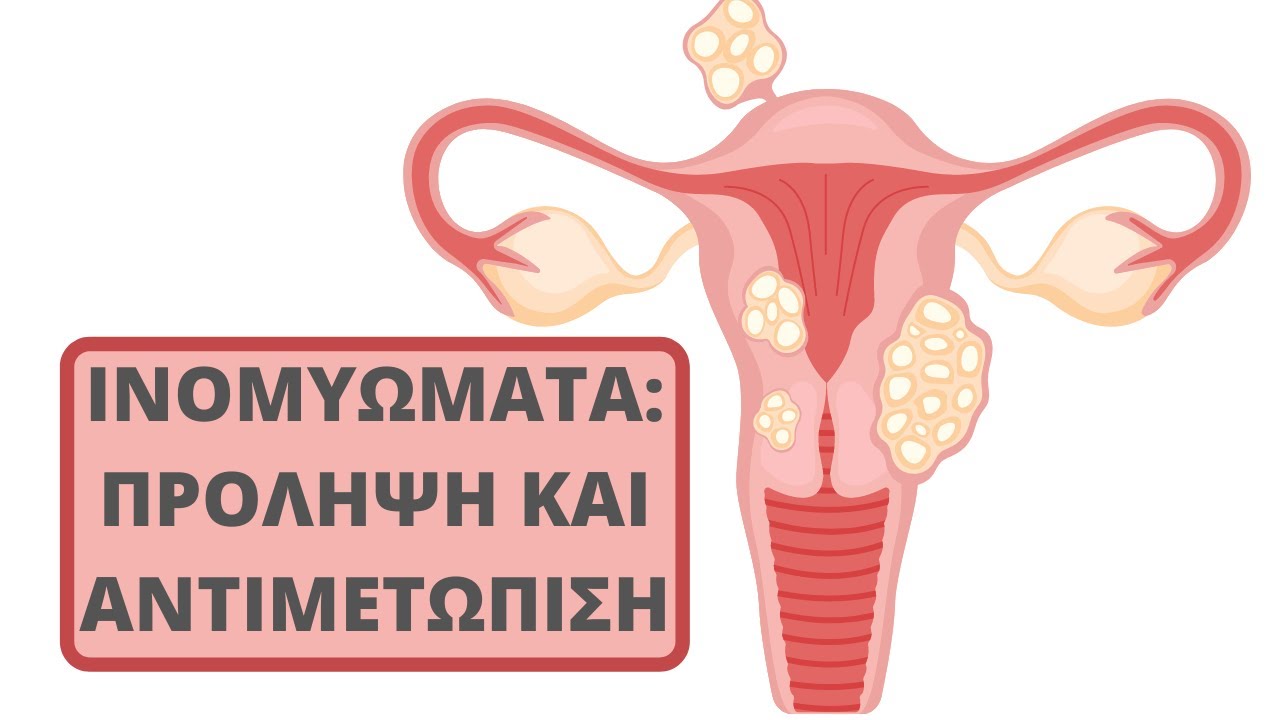

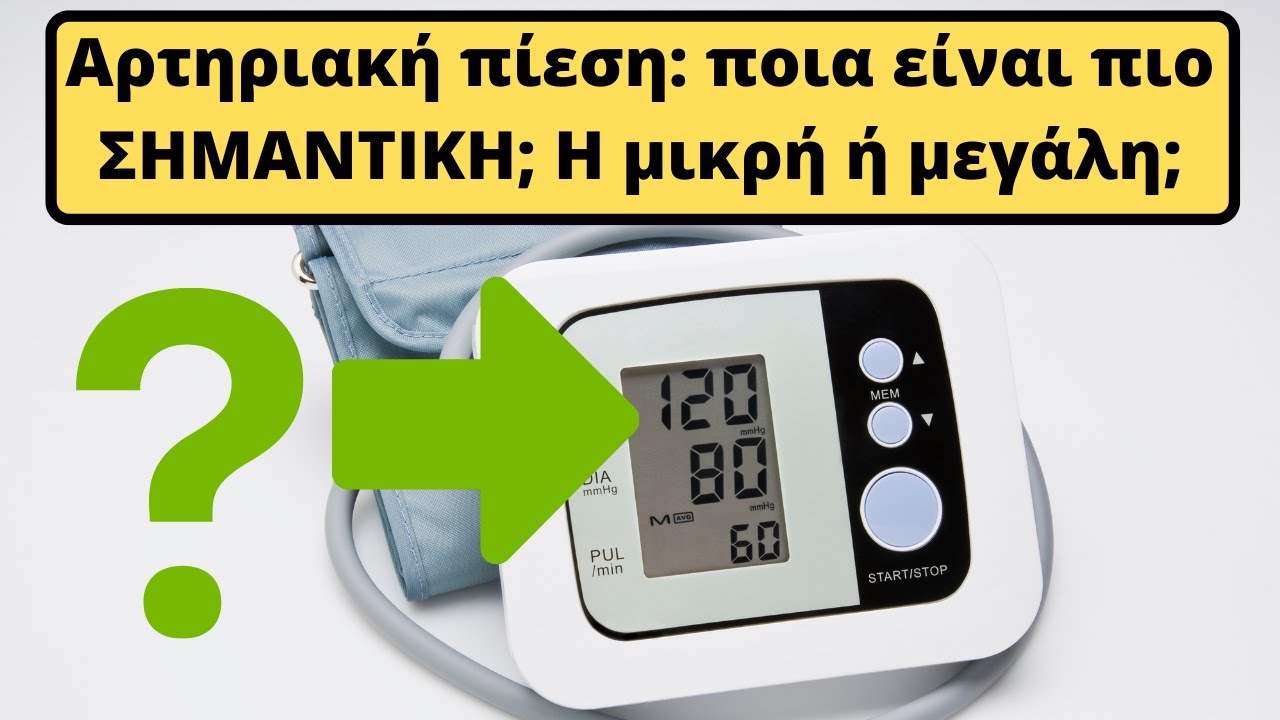
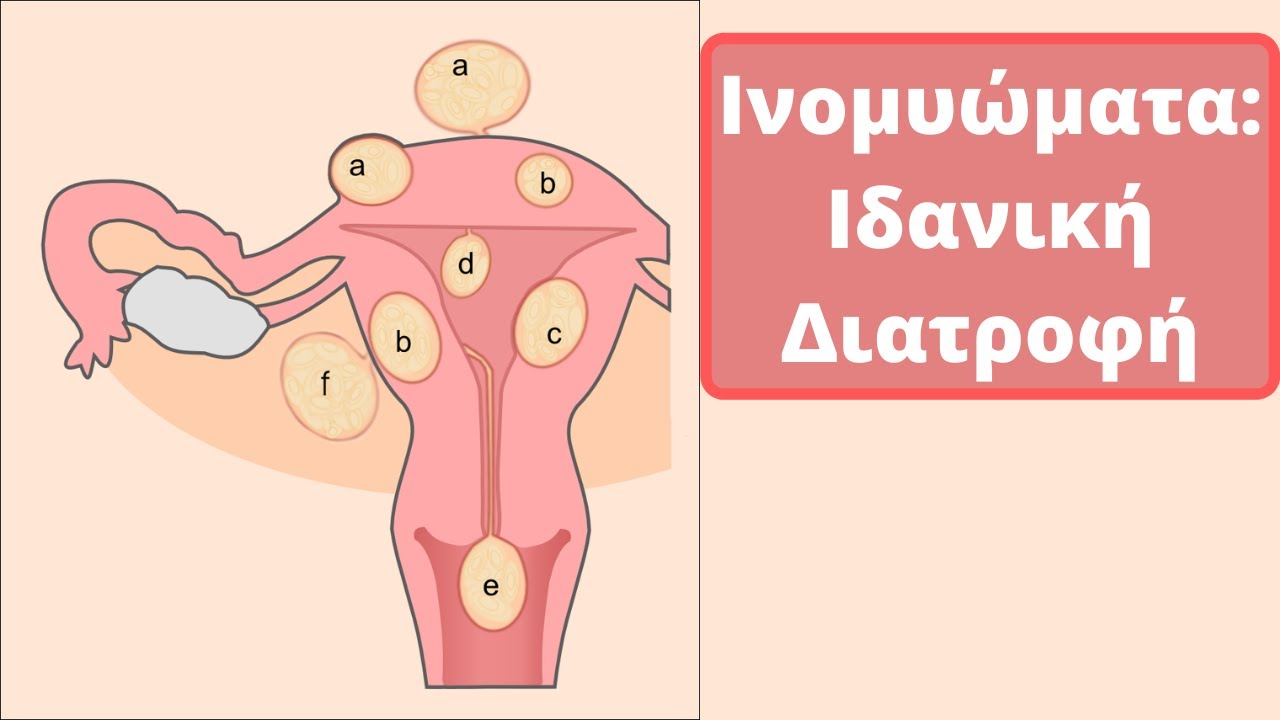







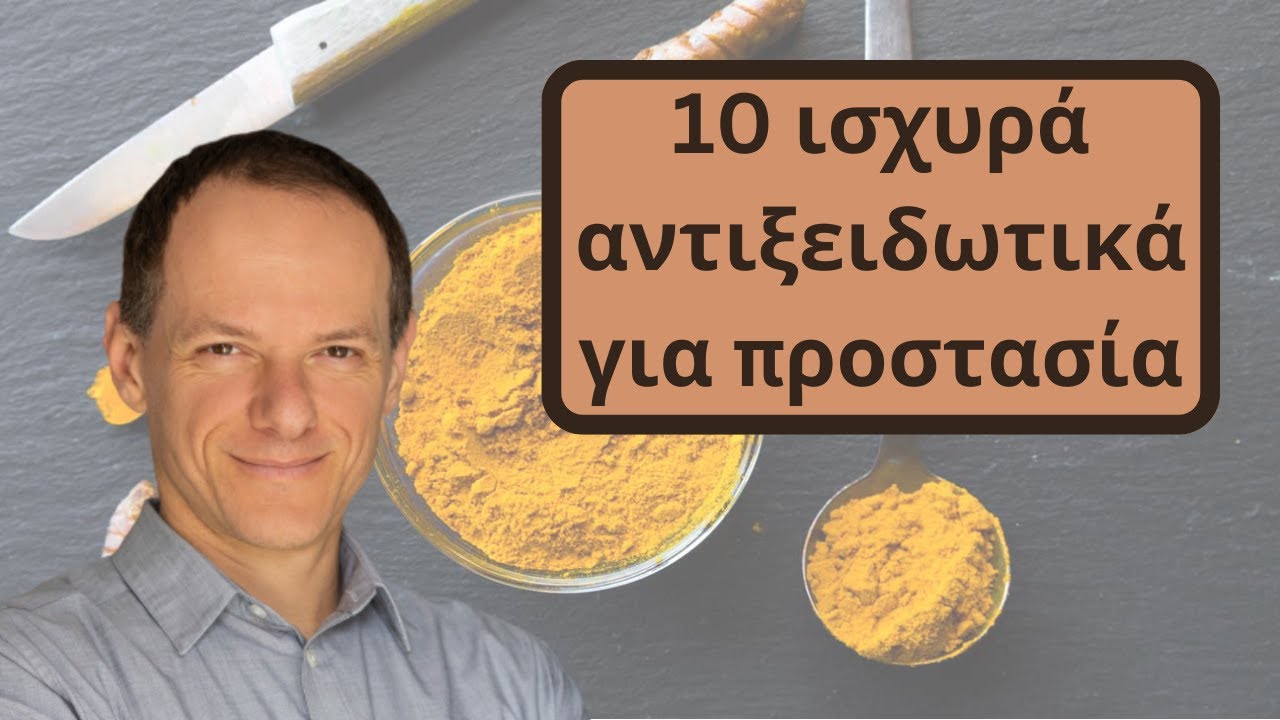
0 Σχόλια